Browse
By Subject: Political and Economic Anthropology
View: By Date | Alphabetical | eBooks | Paperbacks
-
eBook available
 Published May 2020
Published May 2020 Abortion in Post-revolutionary Tunisia
Politics, Medicine and Morality
Maffi, I.
After the revolution of 2011, the electoral victory of the Islamist party ‘Ennahdha’ allowed previously silenced religious and conservative ideas about women’s right to abortion. This book explores the changes and continuity in the local discourses and practices related to the body in Tunisia during this time.
Subjects: Medical Anthropology Gender Studies and Sexuality Political and Economic Anthropology
Hb -
eBook available
 Published April 2023
Published April 2023 Advocacy and Archaeology
Urban Intersections
Britt, K. M. & George, D. F. (eds)
Inspired by the idea of revolution and excitement about the ways archaeology is being used in social justice arenas, this volume seeks to visualize archaeology as part of a movement by redefining what archaeology is and does for the greater good.
Subjects: Archaeology History (General) Political and Economic Anthropology
Hb
Paperback available -
eBook available
 Published April 2022
Published April 2022 African Political Systems Revisited
Changing Perspectives on Statehood and Power
Bošković, A. & Schlee, G. (eds)
Reexamining a classical work of Social Anthropology, African Political Systems (1940), edited by Fortes and Evans-Pritchard, this book looks at the colonial and academic context from which the work arose, as well as its reception and its subject matter and looks at how the work can help with analysis of current politics in Africa.
Subjects: Political and Economic Anthropology Colonial History Development Studies
Hb
Paperback available -
 Published August 1996
Published August 1996 After Socialism
Land Reform and Social Change in Eastern Europe
Abrahams, R. (ed)
Subjects: History (General) Political and Economic Anthropology Development Studies
Hb
Paperback available -
 Published March 2020
Published March 2020 After the Pink Tide
Corporate State Formation and New Egalitarianisms in Latin America
Gold, M. & Zagato, A. (eds)
The left-wing Pink Tide movement that swept across Latin America seems to now be overturned, as a new wave of free-market thinkers emerge across the continent. This book analyses the emergence of corporate power within Latin America and the response of egalitarian movements across the continent trying to break open the constraints of the state.
Subjects: Political and Economic Anthropology Anthropology (General)
Paperback available -
eBook available
 Published December 2023
Published December 2023 Agency and Archaeology of the French Maritime Empire
Gauthier-Bérubé, M. & Dempsey, A. (eds)
Through detailed archaeological case study, a multiregional approach and a theoretical approach around agencies and individuality, this volume focuses on the diversity of the population that participated in the maritime network of France through the 17th to the 19th century and whose agency and importance is often overlooked.
Subjects: Archaeology Colonial History Political and Economic Anthropology
Hb -
eBook available
 Published August 2018
Published August 2018 All or None
Cooperation and Sustainability in Italy's Red Belt
Sánchez Hall, A.
All or None is a social history and anthropological study of the world’s oldest voluntary collective farms in Ravenna, Italy, addressing the question of the viability of cooperative enterprise as a potential solution for displaced workers, and as a more humane alternative to capitalist agribusiness.
Subjects: Anthropology (General) Political and Economic Anthropology
Hb -
eBook available
 Published September 2011
Published September 2011 The Allure of Capitalism
An Ethnography of Management and the Global Economy in Crisis
Røyrvik, E. A.
Subjects: Applied Anthropology Political and Economic Anthropology
Hb
Paperback available -
 Forthcoming April 2026
Forthcoming April 2026 Alterity and Human Evolution
Deep-Time and Multispecies Perspectives on Difference and Variation
Abadía, O. & Porr, M. (eds)
Engaging critically with concepts of race, species, and otherness, Alterity and Human Evolution contributes to current debates on human evolution. Drawing on postcolonial and critical frameworks from the Humanities and Social Sciences, it interrogates key foundational concepts and assumptions underpinning evolutionary discourses.
Subjects: Political and Economic Anthropology Archaeology
-
eBook available
 Published December 2016
Published December 2016 America Observed
On an International Anthropology of the United States
Dominguez, V. & Habib, J. (eds)
There is surprisingly little fieldwork done in and on the United States by anthropologists from abroad. America Observed seeks to fill that gap by bringing into greater focus empirical as well as theoretical implications of this phenomenon for anthropological research and practice.
Subjects: Anthropology (General) Sociology Political and Economic Anthropology
Hb
Paperback available -
 Published January 2007
Published January 2007 Anarchism, Revolution and Reaction
Catalan Labor and the Crisis of the Spanish State, 1898-1923
Smith, A.
Subjects: History: 20th Century to Present Sociology Political and Economic Anthropology
Hb -
eBook available
 Published November 2012
Published November 2012 Anthropology and Political Science
A Convergent Approach
Aronoff, M. J. & Kubik, J.
Subjects: Theory and Methodology Political and Economic Anthropology
Hb
Paperback available -
eBook available
 Published September 2023
Published September 2023 An Anthropology of Disappearance
Politics, Intimacies and Alternative Ways of Knowing
Huttunen, L. & Perl, G. (eds)
All over the world, people deliberately disappear from their families, communities and the state’s bureaucratic gaze, as victims of oppressive regimes or while migrating along clandestine routes. This edited volume brings together scholars who engage ethnographically with such disappearances in various cultural, social and political contexts.
Subjects: Political and Economic Anthropology Refugee and Migration Studies Memory Studies
Hb -
eBook available
 Published July 2025
Published July 2025 The Anthropology of Retirement
Life Beyond Work
Garvey, P. & Miller, D. (eds)
Experience of retirement varies considerably across the globe, from areas where most people cannot afford to retire to places where a multitude of new possibilities are being developed for retirees. This book is an anthropological approach to consider the range of contexts and consequences that impact life beyond work.
Subjects: Political and Economic Anthropology Sociology
Hb -
eBook available
 Published March 2023
Published March 2023 Anthropology, Nationalism and Colonialism
Mendes Correia and the Porto School of Anthropology
Ferraz de Matos, P.
Contributing to the history of anthropology, this book looks at the Porto School of Anthropology and analyses the life and work of its main mentor – Mendes Correia (1888-1960). Focused on Portugal, the analysis is also comparative with other international contexts.
Subjects: Anthropology (General) Colonial History Political and Economic Anthropology
Hb
Paperback available -
 Published October 2021
Published October 2021 The Anthroposcene of Weather and Climate
Ethnographic Contributions to the Climate Change Debate
Sillitoe, P. (ed)
While it is widely acknowledged that climate change is among the greatest global challenges of our times, it has local implications too. This volume forefronts these, giving anthropology a voice in this great debate, which natural scientists and policy makers have dominated thus far.
Subjects: Environmental Studies (General) Political and Economic Anthropology Urban Studies Sustainable Development Goals
Paperback available -
eBook available
 Published December 2019
Published December 2019 An Archaeology of Unchecked Capitalism
From the American Rust Belt to the Developing World
Shackel, P. A.
By drawing parallels between the past and present – for example, the coal mines of the nineteenth-century northeastern Pennsylvania and the sweatshops of the twenty-first century in Bangladesh – we can have difficult conversations about the past and advance our commitment to address social justice issues.
Subjects: Archaeology History (General) Political and Economic Anthropology
Hb
Paperback available -
 Published January 2026
Published January 2026 Arctic Silk Roads
An Anthropology of the Unbuilt
Magnani, N. & Magnani, M. (Eds.)
As climate change accelerates, melting sea ice is fueling the global imagination and geopolitical anticipation of the Arctic region’s accessible transport routes and possibilities for resource extraction. Arctic Silk Roads examines the different conditions under which top-down infrastructural dreams facilitate or constrain individual agencies.
Subjects: Political and Economic Anthropology Environmental Studies (General) Development Studies Sustainable Development Goals
-
 Forthcoming June 2026
Forthcoming June 2026 Artisanal and Small-Scale Mining Formalization in Ghana
A Decolonial and Legal Pluralist Analysis
Mensah, L.
The historical emergence of centralised mineral resource governance in Ghana can be tied to its failed colonially transplanted legal system. This book offers a reflection of artisanal and small-scale mining (ASM) formalisation, with a focus on its complex operationalisation in formerly colonized societies, to consider environmental responsibility and accountability in the administration of access to mineral rights.
Subjects: Political and Economic Anthropology Colonial History Sustainable Development Goals
-
eBook available
 Published October 2023
Published October 2023 Assembling Financialisation
Local Actors and the Making of Agricultural Investment
Langford, Z.
Farmers, Indigenous organisations, government and private-sector intermediaries from remote Northern Australia often negotiate with private finance capital to gain funds for agricultural development.This book demonstrates that while financialisation is a useful signifier of patterns of global change, it is assembled by a diverse range of often contradictory work.
Subjects: Political and Economic Anthropology Sociology Sustainable Development Goals
Hb -
eBook available
 Published August 2024
Published August 2024 The Attempt to Stay
Dam Building, Displacement, and Resistance in the Nile Valley, Sudan
Hänsch, V.
The construction of the Merowe Dam along the Nile in northern Sudan flooded local villages and forced thousands of inhabitants to flee to higher ground. This book follows the Manasir people’s attempts to resist state-run resettlement schemes, preserve their homeland, and try out meaningful ways of life along the emerging reservoir.
Subjects: Political and Economic Anthropology Development Studies Environmental Studies (General) Sustainable Development Goals
Hb -
 Forthcoming June 2026
Forthcoming June 2026 Authoritarianism, Displacement and Syrian Family Life
Reckoning with the State
Holst, B.
Authoritarianism, Displacement and Syrian Family Life analyses how Syrians living in refuge in Lebanon and Turkey during the war in Syria continued to reckon with the Syrian State as a direct and indirect force in their lives. Through an ethnographic account of everyday life in Syrian families with a variety of political standpoints, the book demonstrates how the experience of displacement was shaped by ongoing deliberations and provides new perspectives on displacement in a Middle East context.
Subjects: Political and Economic Anthropology Refugee and Migration Studies
-
eBook available
 Published September 2018
Published September 2018 Barter and Social Regeneration in the Argentinean Andes
Angé, O.
Drawing on ethnographic data from fairs in the Southern Andes involving highland herders and lowland cultivators, Barter and Social Regeneration in the Argentinean Andesadvances an anthropology of the practice of barter, contributing to a fuller understanding of how social groups create themselves through material circulation.
Subjects: Anthropology (General) Political and Economic Anthropology
Hb
Paperback available -
eBook available
 Published November 2024
Published November 2024 Becoming Good Women
Schooling, Aspirations and Imagining the Future Among Female Students in Sri Lanka
Batatota, L. S.
This book illustrates that tuition space acts as an important site for identity formation and placemaking, where students play out their cosmopolitan aspirations whilst acquiring educational capital. It focuses on narratives of female Sinhalese students attending a national school in the Central Province of Sri Lanka.
Subjects: Political and Economic Anthropology Educational Studies Gender Studies and Sexuality Sustainable Development Goals
Hb -
 Published June 2013
Published June 2013 Bedouin of Mount Sinai
An Anthropological Study of their Political Economy
Marx, E.
Subjects: Anthropology (General) Political and Economic Anthropology
Hb
Paperback available -
eBook available
 Published September 2023
Published September 2023 Between the Forest and the Road
The Waorani Struggle for Living Well in the Ecuadorian Oil Circuit
Bravo Díaz, A.
During the past two decades Ecuadorians have engaged in a national debate around Buen Vivir (living well). This ethnography discusses one of the ways in which people experience well-being or aspire to live well in Ecuadorian Amazonia. Waponi Kewemonipa (living well) is a Waorani notion that embraces ideas of good conviviality, health and certain ecological relations.
Subjects: Anthropology (General) Political and Economic Anthropology Environmental Studies (General) Sustainable Development Goals
Hb -
 Published February 2015
Published February 2015 Beyond the Lens of Conservation
Malagasy and Swiss Imaginations of One Another
Keller, E.
This ethnography examines how the cooperation between a national park in Madagascar and a Swiss zoo is perceived by ordinary people at either end. One view focuses on power and history, the other on morality and progress. Nature conservation therefore widens the gap between people in the North and South.
Subjects: Anthropology (General) Environmental Studies (General) Development Studies Political and Economic Anthropology
Hb
Paperback available -
 Published August 2023
Published August 2023 Beyond the Social Contract
An Anthropology of Tax
Makovicky, N. & Smith, R. (eds)
Tax and taxation are conventionally understood as the embodiment of social contract. This ground-breaking collection of essays challenges this truism, examining what tax might tell us about the limits of social-contract thinking.
Subject: Political and Economic Anthropology
Paperback available -
eBook available
 Published January 2020
Published January 2020 Big Capital in an Unequal World
The Micropolitics of Wealth in Pakistan
Armytage, R.
Following the hidden lives of the global “1%”, this book examines the networks, social practices, marriages, and machinations of the elite in Pakistan. In doing so, it reveals the daily, even mundane, ways in which elites contribute to and shape the inequality that characterises the modern world.
Subjects: Political and Economic Anthropology Anthropology (General)
Hb
Paperback available -
eBook available
 Published August 2014
Published August 2014 Blood and Fire
Toward a Global Anthropology of Labor
Kasmir, S. & Carbonella, A. (eds)
Six historical ethnographies stemming from fieldwork around the world offer a comparative perspective on the uneven consequences of and reactions to the anthropology of labor. The contributors’ vivid accounts show in how dispossession was lived by local working classes illustrates the defeat and unmaking of particular working classes.
Subjects: Anthropology (General) Political and Economic Anthropology
Hb
Paperback available -
 Published August 2007
Published August 2007 Blood and Oranges
Immigrant Labor and European Markets in Rural Greece
Lawrence, C. M.
Subjects: Refugee and Migration Studies Political and Economic Anthropology Anthropology (General) Sociology
Hb
Paperback available -
 Published November 2009
Published November 2009 The Body in Asia
Turner, B. & Yangwen, Z. (Eds.)
Subjects: Anthropology (General) Sociology Political and Economic Anthropology Anthropology of Religion
Hb -
eBook available
 Published November 2019
Published November 2019 Brazilian Steel Town
Machines, Land, Money and Commoning in the Making of the Working Class
Mollona, M.
Volta Redonda is a Brazilian steel town founded in the 1940s by dictator Getúlio Vargas on an ex-coffee valley as a powerful symbol of Brazilian modernization. Brazilian Steel-Town tells the story of the people tied to this ailing giant – of their fears, hopes, and everyday struggles.
Subjects: Political and Economic Anthropology Urban Studies Sociology
Hb -
 Published March 2015
Published March 2015 Bread from the Lion's Mouth
Artisans Struggling for a Livelihood in Ottoman Cities
Faroqhi, S. (ed)
The newly awakened interest in the lives of craftspeople in Turkey is highlighted in this collection, which uses archival documents to follow Ottoman artisans from the late 15th century to the beginning of the 20th. The authors examine historical changes in the lives of artisans, focusing on the craft organizations (or guilds) that underwent substantial changes over the centuries.
Subjects: History (General) Political and Economic Anthropology
Hb -
eBook available
 Published December 2016
Published December 2016 Breaking Rocks
Music, Ideology and Economic Collapse, from Paris to Kinshasa
Trapido, J.
Based on fieldwork in Kinshasa and Paris, Breaking Rocks examines patronage payments within Congolese popular music. This book offers insights into both the ideologies of power and value in central Africa’s troubled post-colonial political economy, and the economic flows that make up the hidden side of the globalization.
Subjects: Anthropology (General) Political and Economic Anthropology Cultural Studies (General)
Hb
Paperback available -
 Published August 2023
Published August 2023 Broken Glass, Broken Class
Transformations of Work in Bulgaria
Kofti, D.
Based on a long-term study of the everyday postsocialist politics of labour in the wider context of intense socio-economic transformation in Bulgaria, this book tells the story of the flexibilization of production, the precaritization of work, shifting managerial practices, and ways in which people with different employment statuses live and work together.
Subjects: Political and Economic Anthropology Sociology Gender Studies and Sexuality
-
eBook available
 Published May 2022
Published May 2022 Bulldozer Capitalism
Accumulation, Ruination, and Dispossession in Northeastern Turkey
Evren, E.
Set in the resource frontier of northeastern Turkey, Bulldozer Capitalism studies the rise and decline of an anti-dam/anti-displacement campaign and the political responses to other extractive projects that it helped to shape in its aftermath.
Subjects: Political and Economic Anthropology Sociology Sustainable Development Goals
Hb -
 Published October 2024
Published October 2024 Calibrated Engagement
Chronicles of Local Politics in the Heartland of Myanmar
Huard, S.
For decades, the heartland of Myanmar has been configured as a pacified space under military surveillance. A closer look reveals how politics is enacted at distance with the state. Calibrated Engagement weaves together ethnography and history to chronicle the transformation of rural politics in Anya, the dry lands of central Myanmar.
Subjects: Political and Economic Anthropology Development Studies
-
eBook available
 Published August 2025
Published August 2025 Cambodian Journeys
Stories of Refugees Surviving the Khmer Rouge
Mamula, S. & Sutton, E.
This book tells the survival stories of seven Cambodians who endured the Khmer Rouge Genocide, their escape to Thailand, and their difficult resettlement in the United States. It is a collection of first-person oral histories, supplemented by images of documents and photographs, highlighting journeys of resilience, survival, and adaptation while profoundly traumatized.
Subjects: Refugee and Migration Studies Political and Economic Anthropology Peace and Conflict Studies
Hb -
eBook available
 Published May 2020
Published May 2020 Can Academics Change the World?
An Israeli Anthropologist's Testimony on the Rise and Fall of a Protest Movement on Campus
Shokeid, M.
Moshe Shokeid narrates his experiences as a member of AD KAN (NO MORE), a protest movement of Israeli academics at Tel Aviv University, who fought against the Israeli occupation of Palestinian territories, founded during the first Palestinian intifada/uprising (1987-1993).
Subjects: Political and Economic Anthropology Jewish Studies Anthropology (General) Educational Studies
Hb
Paperback available -
eBook available
 Published June 2025
Published June 2025 Capitalism and Catastrophe
A Critical Disaster Studies Manifesto
Swamy, R.
This book argues that disasters are intimately linked to historical processes that foster contemporary unequal relationships, and should therefore include both those commonly associated with nature as well as those we consider facets of history and social conflict, such as war and destitution.
Subjects: Political and Economic Anthropology Sociology Development Studies Sustainable Development Goals
Hb -
eBook available
 Published September 2018
Published September 2018 Cash Transfers in Context
An Anthropological Perspective
Olivier de Sardan, J.-P. & Piccoli, E. (eds)
Cash transfer programs have become the preferred channel for delivering emergency aid or tackling poverty in low-and middle-income countries. This book sheds light on their unpredicted consequences worldwide, detailing how they are used by actors to pursue their own strategies and how local populations relate to the external norms they impose.
Subjects: Anthropology (General) Development Studies Political and Economic Anthropology
Hb
Paperback available -
eBook available
 Published January 2019
Published January 2019 The Changing Meanings of the Welfare State
Histories of a Key Concept in the Nordic Countries
Edling, N. (ed)
The Nordic concept of “the welfare state” is a well-worn analytical idea that has yet to receive much exploration beyond its postwar emergence. This volume chronicles “the welfare state” from its historical origins to its interpretations, values, and challenges over time in Denmark, Finland, Sweden, Norway, and Iceland.
Subjects: History: 20th Century to Present Sociology Political and Economic Anthropology
Hb
Paperback available -
 Published July 2012
Published July 2012 Changing Perceptions of the Public Sphere
Emden, C. J. & Midgley, D. (eds)
Subjects: History: 20th Century to Present Cultural Studies (General) Political and Economic Anthropology
Hb -
eBook available
 Published March 2010
Published March 2010 China in Oceania
Reshaping the Pacific?
Wesley-Smith, T. & Porter, E. (eds)
Subject: Political and Economic Anthropology
Pb -
eBook available
 Published June 2017
Published June 2017 Civil Society Revisited
Lessons from Poland
Jacobsson, K. & Korolczuk, E. (eds)
In contrast to a social scientific literature that characterizes Polish civil society as weak and passive, this volume focuses on forms of collective action that researchers too often ignore due to their theoretical and methodological blind spots. It constitutes a powerful critique of a model of civil society that is ‘made from above’ by elites, media, and public institutions.
Subjects: Sociology Political and Economic Anthropology
Hb
Paperback available -
 Published February 2025
Published February 2025 Colonial Intervention and Destabilization of African Identities
Contours of Trusteeship and Organized Infantilism in Sub-Saharan Africa
Mfum-Mensah, O.
Colonial Intervention and Destabilization of African Identities takes an interdisciplinary approach to examine how external forces and African elite impose trusteeship practices on Africans to construct and consolidate hierarchical power relations in African societies that infantilize Africans and dispossess them off their resources.
Subjects: Political and Economic Anthropology Sociology Development Studies
-
eBook available
 Published January 2021
Published January 2021 Commerce as Politics
The Two Centuries of Struggle for Basotho Economic Independence
Maliehe, S. M.
This is the first comprehensive economic history of the Basotho people of Southern Africa and spans from the 1820s to the present day. The book documents what the Basotho have done on their own account, focusing on their systematic exclusion from trade and their political efforts to insert themselves into their country’s commerce.
Subjects: History (General) Political and Economic Anthropology Colonial History
Hb -
 Published January 2026
Published January 2026 Community in a Crowd
Bitcoin and the Quest for Liberty in Tel Aviv
Shapiro, M.
Based on ethnographic research in Tel Aviv, this book examines how Bitcoin enthusiasts use everyday practices to challenge centralised authority, revealing how decentralised technologies foster both sprawling online crowds and close-knit, libertarian communities rooted in techno-utopian ideals.
Subject: Political and Economic Anthropology
-
 Forthcoming May 2026
Forthcoming May 2026 Competition beyond Capitalism
Anthropological Perspectives on an Unruly Dynamic
Hopkinson, L. & Zidaru, T. (Eds.)
Competition is often seen as capitalism’s engine, assigning value and setting people against one another. Yet ethnography shows competition exceeds capitalism: its meanings, aims, and practices are contested and shifting. Rather than enforcing fixed orders, competition produces complex, unexpected effects, enabling new social relations and mediating divergent social worlds globally.
Subjects: Political and Economic Anthropology Sociology
-
eBook available
 Published December 2023
Published December 2023 Compliance
Cultures and Networks of Accommodation
Rollason, W. & Hirsch, E. (eds)
Exploring compliance from an anthropological perspective, this book offers a varied selection of chapters covering taxation, corporate governance, medicine, development, carbon offsetting, irregular migration and the building trade, compliance emerges as more than the opposite of resistance.
Subjects: Anthropology (General) Political and Economic Anthropology Sociology Sustainable Development Goals
Hb -
eBook available
 Published August 2025
Published August 2025 Conflict and Violence in the Lake Chad Basin
Insecurity in Central Africa
Chavin, E., Langlois, O., Seignobos, C., & Baroin, C. (eds)
This volume analyses conflicts in the Lake Chad Basin based on insights into local dynamics and the lived world of the people themselves.
Subjects: Political and Economic Anthropology Peace and Conflict Studies Sociology
Hb -
eBook available
 Published August 2021
Published August 2021 Constructing Risk
Disaster, Development, and the Built Environment
Bender, S. O.
Reviewing current policies and practices, the book assesses the financial, economic and physical risk of building in hazardous areas, and looks at how societies are trying to create a more resilient built environment in spite of the dangers.
Subjects: Environmental Studies (General) Development Studies Political and Economic Anthropology Sustainable Development Goals
Hb
Paperback available -
eBook available
 Published September 2017
Published September 2017 Contesting Deregulation
Debates, Practices and Developments in the West since the 1970s
Andresen, K. and Müller, S. (eds)
Across thirteen case studies, this volume investigates the 1970s/80s “deregulatory moment” from a variety of historical perspectives, including transnational, comparative, pan-European, and national approaches. Collectively, they challenge an interpretive framework that treats individual decades in isolation and ignores broader trends that extend to the end of the Second World War.
Subjects: History (General) Political and Economic Anthropology History: 20th Century to Present
Hb -
 Published February 2022
Published February 2022 Cooling Down
Local Responses to Global Climate Change
Hoffman, S. M., Eriksen, T. H., & Mendes, P. (eds)
Climate change is a slowly advancing crisis sweeping over the planet and affecting different habitats in strikingly diverse ways. While nations have signed treaties and implemented policies, most actual climate change assessments, adaptations, and countermeasures take place at the local level. This book portrays the diversity of explanations and remedies as expressed at the community level.
Subjects: Environmental Studies (General) Political and Economic Anthropology Urban Studies Sustainable Development Goals
Paperback available -
 Published May 2023
Published May 2023 Corporate Social Responsibility and the Paradoxes of State Capitalism
Ethnographies of Norwegian Energy and Extraction Businesses Abroad
Knudsen, S. (ed)
Through a series of case studies in diverse regions of the world, this book explores how transnational Norwegian energy and extractive industries handle corporate social responsibility (CSR) when operating abroad.
Subjects: Political and Economic Anthropology Environmental Studies (General) Applied Anthropology Sustainable Development Goals
Paperback available -
eBook available
 Published February 2020
Published February 2020 Credit and Debt in an Unequal Society
Establishing a Consumer Credit Market in South Africa
Schraten, J.
Investigates the political reasons for South Africa adopting an allegedly self-regulating market despite its disastrous effects and identifies the colonialist ideas of property rights as a mainstay of the existing social order.
Subjects: Political and Economic Anthropology Anthropology (General) Sociology
Hb -
eBook available
 Published April 2018
Published April 2018 A Creole Nation
National Integration in Guinea-Bissau
Kohl, C.
Despite high degrees of cultural and ethnic diversity as well as prevailing political instability, Guinea-Bissau’s population has developed a strong sense of national belonging. By examining contemporary and historical perspectives, A Creole Nation explores how creole identity, culture, and political leaders have influenced postcolonial nation-building processes in Guinea-Bissau.
Subjects: Anthropology (General) Colonial History Political and Economic Anthropology
Hb
Paperback available -
eBook available
 Published April 2009
Published April 2009 Crisis of the State
War and Social Upheaval
Kapferer, B. & Bertelsen, B. E. (eds)
Subjects: Anthropology (General) Political and Economic Anthropology
Hb
Paperback available -
eBook available
 Published September 2025
Published September 2025 Critiquing Neoliberalism
Art and Activism in Post-Recession Dublin
Morningstar, N.
Following the 2008 recession in Ireland, its creative economy reflects broader societal shifts, including rising nationalism. This book explores how young activists and artists, facing precarious housing and labour conditions, engaged in campaigns – particularly for reproductive rights and affordable housing.
Subjects: Political and Economic Anthropology Sociology Urban Studies
Hb -
 Published March 2024
Published March 2024 Crypto Crowds
Singularities and Multiplicities on the Blockchain
Shapiro, M. (ed)
Discussing the notions around social dynamics, Crypto Crowds explores how crowd and community formations manifest empirically in cryptocurrency sociality online. Pioneering in its approach to the increasing digitalization and datafication of everyday life, the volume encourages scholars explore further how ‘decentralized’ and ‘trustless’ technologies take part in the construction of postmodern crowds.
Subjects: Political and Economic Anthropology Sociology
-
 Published February 2006
Published February 2006 Cultures of Technology and the Quest for Innovation
Nowotny, H. (ed)
Subjects: Anthropology (General) History (General) Political and Economic Anthropology
Hb
Paperback available -
 Forthcoming July 2026
Forthcoming July 2026 Culturing Money
Double Movements in the Marshall Islands
Berta, O.
The idea of culture has become a creative framework in Marshall Islanders’ quest to realise a community based on communality, meaningful work, and self-reliance. Culturing Money analyses what sort of conceptual and practical work that the dialectics of culture and economy can do for Marshall Islanders in their quest for a meaningful life where self-reliance is the ultimate goal.
Subjects: Political and Economic Anthropology Cultural Studies (General) Development Studies
-
eBook available
 Published November 2025
Published November 2025 Decolonizing Europe
Ethnographies of National and Transnational Projects
Ferraz de Matos, P. & Sansone, L. (eds)
This volume explores how race, colonial legacies, and structural inequality are addressed across diverse European contexts – north, central, eastern and southern – as well as in their entanglements with regions beyond Europe. It offers critical, grounded insights into the possibilities and challenges of decolonial thinking today.
Subjects: Political and Economic Anthropology Colonial History
Hb -
eBook available
 Published December 2018
Published December 2018 Democracy Struggles
NGOs and the Politics of Aid in Serbia
Vetta, T.
This book explores the “associational revolution” in post-socialist, post-conflict Serbia. It traces the boom of local NGOs since the 1990s in the context of the global political economy of Aid, neoliberal state restructuring, and shifting post-Cold War hegemonies, and unpacks the various forms of dispossession and inequality entailed in the democracy-promotion project.
Subjects: Anthropology (General) Development Studies Political and Economic Anthropology
Hb -
eBook available
 Published October 2017
Published October 2017 Democratic Eco-Socialism as a Real Utopia
Transitioning to an Alternative World System
Baer, H. A.
As global economic and population growth continues to skyrocket, increasingly strained resources have ignited the search for an alternative to capitalism. Democratic Eco-Socialism as a Real Utopia outlines the urgent need to reevaluate the current system, and replace it with one capable of mobilizing people globally to prevent on-going human socio-economic, environmental degradation, and anthropogenic climate change.
Subjects: Environmental Studies (General) Political and Economic Anthropology Anthropology (General)
Hb
Paperback available -
 Published November 2023
Published November 2023 Designing Knowledge Economies for Disaster Resilience
Case Studies from the African Diaspora
Waldron-Moore, P. (ed)
Acknowledging that low economic development and high climate costs do not equitably coexist, this collected volume interrogates the challenge for disaster-prone territories to determine supplemental strategies for restructuring and redesigning their environment.
Subjects: Environmental Studies (General) Political and Economic Anthropology Development Studies Sustainable Development Goals
-
 Published May 2008
Published May 2008 Difficult Folk?
A Political History of Social Anthropology
Mills, D.
Subjects: Theory and Methodology Political and Economic Anthropology
Paperback available -
 Published January 2007
Published January 2007 Disenchantment with Market Economics
East Germans and Western Capitalism
Müller, B.
Subjects: History (General) Political and Economic Anthropology
Hb
Paperback available -
eBook available
 Published October 2022
Published October 2022 Dynamics of Identification and Conflict
Anthropological Encounters
Hoehne, M. V., Gabbert, E. C., & Eidson, J. R. (eds)
Dealing with the dynamics of identification and conflict, this book uses theoretical orientations ranging from political ecology to rational choice theory, interpretive approaches, Marxism and multiscalar analysis. Case studies set in Africa, Europe and Central Asia are grouped in three sections devoted to pastoralism, identity and migration.
Subjects: Anthropology (General) Political and Economic Anthropology Refugee and Migration Studies
Hb
Paperback available -
eBook available
 Published July 2016
Published July 2016 Economic Citizenship
Neoliberal Paradoxes of Empowerment
Sa'ar, A.
Economic Citizenship explores shifting responsibility for the welfare of minority and poor citizens, which has shifted from states to local communities through neoliberalization. This has produced odd discursive blends of justice, solidarity, and wellbeing, and placed the languages of feminist and minority rights side by side with the language of apolitical consumerism.
Subjects: Anthropology (General) Gender Studies and Sexuality Sociology Political and Economic Anthropology
Hb
Paperback available -
eBook available
 Published June 2009
Published June 2009 Economic Persuasions
Gudeman, S. (ed)
Subjects: Theory and Methodology Political and Economic Anthropology
Hb
Paperback available -
 Forthcoming June 2026
Forthcoming June 2026 Economies of Care
Return Migration from South Africa to Bulawayo, Zimbabwe
Hansen, S.
Through ethnographic research primarily in Bulawayo,Economies of Care addresses the intersection of kinship, state functions and migration in sustaining livelihoods amidst Zimbabwe's economic and political instability.
Subjects: Political and Economic Anthropology Sociology Refugee and Migration Studies
-
 Published February 2015
Published February 2015 Economy and Ritual
Studies of Postsocialist Transformations
Gudeman, S. & Hann, C. (eds)
Common sense suggests that rituals drain economic wealth and that rational actions are antithetical to rituals. These six ethnographies offer a different vision. Comparative, historical, and contemporary, the studies stretch from Macedonia to Kyrgyzstan, each one illuminating the changes in an area as it emerged from socialism and (re-)entered market society.
Subjects: Anthropology (General) Political and Economic Anthropology
Paperback available -
 Published October 2015
Published October 2015 Economy for and Against Democracy
Hart, K. (ed)
Contemporary economies, dominated by global finance and political rent-seekers, often inhibit the realization of democracy. This volume features comparative essays and case studies to examine the antagonisms between the economy and democracy and the struggles and visions to make things more equitable.
Subjects: Political and Economic Anthropology Anthropology (General)
Hb
Paperback available -
eBook available
 Published September 2018
Published September 2018 Economy, Crime and Wrong in a Neoliberal Era
Carrier, J. G. (ed)
This volume examines the relationship between corporate and economic wrongdoing and the neoliberal policies and practices that have been influential in Western societies since around 1980, considering whether neoliberalism has affected the likelihood that people and firms will act in ways that many would consider wrong – and even fragmented our very ideas of economic right and wrong.
Subjects: Anthropology (General) Sociology Political and Economic Anthropology
Hb -
eBook available
 Published May 2008
Published May 2008 Economy's Tension
The Dialectics of Community and Market
Gudeman, S.
Subjects: Theory and Methodology Political and Economic Anthropology
Hb
Paperback available -
eBook available
 Published December 2025
Published December 2025 Education, Aspiration and Social Mobility
Uncertain Futures for Rural Youth in India
Froerer, P.
Informed by over two decades of anthropological research in Chhattisgarh, this book examines how the marginalized Adivasi (tribal) youth in rural India navigate the contradictory ways in which education represents both a strategy for social mobility and a very tangible risk.
Subjects: Political and Economic Anthropology Educational Studies Mobility Studies Sociology
Hb -
eBook available
 Published September 2018
Published September 2018 Elite Malay Polygamy
Wives, Wealth and Woes in Malaysia
Zeitzen, M. K.
An ethnography of elite polygamy in urban Malaysia, this volume explores the impact this growing practice has on Malay gender relations, examining the varied and often-conflicted polygamy narratives of elite Malay women, who manage their lives and loves under the “threat” of husbands able to marry another woman without their knowledge or consent.
Subjects: Anthropology (General) Sociology Gender Studies and Sexuality Political and Economic Anthropology
Hb -
eBook available
 Published February 2024
Published February 2024 Embodying Exchange
Materiality, Morality and Global Commodity Chains in Andean Commerce
Müller, J.
Embodying Exchange addresses the infrastructural, legal and moral complexities in contemporary world trade through an ethnographic analysis of the interface of multinational brand manufacturers and popular traders in the Bolivian Andes.
Subjects: Political and Economic Anthropology Development Studies
Hb -
eBook available
 Published November 2025
Published November 2025 Embracing Change in Coastal Sri Lanka
Local Strategies in a Global Context
Stirrat, R. L.
Prioritising processes not structures based on the general premise that change rather than stasis is what characterises society, this book focuses on social change in a coastal village in Sri Lanka where change was the result of people reacting to processes at work in the wider economic and political context and were in no way passive victims to forces out of their control.
Subjects: Development Studies Political and Economic Anthropology
Hb -
eBook available
 Published July 2017
Published July 2017 Emptiness and Fullness
Ethnographies of Lack and Desire in Contemporary China
Bregnbæk, S. & Bunkenborg, M. (eds)
As critical voices question the quality, authenticity, and value of people, goods, and words in post-Mao China, accusations of emptiness render things open to new investments of meaning, substance, and value. Exploring the production of lack and desire through fine-grained ethnography, this volume examines how diagnoses of emptiness operate in a range of very different domains in contemporary China.
Subjects: Anthropology (General) Political and Economic Anthropology
Hb -
eBook available
 Published November 2008
Published November 2008 Enduring Socialism
Explorations of Revolution and Transformation, Restoration and Continuation
West, H. G. & Raman, P. (eds)
Subjects: Anthropology (General) Political and Economic Anthropology
Hb
Paperback available -
 Published November 2014
Published November 2014 Enhancing Democracy
Public Policies and Citizen Participation in Chile
Delamaza, G.
Since the end of the Pinochet regime, Chilean public policy has sought to rebuild democratic governance in the country. This book examines the links between the state and civil society in Chile and the ways social policies have sought to ensure the inclusion of the poor in society and democracy.
Subjects: Sociology Political and Economic Anthropology
Hb -
eBook available
 Published October 2022
Published October 2022 Enlightening Encounters
The Journeys of an Anthropologist
Gudeman, S.
Drawing on his research in five Latin American countries, Steve Gudeman describes his anthropological fieldwork, bringing to life the excitement of gaining an understanding of the practices and ideas of others as well as the frustrations. He weaves into the text some of his findings as well as reflections on his own background that led to better fieldwork but also led him astray.
Subjects: Anthropology (General) Theory and Methodology Political and Economic Anthropology
Hb
Paperback available -
eBook available
 Published January 2022
Published January 2022 Entrepreneurs of Identity
The Islamic State’s Symbolic Repertoire
Günther, C.
Understanding the Islamic State’s ideologues as ‘entrepreneurs of identity’, this book explores how the group defined categories of social identity and used these categories as tools of communicative and cognitive structuring.
Subjects: Anthropology of Religion Political and Economic Anthropology Peace and Conflict Studies
Hb -
eBook available
 Published March 2012
Published March 2012 Ethical Consumption
Social Value and Economic Practice
Carrier, J. G. & Luetchford, P. G. (eds)
Subjects: Anthropology (General) Political and Economic Anthropology Sociology
Hb
Paperback available -
eBook available
 Published August 2022
Published August 2022 Ethnographies of Deservingness
Unpacking Ideologies of Distribution and Inequality
Tošić, J. & Streinzer, A. (eds)
Claims around 'who deserves what and why' moralise inequality in the current global context of unprecedented wealth and its ever more selective distribution. Ethnographies of Deservingness explores this seeming paradox and the role of moralized assessments of distribution by reconnecting disparate discussions in the anthropology of migration, economic anthropology and political anthropology.
Subjects: Political and Economic Anthropology Refugee and Migration Studies Sociology Sustainable Development Goals
Hb
Paperback available -
 Published April 2021
Published April 2021 Ethnographies of Power
A Political Anthropology of Energy
Loloum, T., Abram, S., & Ortar, N. (eds)
Energetic infrastructures are crucial to political organization. They shape the contours of states and international bodies, as well as corporations and communities, framing their material existence and their fears and idealisations of the future. Ethnographies of Power brings together ethnographic studies of contemporary entanglements of energy and political power.
Subjects: Anthropology (General) Political and Economic Anthropology Environmental Studies (General) Sustainable Development Goals
Paperback available -
 Published August 2007
Published August 2007 The European Puzzle
The Political Structuring of Cultural Identities at a Time of Transition
Demossier, M. (ed)
Subjects: Theory and Methodology Political and Economic Anthropology
Hb
Paperback available -
 Published December 2018
Published December 2018 Europeanization in Sweden
Opportunities and Challenges for Civil Society Organizations
Meeuwisse, A. & Scaramuzzino, R. (eds)
This volume brings together new empirical research into how the process of European integration has played out in Sweden. Europeanization in Sweden not only offers insights into how Europeanization is enacted on the ground, but also addresses the question of whether and how the “Swedish model” can guide European integration.
Subjects: Sociology Political and Economic Anthropology
Paperback available -
eBook available
 Published September 2015
Published September 2015 The Event of Charlie Hebdo
Imaginaries of Freedom and Control
Zagato, A. (ed)
The January 2015 shooting at satirical magazine Charlie Hebdo in Paris sparked an enormous discussion among citizens and intellectuals worldwide. By analyzing the effects the attacks have had in various spheres of social life including the political, ideology, collective imaginaries, the media, and education, this collection aims to serve as a contribution and a critical response to that discussion.
Subjects: Anthropology (General) Cultural Studies (General) Media Studies Political and Economic Anthropology
Pb -
eBook available
 Published January 2026
Published January 2026 Everyday Invisibility
The Lives of African Women in Greece
Zaphiriou-Zarifi, Viki
In the wake of Greece’s 2008 economic collapse, African women in Athens navigated intensified discrimination shaped by the intersecting forces of gender, race and migration status. This book argues that gendered racialization renders these women not only invisible but also hyper-visible in stereotypical ways that heighten their exposure to discrimination and precarity.
Subjects: Political and Economic Anthropology Gender Studies and Sexuality
Hb -
 Published May 2025
Published May 2025 The Everyday Politics of Food Co-ops
Care, Aid and Community in Austerity Britain
Plender, C.
This book analyses how changing national politics impacted the practices of care, aid and community organizing within two London-based food co-ops at a time of rapid welfare withdrawal. It highlights the tensions between more radical and neoliberal imaginaries that played out within them.
Subjects: Political and Economic Anthropology Sociology
-
eBook available
 Published May 2023
Published May 2023 Exchange and Markets in Early Economic Development
Informal Economy in the Three New Guineas
Conroy, J. D.
The idea of an informal economy emerged from, and is a critique of, the ideology of ‘economic development’. It originated from Keith Hart’s recognition of informal economic activity in 1960s Ghana. In the context of four colonialisms – German, British, Australian and Dutch – this book recounts Hart’s effort in 1972 to introduce the informal ‘sector’ into development planning in Papua New Guinea.
Subjects: Political and Economic Anthropology Development Studies Colonial History
Hb -
eBook available
 Published July 2021
Published July 2021 Explorations in Economic Anthropology
Key Issues and Critical Reflections
Kaneff, D. & Endres, K. W. (eds)
At a time of rising global economic precarity and social inequality, the field of economic anthropology offers solutions through the study of local and contextualized economic practices. This book is made up of an exciting collection of succinct essays authored by leading scholars primarily from the field of economic anthropology.
Subjects: Political and Economic Anthropology Sociology Sustainable Development Goals
Hb
Paperback available -
eBook available
 Published December 2025
Published December 2025 Facing Discrimination
Religion and Agency in Contemporary European Contexts
Lems, J. & Planet Contreras, A. (eds)
Through six micro-level studies from Spain, Portugal and the Netherlands, Facing Discrimination offers insight into the dynamics of religious beliefs and bodily practices among those who are discriminated against. It examines how religion as a source of agency interacts with processes of marginalization.
Subjects: Anthropology of Religion Political and Economic Anthropology
Hb -
eBook available
 Published September 2020
Published September 2020 Facing the Crisis
Ethnographies of Work in Italian Industrial Capitalism
D'Aloisio, F. & Ghezzi, S. (eds)
Facing the Crisis brings together ethnographic material from anthropological research projects carried out in various Italian industrial locations during the last economic crisis. With its wide number of locations and industries, the volume looks at all corners of the diverse Italian manufacturing system.
Subjects: Anthropology (General) Political and Economic Anthropology Sociology
Hb -
eBook available
 Published January 2020
Published January 2020 Fifty Years of Peasant Wars in Latin America
Binford, L., Gill, L., & Striffler, S. (eds)
Informed by Eric Wolf’s Peasant Wars of the Twentieth Century, published in 1969, this book examines selected peasant struggles in seven Latin American countries during the last fifty years and suggests the continuing relevance of Wolf’s approach.
Subjects: Political and Economic Anthropology Anthropology (General)
Hb
Paperback available -
 Published August 2015
Published August 2015 Figurations of the Future
Forms and Temporalities of Left Radical Politics in Northern Europe
Krøijer, S.
Built around key events, this book explores politics among left radical activists in Northern Europe. The author recasts theoretical concerns about politics and aesthetics, drawing on anthropological literature from Scandinavia and the Amazon to establish analogies between perceptions of the body, autonomy, forests and capitalism.
Subjects: Anthropology (General) Political and Economic Anthropology
Hb
Paperback available -
 Published August 2020
Published August 2020 Financialization
Relational Approaches
Hann, C. & Kalb, D. (eds)
Beginning with an original historical vision of financialization in human history, this volume then continues with a rich set of contemporary ethnographic case studies from Europe, Asia and Africa. Authors explore how finance influences social and economic structures in different environments.
Subjects: Anthropology (General) Political and Economic Anthropology History (General)
Paperback available -
 Published March 2015
Published March 2015 Flexible Capitalism
Exchange and Ambiguity at Work
Kjaerulff, J. (ed)
Introducing anthropological exchange theory to a wider readership, this volume explores sociality in work environments marked by the kind of structural changes that have come to define contemporary “flexible” capitalism. It makes a novel contribution to a trans-disciplinary scholarship on contemporary economic practice, and to the anthropological literature on work and on exchange.
Subjects: Anthropology (General) Political and Economic Anthropology
Hb
Paperback available -
 Published October 2025
Published October 2025 Food Beyond Terroir
Tasting Place and Placing Taste in Global Perspective
Colquhoun, A. & Graf, K. (eds)
Through diverse ethnographic case studies, leading food scholars examine the meaning and making of place and taste. In doing so, the book challenges unsettling terroir-inspired notions of a fixed taste of place and pushes the boundaries of what we think we know about their connections.
Subjects: Food & Nutrition Political and Economic Anthropology Anthropology (General)
-
 Published October 2023
Published October 2023 Foreigners in Their Own Country
Identity and Rejection in France
Martin, L. M.
Paying close attention to how people speak about themselves and their acceptance and rejection by others, this book provides an intimate account of the challenges faced by the millions of people in France—and throughout Western Europe—who fully participate in the life of their country but are often not seen as belonging there.
Subjects: Political and Economic Anthropology Refugee and Migration Studies Sociology
-
 Published April 2010
Published April 2010 Forging Political Identity
Silk and Metal Workers in Lyon, France 1900-1939
Mann, K.
Subjects: History (General) History: 20th Century to Present Sociology Political and Economic Anthropology
Hb -
 Published January 2003
Published January 2003 French Women in Politics: Writing Power
Paternal Legitimization and Maternal Legacies
Ramsay, R. L.
Subjects: Gender Studies and Sexuality Political and Economic Anthropology
Hb
Paperback available -
 Published November 2017
Published November 2017 From Clans to Co-ops
Confiscated Mafia Land in Sicily
Rakopoulos, T.
From Clans to Co-ops explores the social, political, and economic relations that enable the constitution of cooperatives through antimafia transformation of landholdings. The volume is the first monograph on Sicily’s rural antimafia movement, contributing to the anthropology and sociology of cooperatives, as well as to broader debates about small-scale democratic institutions, food movements and agrarian activism.
Subjects: Anthropology (General) Political and Economic Anthropology Food & Nutrition
Paperback available -
eBook available
 Published September 2016
Published September 2016 From Craftsmen to Capitalists
German Artisans from the Third Reich to the Federal Republic, 1939-1953
McKitrick, F. L.
As Hitler consolidated power, German artisans emerged as an important Nazi constituency, drawn by the party’s rejection of both capitalism and Bolshevism. Yet, after 1945, they became one of the pillars of postwar stability. This volume gives the first account of this astonishing transformation, exploring how tradesmen helped to realize German democratization and recovery.
Subjects: History: 20th Century to Present Political and Economic Anthropology Sociology
Hb
Paperback available -
eBook available
 Published October 2017
Published October 2017 From Eastern Bloc to European Union
Comparative Processes of Transformation since 1990
Heydemann, G. & Vodička, K. (eds)
This volume assembles detailed, empirically grounded studies of eleven former Soviet states and current EU members. Each chapter analyzes the political, economic, and social transformation processes that have taken place in a given nation, identifying structural similarities and assessing outcomes compared to one another as well as the rest of Europe.
Subjects: History: 20th Century to Present Political and Economic Anthropology
Hb
Paperback available -
 Published August 2006
Published August 2006 From Tax Populism to Ethnic Nationalism
Radical Right-wing Populism in Sweden
Rydgren, J.
Subjects: Political and Economic Anthropology Sociology
Hb -
 Published November 2024
Published November 2024 Frontier Ethnographies
Deconstructing Research Experiences in Afghanistan and Pakistan
Choudhury, N. & Schmeding, A. (eds)
Frontier Ethnographies explores the ethnographic edges of contemporary anthropological inquiry in Afghanistan and Pakistan. Through examining moments of insecurity, vulnerability, doubt, fear, failure, and daydreaming, the volume reflects on the researchers’ experiences and challenges of doing field research in frontier settings.
Subjects: Theory and Methodology Political and Economic Anthropology
Hb -
eBook available
 Published June 2018
Published June 2018 Frontiers of Civil Society
Government and Hegemony in Serbia
Mikuš, M.
Frontiers of Civil Society is a historical anthropological analysis of the roles of ‘civil society’ in Serbia’s postsocialist and postauthoritarian transformation, focusing mainly on a set of interventions through which various civil society forces supported neoliberalization and transnational integration as part of a hegemonic project of social transformation after the rule of Slobodan Milošević.
Subjects: Anthropology (General) Political and Economic Anthropology History: 20th Century to Present
Hb -
eBook available
 Published September 2008
Published September 2008 Gender Politics in the Expanding European Union
Mobilization, Inclusion, Exclusion
Roth, S. (ed)
Subjects: Gender Studies and Sexuality Political and Economic Anthropology
Hb
Paperback available -
eBook available
 Published September 2013
Published September 2013 The Gift of European Thought and the Cost of Living
Argyrou, V.
Subjects: Anthropology (General) Sociology Political and Economic Anthropology
Hb
Paperback available -
eBook available
 Published January 2025
Published January 2025 Girls Take Action
Activism Networks by, for, and with Girls and Young Women
Vanner, C. (ed)
An illuminating examination of activism networks run for, by, and with girls and young women globally, Girls Take Action highlights the myriad ways girls and young women are exercising their agency in the face of injustice, considering especially the role collaboration plays in creating a more transnational understanding of girlhood.
Subjects: Gender Studies and Sexuality Political and Economic Anthropology Sociology
Hb -
 Forthcoming March 2026
Forthcoming March 2026 The Give and Take of Wind
History, Struggle and Renewable Energy in the Mediterranean
Cappello, E.
This book addresses the industrial crises, environmental issues, and local attitudes toward energy transitions through case studies in Sardinia and San Pietro. By approaching European transitional politics from an ethnographic perspective, this study focuses on the practices, frameworks and alternative strategies of those who resist the EU Green Deal.
Subjects: Political and Economic Anthropology Environmental Studies (General) Sociology Sustainable Development Goals
-
eBook available
 Published January 2023
Published January 2023 Glimpses of Hope
The Rise of Industrial Labor at the Urban Margins of Nepal
Hoffmann, M.
Over the last decade, Nepal has witnessed significant urban growth and an expanding urban middle class. Glimpses of Hope tells the story of the people who enable some of the middle class consumer practices in urban Nepal. The book focuses on workers in modern food-processing, water-bottling, house building, and sand-mining industries and explores how workers see such forms of work, where union organization can help, and how work opportunities emerge along lines of gender and ethnicity.
Subjects: Political and Economic Anthropology Anthropology (General) Sociology
Hb -
eBook available
 Published June 2018
Published June 2018 The Global Life of Austerity
Comparing Beyond Europe
Rakopoulos, T. (ed)
Subjects: Anthropology (General) Political and Economic Anthropology
Pb -
eBook available
 Published July 2024
Published July 2024 The Global Life of Mines
Mining and Post-Mining in Comparative Perspective
Pusceddu, A. M. & Zerilli, F. M. (eds)
The Global Life of Mines provides a comprehensive framework examining the spatial and temporal relationships between mining and postmining as interrelated and coexisting features within the global minescape.
Subjects: Political and Economic Anthropology Sociology Development Studies
Hb -
 Published August 2024
Published August 2024 Governing Migration Through Paperwork
Legitimation Practices, Exclusive Inclusion and Differentiation
Andreetta, S. & Borrelli, L. M. (eds)
Based on ethnographic studies in various geographical and bureaucratic contexts, this collection shows how civil servants produce statehood, restrict migrants’ movements and engage with migrants’ strategies to make themselves legible. It contributes to the study of the state as documentary practice and highlights the role of paperwork as powerful practice of migration control.
Subjects: Refugee and Migration Studies Political and Economic Anthropology
-
eBook available
 Published March 2025
Published March 2025 Groundwater Politics
Advanced Extractivism and Slow Resistance
Babidge, S.
The expanding mining industry in the Indigenous Atacameño-Likanantay territories in the hyper-arid Salar de Atacama in Chile are linked to the ecological harm to groundwater. The book addresses recent socioeconomic and political conditions it calls ‘advanced extractivism’ and asks how both ecological harm and mining economies are sustained.
Subjects: Environmental Studies (General) Political and Economic Anthropology Development Studies Sustainable Development Goals
Hb -
 Published November 2015
Published November 2015 Gypsy Economy
Romani Livelihoods and Notions of Worth in the 21st Century
Brazzabeni, M., Ivone Cunha, M., & Fotta, M. (eds)
Roma and Gypsy economic arrangements are complexly related to social position. Authors ethnographically studied these complexities, exploring how, despite — or perhaps because of — their unstable and ambiguous position within the market economy, Roma and Gypsy communities continuously re-create more or less viable economic strategies.
Subjects: Anthropology (General) Political and Economic Anthropology
Hb
Paperback available -
 Published April 1998
Published April 1998 Haunted by History
Myths in International Relations
Buffet, C. & Heuser, B. (eds)
Subjects: History (General) Memory Studies Political and Economic Anthropology
Hb -
eBook available
 Published December 2024
Published December 2024 Haunting Futures
Crisis, Migration and Anticipation in Iceland
Pawlak, M.
The 2008 economic collapse in Iceland sent its residents into a destabilising crisis with far-reaching, temporal and affective consequences. Haunting Futures explores how the complex relationships of this unstable past and the anticipatory modes of the ongoing present keep Icelanders and the Polish migrant community in their midst alert to looming futures in crisis.
Subjects: Political and Economic Anthropology Sociology History: 20th Century to Present Sustainable Development Goals
Hb -
 Published September 2011
Published September 2011 Headlines of Nation, Subtexts of Class
Working Class Populism and the Return of the Repressed in Neoliberal Europe
Kalb, D. & Halmai, G. (eds)
Subject: Political and Economic Anthropology
Hb -
eBook available
 Published November 2024
Published November 2024 The Hidden Minority
Perceptions of Belonging and Otherness in the Finnish – Russian Borderland
Jerman, H.
The Russian minority in Finland is imbued with ’being hidden‘ or ’hiding oneself‘. The book explores informants’ reflections, together with the author, on the mental and physical crossing of national borders. Perceptions of belonging and/or Otherness and lived experience reveal a complex relationship of embodied memory, history, time and a multi-national social space.
Subjects: Refugee and Migration Studies Political and Economic Anthropology Sociology
Hb -
 Published April 2015
Published April 2015 The History of Labour Intermediation
Institutions and Finding Employment in the Nineteenth and Early Twentieth Centuries
Wadauer, S., Buchner, T., & Mejstrik, A. (eds)
Searching for a job has been an everyday affair in both modern and past societies, and employment a concern for both individuals and institutions. The case studies in this volume investigate job search and placement practices in European countries, Australia, and India in the nineteenth and twentieth centuries.
Subjects: History: 18th/19th Century History: 20th Century to Present Sociology Political and Economic Anthropology
Hb -
eBook available
 Published August 2017
Published August 2017 Images from Paradise
The Visual Communication of the European Union's Federalist Utopia
Salgó, E.
Drawing upon the disciplines of politics, anthropology, psychoanalysis, aesthetics and cinema studies, Salgó presents a new way of looking at the “art of European unification” and to highlight the mythical sources of the federalist project.
Subjects: Anthropology (General) Political and Economic Anthropology Media Studies
Hb -
eBook available
 Published July 2011
Published July 2011 Imagining the Post-Apartheid State
An Ethnographic Account of Namibia
Friedman, J. T.
In northwest Namibia, people’s political imagination offers a powerful insight into the post-apartheid state. Based on extensive anthropological fieldwork, this book focuses on the former South African apartheid regime and the present democratic government; it compares the perceptions and practices of state and customary forms of judicial administration, reflects upon the historical trajectory of a chieftaincy dispute in relation to the rooting of state power and examines everyday forms of belonging in the independent Namibian State.
Subjects: Anthropology (General) Sociology Political and Economic Anthropology
Hb
Paperback available -
eBook available
 Published August 2024
Published August 2024 Immigrant Industry
Building Postwar Australia
Pieris, A., Lozanovska, M., Dellios, A., Saniga, A., & Beynon, D.
After the end of the Second World War, major federally funded industries in Australia depended on the employment of large numbers of refugees displaced by the war. This book aims to bring to the foreground post-war industry and immigration to comprehensively document a uniquely Australian shaping of the built environment.
Subjects: Refugee and Migration Studies Political and Economic Anthropology
Hb
Paperback available -
eBook available
 Published October 2018
Published October 2018 Indeterminacy
Waste, Value, and the Imagination
Alexander, C. & Sanchez, A. (eds)
What happens to people, places, and things that do not fit the progressive, ordering narratives of capitalism and modernity? This volume explores the indeterminacy left behind by conventional understandings of progress and shows how totalizing forward movement may be resisted by fragments, open-endedness, and the possibility of going nowhere at all.
Subjects: Anthropology (General) Sociology Political and Economic Anthropology
Hb
Paperback available -
eBook available
 Published May 2017
Published May 2017 Indigenist Mobilization
Confronting Electoral Communism and Precarious Livelihoods in Post-Reform Kerala
Steur, L.
Indigenist Mobilization explores the history of the dynamics between the Communist party in Kerala and indigenist activists, and the subtle ways in which global capitalist restructuring leads to a resonance of indigenist visions in the changed the everyday working lives and future aspirations of subaltern groups in Kerala.
Subjects: Anthropology (General) Sociology Political and Economic Anthropology
Hb -
 Published October 2025
Published October 2025 Indigenous Experiences with Collaborative Governance
Moving Toward Equitable Partnerships
Companion, M. & Rivera, J. D. (eds)
This volume highlights the importance of authentic Indigenous inclusion in governance processes at national and subnational levels worldwide. Through case studies and best-practice models, it examines the opportunities and barriers Indigenous peoples face in collaborative governance. In doing so, it offers recommendations for practice and policy that promote social equity.
Subjects: Sociology Political and Economic Anthropology Applied Anthropology
-
eBook available
 Published October 2008
Published October 2008 Indigenous Peoples, Civil Society, and the Neo-liberal State in Latin America
Fischer, E. F. (ed)
Subjects: Anthropology (General) Sociology Political and Economic Anthropology
Pb -
 Published March 2018
Published March 2018 Industrial Labor on the Margins of Capitalism
Precarity, Class, and the Neoliberal Subject
Hann, C. & Parry, J. (eds)
Bringing together ethnographic case studies of industrial labor from different parts of the world, Industrial Labor on the Margins of Capitalism explores the increasing casualization of workforces and the weakening power of organized labor. By exploring this relationship, these essays question the claim that neoliberal ideology has become the new ‘commonsense’ of our times.
Subjects: Anthropology (General) Political and Economic Anthropology
Paperback available -
 Published January 2024
Published January 2024 Insidious Capital
Frontlines of Value at the End of a Global Cycle
Kalb, D. (ed)
In a global perspective of fast transforming social spaces that moves from East to West, Insidious Capital explores the struggles around the exploitation and valuation of labor, environmental politics, expansion of the ground rent, new hierarchies, the contradictions of higher education, the off-shoring of ‘immaterial’ labor, the illiberal right, and the mobilizations against it.
Subjects: Political and Economic Anthropology Sociology Sustainable Development Goals
-
eBook available
 Published January 2020
Published January 2020 Institutionalised Dreams
The Art of Managing Foreign Aid
Drążkiewicz, E.
How do states become donors? Why do individuals decide to share their wealth with others through foreign aid? Using examples from Poland, Elżbieta Drążkiewicz demonstrates how the concept of foreign aid requires the establishment of a specific moral economy which links national ideologies and local cultures of charitable giving with broader ideas about the global political economy.
Subjects: Political and Economic Anthropology Anthropology (General) Sustainable Development Goals
Hb -
eBook available
 Published April 2023
Published April 2023 Integrating Strangers
Sherbro Identity and The Politics of Reciprocity along the Sierra Leonean Coast
Ménard, A.
Drawing on an ethnography of Sherbro coastal communities in Sierra Leone, this book analyses the politics and practice of identity through the lens of the reciprocal relations that exist between socio-ethnic groups. Anaïs Ménard examines the implications of the social arrangement that binds landlords and strangers in a frontier region, the Freetown Peninsula, characterized by high degrees of individual mobility and social interactions.
Subjects: Anthropology (General) Political and Economic Anthropology Development Studies
Paperback available -
eBook available
 Published May 2014
Published May 2014 Intellectuals and (Counter-) Politics
Essays in Historical Realism
Smith, G.
“A cutting edge discussion between anthropology and the disciplines of history and geography, all through the lens of the politics of intellectual work. A paradigm of sensitive ethnographic work fused with broadly social/political theory, this book will pull in a lot of people looking to find their way out of a certain rabbit hole of recent academia.” · Neil Smith, Graduate Center, City University of New York.
Gavin Smith suggests a research agenda designed to maximize the political leverage of ordinary people faced with ever more remote states and technologies that make capitalism increasingly rapacious. He tackles the political conundrums of our times and asks what roles intellectuals might play therein.
Subjects: Anthropology (General) Political and Economic Anthropology
Hb
Paperback available -
 Forthcoming April 2026
Forthcoming April 2026 The Jewish Maghreb
North African Experiences in Greater Paris since 1981
Everett, S.
From commercial networks in Paris to Algerian pilgrimage journeys, The Jewish Maghreb reveals communal North African Jewish navigation of plural sediments of self and history. The heuristic ‘maghrebinicité,’ works to illuminate ongoing negotiations of memory, citizenship, and cultural transmission in postcolonial France, offering fresh insights into diaspora, return, and the persistence of transnational connections.
Subjects: Political and Economic Anthropology Jewish Studies Urban Studies
-
 Published December 2012
Published December 2012 Karl Marx
An Intellectual Biography
Hosfeld, R.
Subjects: History (General) Political and Economic Anthropology Sociology
Hb -
eBook available
 Published November 2025
Published November 2025 Keywords of the Balkan Route
The European Irregularized Migration Regime at the Periphery
Hameršak, M., Pleše, I., & Škokić, T. (eds)
Focusing on the Balkan Route, this volume examines the criminalization of migration and emerging vocabularies of border control and resistance. Through keywords like Autonomy, Route, and Solidarity, contributors from Croatia, Slovenia, and Serbia offer ethnographic and interdisciplinary insights into restricted mobility, border violence, and migrant-led struggles.
Subjects: Refugee and Migration Studies Political and Economic Anthropology
Hb -
eBook available
 Published September 2017
Published September 2017 Laborers and Enslaved Workers
Experiences in Common in the Making of Rio de Janeiro's Working Class, 1850-1920
Badaró Mattos, M.
In the nineteenth century, Rio de Janeiro was not only home to the largest population of enslaved laborers in the Americas, but it was also the site of an incipient working-class consciousness across seemingly distinct social categories. This volume analyzes the diverse labor arrangements and associative life of Rio’s working class, from which emerged the strategies that workers free and unfree pursued against oppression.
Subjects: History: 18th/19th Century History: 20th Century to Present Sociology Political and Economic Anthropology
Hb -
eBook available
 Published May 2017
Published May 2017 Labour, Unions and Politics under the North Star
The Nordic Countries, 1700-2000
Hilson, M., Neunsinger, S., & Vyff, I. (eds)
Notwithstanding Nordic countries’ reputation for strong labour movements, the fortunes of organized labour have varied widely throughout the region and across different historical periods. Together, the essays collected here explore themes such as work, unions, politics and migration in the Nordic states from the early modern period to the twenty-first century.
Subjects: History (General) Political and Economic Anthropology
Hb
Paperback available -
eBook available
 Published February 2022
Published February 2022 Land and the Mortgage
History, Culture, Belonging
Rodima-Taylor, D. & Shipton, P. (eds)
The mortgaging of land is not just economic and legal but also social and cultural. Here, anthropologists, historians, and economists explore origins, variations, and meanings of the land mortgage, and the risks to homes and livelihoods.
Subjects: Political and Economic Anthropology Anthropology (General)
Hb
Paperback available -
eBook available
 Published July 2025
Published July 2025 Language and Political Subjectivity
Stancemaking, Power and Politics in Chile and Venezuela
Makihara, M. & Rodríguez, J. L.
Language and Political Subjectivity offers an innovative approach to stancemaking as a rhetorical semiotic process that produces truth, beliefs, and certainties about social realities and relations. It considers how Indigenous and diasporic communities, with their political subjectivities, expand over significant sociohistorical changes, debates, and struggles in the transformation of Chilean democracy and Venezuela’s Bolivarian Revolution.
Subject: Political and Economic Anthropology
Hb -
 Published May 2006
Published May 2006 Languages of Civil Society
Wagner, P. (ed)
Subjects: Cultural Studies (General) Political and Economic Anthropology
Hb
Paperback available -
eBook available
 Published August 2021
Published August 2021 Latin America and Refugee Protection
Regimes, Logics, and Challenges
Jubilut, L. L., Vera Espinoza, M., & Mezzanotti, G. (eds)
Looking at refugee protection in Latin America, this landmark edited collection assesses what the region has achieved in recent years. The book analyses Latin America’s main documents in refugee protection, evaluates the particular aspects of different regimes, and reviews their emergence, development and effect, to develop understanding of refugee protection in the region.
Subjects: Refugee and Migration Studies Political and Economic Anthropology Sustainable Development Goals
Hb
Paperback available -
 Published August 2006
Published August 2006 Le Malaise Creole
Ethnic Identity in Mauritius
Boswell, R.
Subjects: Anthropology (General) Sociology Political and Economic Anthropology
Hb -
eBook available
 Published December 2011
Published December 2011 Legends of People, Myths of State
Violence, Intolerance, and Political Culture in Sri Lanka and Australia
Kapferer, B.
Subjects: Anthropology (General) Peace and Conflict Studies Political and Economic Anthropology
Pb -
 Published July 2024
Published July 2024 Lives in Limbo
Syrian Youth in Turkey
Bryant, R., Abdulla, A., Nimer, M., & Üstübici, A.
Lives in Limbo gives voice to the dreams of Syrian youth who have little hope of returning to their devastated homeland and explains why this generation’s future will shape how the region will develop. It explores how refugee youth create futures from the liminality of exile.
Subjects: Refugee and Migration Studies Political and Economic Anthropology
-
eBook available
 Published July 2018
Published July 2018 Living Under Austerity
Greek Society in Crisis
Doxiadis, E. & Placas, A. (eds)
Since its sovereign debt crisis in 2009, Greece has been living under austerity. This volume explores the effects of austerity policies on politics, health care, education, media, and other areas, and examines the crisis as the context for changing attitudes in Greek society regarding immigration, crime, minorities, consumption and more.
Subjects: Anthropology (General) Sociology Political and Economic Anthropology
Hb
Paperback available -
eBook available
 Published November 2025
Published November 2025 Lurking Cold War
Life Through Historical Communion
Pipyrou, S.
Lasting traces of the Cold War continue to shape the social landscape in Italy and Greece. Lurking Cold War critiques the connections between global categories and individual experiences, foregrounding Cold War resonances through materiality, imagination, speculation, and affect – in literature, bureaucracy, and the family.
Subjects: Political and Economic Anthropology Peace and Conflict Studies History: 20th Century to Present
Hb -
 Published March 2009
Published March 2009 Made in Sheffield
An Ethnography of Industrial Work and Politics
Mollona, M.
Subjects: Urban Studies Political and Economic Anthropology
Hb -
eBook available
 Published March 2024
Published March 2024 The Making and Unmaking of the Ukrainian Working Class
Everyday Politics and Moral Economy in a Post-Soviet City
Gorbach, D.
The industrial workers of Ukraine have a contradictory and complex political lifeworld. Based on three years of fieldwork in the city of Kryvyi Rih, this book focuses on the everyday politics and moral economy that constitute the working-class and structures its relations with other social groups.
Subjects: Political and Economic Anthropology Sociology Urban Studies
Hb -
 Published February 2025
Published February 2025 Market and Monastery
Capitalism in Manangi Trade Diaspora
Ratanapruck, P.
In this enlightening ethnography of the Manangi, a Buddhist trading community from northern Nepal, Prista Ratanapruck highlights the way social institutions have boosted Manangi trade opportunities. Examining how capital production and accumulation interacts with the Manangi’s pursuit of social and spiritual aspirations, Market and Monastery illuminates an intriguing form of capitalism.
Subjects: Political and Economic Anthropology Development Studies Anthropology (General)
-
 Published June 2019
Published June 2019 Market Frictions
Trade and Urbanization at the Vietnam-China Border
Endres, K. W.
Based on ethnographic research conducted during several years, Market Frictions examines the tensions and frictions that emerge from the interaction of global market forces, urban planning policies, and small-scale trading activities in the Vietnamese border city of Lào Cai.
Subjects: Political and Economic Anthropology Anthropology (General) Sociology
-
eBook available
 Published May 2019
Published May 2019 Marketing Hope
Get-Rich-Quick Schemes in Siberia
Schiffauer, L.
Looks at how get-rich-quick schemes manifest themselves in a Siberian town. By focusing on the social dynamics of these popular economies, Leonie Schiffauer provides insights into how capitalist logic is learned and negotiated, and how it affects local realities in a post-Soviet environment.
Subjects: Political and Economic Anthropology Anthropology (General) Sociology
Hb -
eBook available
 Published July 2009
Published July 2009 Markets and Civil Society
The European Experience in Comparative Perspective
Perez-Diaz, V. (ed)
Subject: Political and Economic Anthropology
Hb
Paperback available -
eBook available
 Published April 2021
Published April 2021 Merchant Kings
Corporate Governmentality in the Dutch Colonial Empire, 1815–1870
Schrauwers, A.
Merchant Kings offers an interdisciplinary exploration of the rapid industrialization of the Netherlands and its colonial holdings in Java during the nineteenth century. By placing colony and metropole into a single analytical frame, it offers a bracing new approach to understanding the development of modern corporations within the context of empire.
Subjects: Colonial History History: 18th/19th Century Political and Economic Anthropology
Hb -
eBook available
 Published February 2018
Published February 2018 Messy Europe
Crisis, Race, and Nation-State in a Postcolonial World
Loftsdóttir, K., Smith, A. L., & Hipfl, B. (eds)
Messy Europe links theoretical insights to current discussions of crisis – economic and otherwise – showing how these shape the creation of subjectivities and identities. The chapters theorize “Europe” as a contested and fluid construction, and, by focusing on particular case studies, analyze how specific understandings of self and others occur in the crisis context.
Subjects: Anthropology (General) Sociology Refugee and Migration Studies Political and Economic Anthropology
Hb
Paperback available -
eBook available
 Published July 2023
Published July 2023 Military Politics
New Perspectives
Crosbie, T. (ed)
Bringing together new research by leading scholars, this volume rethinks the role played by militaries in politics. The volume introduces new theories of military politics, arguing against the inherited theories and practices of civil-military relations, and presents rich new data on senior officership and on the intersection of military politics and military operations.
Subjects: Sociology Peace and Conflict Studies Political and Economic Anthropology
Hb -
 Published August 2006
Published August 2006 Modernity and Secession
The Social Sciences and the Political Discourse of the lega nord in Italy
Huysseune, M.
Subjects: Political and Economic Anthropology Sociology Peace and Conflict Studies
Hb -
eBook available
 Published March 2018
Published March 2018 Money at the Margins
Global Perspectives on Technology, Financial Inclusion, and Design
Maurer, B., Musaraj, S., & Small, I. V. (eds)
Mobile money, e-commerce, cash cards, retail credit cards, and more — as new monetary technologies become increasingly available, the global South has embraced these mediums as a simple solution to the issue of financial inclusion. Money at the Margins is a groundbreaking exploration of the uses and socio-cultural impact of new forms of money and financial services.
Subjects: Anthropology (General) Political and Economic Anthropology Cultural Studies (General)
Hb
Paperback available -
eBook available
 Published January 2020
Published January 2020 Money Counts
Revisiting Economic Calculation
Schmidt, M. & Ross, S. (eds)
Traditionally viewed as an abstraction, the quantative nature of money is essential in evaluating the relationship between monetary systems and society. Money Counts moves beyond abstraction, exploring the conceptual diversity and everyday enactment of money’s quantity.
Subjects: Sociology Political and Economic Anthropology
Hb
Paperback available -
eBook available
 Published June 2019
Published June 2019 Money Games
Gambling in a Papua New Guinea Town
Pickles, A. J.
Since the Colonial era, gambling has come to dominate nighttime activity in Papua New Guinea. This richly detailed ethnography intersects with theories of money, value, play, money, exchange, informal economy, materiality, social change, leadership, and the anthropology of Melanesia.
Subjects: Anthropology (General) Political and Economic Anthropology Cultural Studies (General)
Hb -
eBook available
 Published June 2017
Published June 2017 Money in a Human Economy
Hart, K. (eds)
Contributors to this volume attempt to think about money as a category of thought, offer theories on luxury and sex in capitalist development, and follow the evolution of money today from the role of the global South in shaping its future, to cross-border investment in China, to Bitcoin as politics. Money in a Human Economy offers multiple perspectives on capital’s central role in the formation of world society, as well as in the shaping of its current discontents.
Subjects: Anthropology (General) Political and Economic Anthropology
Hb
Paperback available -
 Published October 2021
Published October 2021 Moral Economy at Work
Ethnographic Investigations in Eurasia
Yalçın-Heckmann, L. (ed)
The idea of a moral economy has been explored and assessed in numerous disciplines. The anthropological studies in this volume provide a new perspective to this idea by showing how the relations of workers, employees and employers, and of firms, families and households are interwoven with local notions of moralities.
Subjects: Political and Economic Anthropology Sociology
Paperback available -
eBook available
 Published September 2022
Published September 2022 Morality, Crisis and Capitalism
Anthropology for Troubled Times
Baldacchino, J.-P. & Mitchell, J. P. (eds)
With the growing numbers of displaced populations and the rise in the politics of fear and hate, we are facing challenges to our very ‘species-being’. Papers in the volume include ethnographic studies on the ‘refugee crisis’, the ‘financial crisis’ and the ‘rule of law’ crisis in the Mediterranean as well as the crisis of violence and hunger in South America.
Subjects: Political and Economic Anthropology Peace and Conflict Studies
Hb -
 Published January 2001
Published January 2001 Morals of Legitimacy
Between Agency and the System
Pardo, I. (ed)
Subjects: Anthropology (General) Political and Economic Anthropology
Hb
Paperback available -
eBook available
 Published August 2018
Published August 2018 Nation Branding in Modern History
Viktorin, C., Gienow-Hecht, J. C. E., Estner, A., & Will, M. K. (eds)
Branding in Modern History draws from a variety of international case studies, ranging from Austria and Switzerland to Chile, the US, China, Spain, Suriname, and Poland to investigate the nexus between cultural marketing, self-representation and political power by looking at current nation branding campaigns as well as its historical predecessors.
Subjects: History: 20th Century to Present Political and Economic Anthropology Media Studies
Hb
Paperback available -
eBook available
 Published February 2015
Published February 2015 The Neoliberal Landscape and the Rise of Islamist Capital in Turkey
Balkan, N., Balkan, E. & Öncü, A. (eds)
By providing a long-term historical perspective on Turkey's economy and its relationship to Islamism, this volume explores how Islamism as a political ideology has been utilized by the conservative bourgeoisie in Turkey, and elsewhere, to establish hegemony over labor.
Subject: Political and Economic Anthropology
Hb
Paperback available -
 Published July 2024
Published July 2024 New Anthropologies of Italy
Politics, History and Culture
Heywood, P. (ed)
This book heralds an exciting new frontier by bringing together some of the leading ethnographers of Italy and placing together their contributions into the broader realm of anthropological history, culture and new perspectives in Europe.
Subjects: Political and Economic Anthropology Anthropology (General)
-
eBook available
 Published August 2024
Published August 2024 The New Australian Military Sociology
Antipodean perspectives
West, B. & Carter, C. (eds)
In exploring the insights that the Australian case has for theorising civil-military relations, the book serves as a model for other country case studies. This antipodean contribution to the field includes analysis of the changing demographics, new domestic and international responsibilities, Industry-Defence cooperation, women in the armed forces and contemporary veteran wellbeing.
Subjects: Sociology Peace and Conflict Studies Political and Economic Anthropology
Hb -
eBook available
 Published October 2025
Published October 2025 Nothing Without Tourism
Local Dependency, Time and Nativism in the Swiss Alps
Leitenberg, D.
In the era of the Anthropocene, tourism represents both the threats of ruthless capitalism and the ideals of a good life. Nothing Without Tourism explores this paradox from the perspective of those who depend on tourism in the Swiss Alps, as they reflect on a long history of ‘touristification’ and face an uncertain future.
Subjects: Political and Economic Anthropology Travel and Tourism
Hb -
eBook available
 Published October 2023
Published October 2023 Of Hoarding and Housekeeping
Material Kinship and Domestic Space in Anthropological Perspective
Newell, S. (ed)
Of Hoarding and Housekeeping provides an anthropological, global, and comparative angle to the understanding of hoarding and decluttering. Focusing on the house, with careful attention to material flows in and out, this book examines practices of accumulation, storage, decluttering, and waste as practices of kinship and the objects themselves as material kin.
Subjects: Political and Economic Anthropology Sociology Cultural Studies (General)
Hb -
eBook available
 Published April 2018
Published April 2018 Oil and Sovereignty
Petro-Knowledge and Energy Policy in the United States and Western Europe in the 1970s
Graf, R.
Oil and Sovereignty explores the national and international strategies formulated to deal with the first oil crises in 1973-1974, as steadily increasing prices and reduced production raised the specter of an uncertain future for many.
Subjects: History: 20th Century to Present Political and Economic Anthropology
Hb
Paperback available -
 Published June 2024
Published June 2024 One Hundred Years of Argonauts
Malinowski, Ethnography and Economic Anthropology
Hann, C. & James, D. (eds)
Malinowski’s pioneering work remains critical for anthropology in a postcolonial age. This volume uses ethnographic studies from around the world to contextualize the work politically and intellectually, examining its gestation and influence from multiple perspectives.
Subjects: Political and Economic Anthropology Theory and Methodology Anthropology (General)
Paperback available -
eBook available
 Published November 2018
Published November 2018 Pacific Realities
Changing Perspectives on Resilience and Resistance
Dousset, L. & Nayral, M. (eds)
In the context of dramatic changes and processes of “glocalization” across the Pacific region, and avoiding conventional “local-global” dichotomies, this volume explores the new and multifaceted forms of resistance and resilience through which communities attempt to regain their original social, political, and economic status and structure after disruption or displacement.
Subjects: Anthropology (General) Development Studies Political and Economic Anthropology
Hb -
eBook available
 Published December 2024
Published December 2024 The Paris Peace Conference of 1919
The Challenge of a New World Order
Badel, L., Conze, E., & Dröber, A. (eds)
An illuminating and geographically wide-ranging reassessment of the Paris Peace Conference of 1919, this volume reconsiders how this watershed treaty gave rise to new dynamics of global power and politics, reshaping the ideas of imperiality and nationality that have continued to shape the geopolitical landscape.
Subjects: History: World War I Political and Economic Anthropology Peace and Conflict Studies
Hb -
eBook available
 Published January 2018
Published January 2018 The Partial Revolution
Labour, Social Movements and the Invisible Hand of Mao in Western Nepal
Hoffmann, M.
Located in the far-western Tarai region of Nepal, Kailali has been the site of dynamic social and political change in recent history. The Partial Revolution examines Kailali in the aftermath of Nepal’s Maoist insurgency, focusing primarily on the end of Kailali’s feudal system of bonded labor.
Subjects: Political and Economic Anthropology Development Studies Peace and Conflict Studies
Hb
Paperback available -
eBook available
 Published May 2025
Published May 2025 Participating in the Global Enterprise
Anthropological Research at Automobili Lamborghini
D'Aloisio, F.
Viewed through an anthropological lens, Automobili Lamborghini, the renowned Italian factory of super cars, presents a compelling case study. As an ethnography spanning three years, the book focuses on the different perspectives of the managers and the workers and the effects of the organization on their lives. It highlights the increasing value of Automobili Lamborghini for the VW Group globally.
Subject: Political and Economic Anthropology
Hb -
eBook available
 Published March 2019
Published March 2019 Party Responses to Social Movements
Challenges and Opportunities
Piccio, D. R.
Focusing on Italy and the Netherlands since the 1970s, Party Responses to Social Movements demonstrates how political parties have incorporated the demands of social movements to a surprising extent, even as both have grappled with fundamental and inevitable tension between their respective roles and aims.
Subjects: Sociology Peace and Conflict Studies Political and Economic Anthropology
Hb -
 Forthcoming June 2026
Forthcoming June 2026 Pedagogies of Value
Marketing Foreign Goods in China
Badaró, M.
Pedagogies of Value explores how China is reshaping global hierarchies of worth. This book investigates how value is taught, contested, and transformed in everyday encounters and reveals how foreign intermediary attempts to ‘educate’ Chinese consumers only confronts shifting power dynamics that challenge Western authority.
Subjects: Political and Economic Anthropology Anthropology (General)
-
eBook available
 Published October 2014
Published October 2014 People, Money and Power in the Economic Crisis
Perspectives from the Global South
Hart, K. & Sharp, J. (eds)
The Cold War was fought between “state socialism” and “the free market.” That fluctuating relationship between public power and private money continues today, unfolding in new and unforeseen ways during the economic crisis. Nine case studies -- from Southern Africa, South Asia, Brazil, and Atlantic Africa – examine economic life from the perspective of ordinary people in places that are normally marginal to global discourse, covering a range of class positions from the bottom to the top of society.
Subjects: Anthropology (General) Development Studies Political and Economic Anthropology
Hb
Paperback available -
 Published September 2024
Published September 2024 Performing State Boundaries
Food Networks, Democratic Bureaucracy and China
Lammer, C.
Polarizing images of China’s authoritarian, socialist or culturalist otherness limit state analyses but produce political effects. In an ecological village in Sichuan, potential supporters saw citizen participation as Western liberalism, Maoism or traditional rural culture. This book shows how contrasting judgments emerged from diverse repertoires through which multiple boundaries between state and non-state were performed.
Subjects: Political and Economic Anthropology Anthropology (General)
-
eBook available
 Published July 2018
Published July 2018 Pilgrimage and Political Economy
Translating the Sacred
Coleman, S. & Eade, J. (eds)
Pilgrimage has always had a tendency to follow – and sometimes create – trade routes. This volume explores how wider factors behind transnational and global mobility have impacted on pilgrimage activity across the world, and examines the ways in which pilgrimage relates to migration, diaspora, and political cooperation or conflict across nation-states.
Subjects: Anthropology (General) Anthropology of Religion Political and Economic Anthropology
Hb -
eBook available
 Published April 2019
Published April 2019 Planning Labour
Time and the Foundations of Industrial Socialism in Romania
Cucu, A.-S.
Planning Labour explores the early socialist industrialization and the implementation of central economic planning in Romania between 1945 and 1955. Centered on the city of Cluj, an ethnically mixed city in the northwestern part of Romania, this volume examines the deeply contradictory process required for achieving socialist accumulation.
Subjects: History: 20th Century to Present Political and Economic Anthropology
Hb
Paperback available -
 Published August 2001
Published August 2001 Political Demography, Demographic Engineering
Weiner, M, & Teitelbaum, M.
Subjects: Refugee and Migration Studies Political and Economic Anthropology
Hb
Paperback available -
eBook available
 Published January 2015
Published January 2015 The Political Economy of Border Drawing
Arranging Legality in European Labor Migration Policies
Paul, R.
The conditions for non-EU migrant workers to gain legal entry to Britain, France, and Germany are at the same time similar and quite different. To explain this variation this book compares the fine-grained legal categories for migrant workers in each country, and examines the interaction of economic, social, and cultural rationales in determining migrant legality.
Subjects: Political and Economic Anthropology Refugee and Migration Studies
Hb
Paperback available -
eBook available
 Published May 2019
Published May 2019 Political Networks and Social Movements
Bolivian State–Society Relations under Evo Morales, 2006–2016
Valdivia Rivera, S.
Political Networks and Social Movements examines the relationship between the State and social movements under the administration of current Bolivian president Evo Morales. Author Soledad Valdivia Rivera analyzes how this linkage has come to transform the essence of the Bolivian political process as we know it.
Subjects: Sociology Political and Economic Anthropology History (General)
Hb -
eBook available
 Published June 2008
Published June 2008 Political Theory and Australian Multiculturalism
Levey, G. B. (ed)
Subjects: Refugee and Migration Studies Political and Economic Anthropology
Hb
Paperback available -
eBook available
 Published December 2022
Published December 2022 The Politics of Making Kinship
Historical and Anthropological Perspectives
Alber, E. (ed)
Leading us beyond current narratives on the decline of kinship which assume kinship’s existence since the dawn of civilization, The Politics of Making Kinship interrogates kinship’s geneses, constructions, elaborations, implementations, and enforcing agents across a long view of European history, and demonstrates how kinship is woven through modern societies.
Subjects: History (General) Political and Economic Anthropology Anthropology (General)
Hb
Paperback available -
eBook available
 Published June 2024
Published June 2024 The Politics of Relations
How Self-Government, Infrastructures, and Care Transform the State in Serbia
Thiemann, A.
Rethinking the contributions of the Manchester School of Social Anthropology for political ethnography, the Politics of Relations elaborates its relational approach to the state along four interlaced axes of research – embeddedness, boundary work, modalities and strategic selectivity – that enable thick comparisons across spatio-temporal scales of power.
Subjects: Political and Economic Anthropology Sociology
Hb -
 Published August 2008
Published August 2008 Politics of Time
Dynamics of Identity in Post-Communist Poland
Koczanowicz, L.
Subjects: Sociology Political and Economic Anthropology
Hb -
eBook available
 Published October 2023
Published October 2023 Poverty Archaeology
Architecture, Material Culture and the Workhouse under the New Poor Law
Newman, C. & Fennelly, K.
The Poor Laws in the United Kingdom left a built and material legacy of over two centuries of legislative provision for the poor and infirm. Workhouses represent the first centralized, state-organized system for welfare. This volume forms a social archaeology of the lived experience of poverty and health in the nineteenth century.
Subjects: Archaeology History (General) Political and Economic Anthropology
Hb -
 Published December 1994
Published December 1994 The Power of the Story
Fiction and Political Change
Hanne, M.
Subjects: Literary Studies History (General) Sociology Political and Economic Anthropology
Hb
Paperback available -
eBook available
 Published April 2023
Published April 2023 The Power of the Story
Writing Disasters in Haiti and the Circum-Caribbean
Joos, V., Munro, M. & Ribó, J. (eds)
A cross-disciplinary volume that combines and puts into dialogue perspectives on disasters, this book includes contributions from anthropology, history, cultural studies, sociology, and literary studies. Offering a rich and diverse set of arguments and analyses on the ever-relevant theme of catastrophe in the circum-Caribbean, it will encourage debate and collaboration between scholars working on disasters from a range of disciplinary perspectives.
Subjects: Political and Economic Anthropology Cultural Studies (General) Sociology
Paperback available -
 Published June 2001
Published June 2001 Powers of Good and Evil
Social Transformation and Popular Belief
Clough, P. & Mitchell, J. (eds)
Subjects: Anthropology (General) Anthropology of Religion Political and Economic Anthropology
Hb
Paperback available -
eBook available
 Published April 2020
Published April 2020 Protest, Youth and Precariousness
The Unfinished Fight against Austerity in Portugal
Carmo, R. M. & Vasconcelos Simões, J. A. (eds)
After over a decade of austerity in the wake of the 2008 financial crisis, what lies next for European societies? This edited collection brings together sociologists, social movement specialists, political scientists, and other scholars to look specifically at how Portuguese youth have navigated this politically and economically difficult period.
Subjects: Sociology Political and Economic Anthropology History (General) Sustainable Development Goals
Hb -
eBook available
 Published August 2020
Published August 2020 Punks and Skins United
Identity, Class and the Economics of an Eastern German Subculture
Venstel, A.
Germany has one of the most lively and well-developed punk scenes in the world. However, punk in this country is not just a style-based music community. This book provides an anthropological examination of how punk reflects the larger changes and contradictions in post-reunification Germany.
Subjects: Anthropology (General) Sociology Cultural Studies (General) Political and Economic Anthropology
Hb -
eBook available
 Published February 2025
Published February 2025 Queer and Trans Life
Anthropological Futures
Posocco, S., Gonzalez-Polledo, E.J., Aaberg, L., & Altay, T. (eds)
Against a background marked by endless ordinary crises, widespread precarity, and disrupting critical events, Queer and Trans Life charts queer investments in futurity. It presents emerging queer and trans anthropological research in and about European contexts.
Subjects: Political and Economic Anthropology Gender Studies and Sexuality
Hb -
 Published November 2003
Published November 2003 Radical Ethnic Movements in Contemporary Europe
Daftary, F. & Troebst, S. (eds)
Subjects: Political and Economic Anthropology Sociology
Hb
Paperback available -
 Forthcoming February 2026
Forthcoming February 2026 Reconstruction of the Pakhtun Code of Life in a Changing Pakistan
Khan, A.
This book aims to give a faithful presentation of Pahktun reality by investigating the diverse and changing patterns of social relations among Pahktuns and considering the practice of gham khadee to be a manifestation of the code of life.
Subjects: Political and Economic Anthropology Cultural Studies (General) Sociology
-
 Published December 2024
Published December 2024 Refugee Protection in Southeast Asia
Between Humanitarianism and Sovereignty
Kneebone, S., Mariñas, R., Missbach, A. & Walden, M. (eds)
With contributions from scholars within and outside the region, this book promotes new thinking on protection of refugees and on resolving tensions between states, actors and institutions involved in humanitarian action in Southeast Asia, particularly Thailand, Indonesia and Malaysia.
Subjects: Refugee and Migration Studies Political and Economic Anthropology Sustainable Development Goals
-
eBook available
 Published August 2018
Published August 2018 Refugee Resettlement
Power, Politics, and Humanitarian Governance
Garnier, A., Jubilut, L. L., & Sandvik, K. B.
The first of its kind, this volume explores refugee resettlement as a form of humanitarian governance; it offers a detailed understanding of resettlement practices, from the selection of refugees to their long-term integration in resettling states, and highlights the relevance of a lifespan approach to resettlement analysis.
Subjects: Refugee and Migration Studies Anthropology (General) Political and Economic Anthropology
Hb
Paperback available -
 Published February 2022
Published February 2022 Refugees on the Move
Crisis and Response in Turkey and Europe
Balkan, E. & Kutlu Tonak, Z. (eds)
Refugees on the Move highlights and explores the profound complexities of the current refugee issue by focusing specifically on Syrian refugees in Turkey and other European countries and responses from the host countries involved. The book examines the causes of the movement of refugee populations, and host governments’ attempts to manage and overcome the so-called “refugee crisis”.
Subjects: Refugee and Migration Studies Political and Economic Anthropology
Paperback available -
eBook available
 Published January 2019
Published January 2019 Refugees Welcome?
Difference and Diversity in a Changing Germany
Bock, J.-J. & Macdonald, S. (eds)
Combining in-depth anthropological studies with more long-term analyses, this volume examines the responses to and implications of the arrival in 2015 and 2016 of over one million asylum seekers and refugees in Germany – widely seen as the most major and contested social change in the country since reunification.
Subjects: Sociology Refugee and Migration Studies Political and Economic Anthropology
Hb
Paperback available -
eBook available
 Published October 2019
Published October 2019 Regimes of Responsibility in Africa
Genealogies, Rationalities and Conflicts
Rubbers, B. & Jedlowski, A. (eds)
How have African moral worlds changed since the 1990s? Regimes of Responsibility in Africa analyses the transformations that discourses and practices of responsibility have undergone in Africa. The work enters into a dialogue with the emerging corpus of studies in the field of ethics, providing to it a set of analytical perspectives that can help further enlarge its theoretical and geographical scope.
Subjects: Political and Economic Anthropology Anthropology (General)
Hb -
eBook available
 Published February 2009
Published February 2009 Reproducing Class
Education, Neoliberalism, and the Rise of the New Middle Class in Istanbul
Rutz, H. J. & Balkan, E. M.
Subjects: Political and Economic Anthropology Anthropology (General)
Hb
Paperback available -
 Published February 2023
Published February 2023 Resettled Iraqi Refugees in the United States
War, Refuge, Belonging, Participation, and Protest
Keyel, J.
The American war against Iraq has caused hundreds of thousands of deaths and displaced millions of people. Between 2003 and 2017, more than 172,000 Iraqis resettled in the United States. This book explores the experiences of fifteen of them and presents insights into the core experience of life as a refugee from war.
Subjects: Refugee and Migration Studies Political and Economic Anthropology Anthropology (General)
Paperback available -
 Published November 2023
Published November 2023 Resisting Radicalisation?
Understanding Young People's Journeys through Radicalising Milieus
Pilkington, H. (ed)
Offering a critical perspective on the concept of radicalisation, this volume views it from the perspective of social actors who engage in radicalising milieus but have not crossed the threshold into violent extremism. The volume brings together contributions based on extensive empirical research conducted as part of a cross-European study of young people's engagement in ‘extreme right’ and ‘Islamist’ milieus.
Subjects: Sociology Political and Economic Anthropology
Paperback available -
eBook available
 Published March 2019
Published March 2019 Rethinking and Unthinking Development
Perspectives on Inequality and Poverty in South Africa and Zimbabwe
Mpofu, B. & Ndlovu-Gatsheni, S. J. (eds)
Through theoretical contributions and case studies focusing on South Africa and Zimbabwe, this volume attempts to rethink (and unthink) development discourses and practices in southern Africa. The authors explore the ways in which legacies of colonialism impact development, as well as other factors such as regional politics, corruption, and socio-economic and cultural barriers.
Subjects: Development Studies Political and Economic Anthropology Sustainable Development Goals
Hb
Paperback available -
eBook available
 Published November 2021
Published November 2021 Rethinking Internal Displacement
Geo-political Games, Fragile States and the Relief Industry
Laker, F.
To tackle the vast numbers of internally displaced people, a UN regime has emerged that seeks to replicate the long-established regime of refugee protection by applying international law and humanitarian assistance to citizens within their own borders. This book looks at the origins, structure and impact of this new UN regime and whether it is fit for purpose.
Subjects: Refugee and Migration Studies Political and Economic Anthropology Peace and Conflict Studies
Hb -
eBook available
 Published October 2020
Published October 2020 Revealing the Invisible Mine
Social Complexities of an Undeveloped Mining Project
Skrzypek, E. E.
The Frieda River area in Papua New Guinea is home to one of the biggest undeveloped gold and copper deposits in the Pacific. This book offers an account of local stakeholder strategies as they unfolded at Frieda over forty years and provides a strong and novel commentary on sustainability and social accountability of the mining industry operating in indigenous territories.
Subjects: Anthropology (General) Political and Economic Anthropology Sustainable Development Goals
Hb -
eBook available
 Published December 2025
Published December 2025 A Revelatory Pandemic
Crisis, Agency, and COVID in Latin America
Barrios, R. & García-Acosta, V. (eds)
Bringing the anthropologies of disaster, epidemics, and crisis into conversation, A Revelatory Pandemic subjects the hopeful expectations of post-pandemic change to social-scientific scrutiny across Latin America and challenges popular and scholarly assumptions about the causes and outcomes of crisis.
Subjects: Medical Anthropology Political and Economic Anthropology Sociology
Hb -
eBook available
 Published June 2018
Published June 2018 The Revolt of the Provinces
Anti-Gypsyism and Right-Wing Politics in Hungary
Szombati, K.
The first in-depth ethnographic monograph on the New Right in Central and Eastern Europe, The Revolt of the Provinces explores the making of right-wing hegemony in Hungary over the last decade, focusing on interaction between social antagonisms emerging on the local level and struggles waged within the political public sphere.
Subjects: Political and Economic Anthropology Sociology
Hb -
 Published April 2005
Published April 2005 Revolution and Counterrevolution
Class Struggle in a Moscow Metal Factory
Murphy, K.
Subjects: History (General) History: 20th Century to Present Sociology Political and Economic Anthropology
Hb -
 Published November 2024
Published November 2024 Ritual, Rapture and Rebellion
The Making of Market, Mercy and Meaning Amongst the Gitanos of El Rastro
Brodersen, M. B.
This book is an anthropological account of a group of middle and upper-class Gitanos and their ways of creating a ‘society within society’ based upon distinct cultural, moral and ideological values, notions and practices.
Subjects: Political and Economic Anthropology Sociology
-
eBook available
 Published August 2018
Published August 2018 Roma Activism
Reimagining Power and Knowledge
Beck, S. & Ivasiuc, A. (eds)
Exploring contemporary debates and developments and gathering together contributors from activism, academia, and the worlds of policy and development, this volume argues for taking up reflexivity as practice in in Roma-related research and forms of activism, and advocates a necessary renewal of research sites, methods, and epistemologies.
Subjects: Anthropology (General) Sociology Political and Economic Anthropology
Hb
Paperback available -
eBook available
 Published February 2020
Published February 2020 The Roma and Their Struggle for Identity in Contemporary Europe
Baar, H. van & Kóczé, A. (eds)
Thirty years after the collapse of Communism, and at a time of radically diverse kinds of identity politics, including anti-migrant, anti-Roma, anti-Muslim and anti-establishment movements, this book analyses how Roma identity is expressed in contemporary Europe.
Subjects: Anthropology (General) Sociology Political and Economic Anthropology
Hb
Paperback available -
eBook available
 Published August 2006
Published August 2006 The Romani Movement
Minority Politics and Ethnic Mobilization in Contemporary Central Europe
Vermeersch, P.
Subjects: Political and Economic Anthropology Refugee and Migration Studies Sociology
Hb
Paperback available -
 Published March 2000
Published March 2000 Rural Property and Economy in Post-communist Albania
Lemel. H. W. (ed)
Subjects: History (General) History: 20th Century to Present Sociology Political and Economic Anthropology
Hb -
 Published November 2022
Published November 2022 Sentient Ecologies
Xenophobic Imaginaries of Landscape
Coțofană, A. & Kuran, H. (eds)
Employing methodological perspectives from the fields of political geography, environmental studies, anthropology, and their cognate disciplines, this volume explores alternative logics of sentient landscapes as racist, xenophobic, and right-wing.
Subjects: Environmental Studies (General) Political and Economic Anthropology Sociology
Paperback available -
 Published July 1996
Published July 1996 A Sentimental Economy
Commodity and Community in Rural Ireland
Salazar, C.
Subjects: Anthropology (General) Sociology Political and Economic Anthropology
Hb -
eBook available
 Published March 2023
Published March 2023 Set to See Us Fail
Debating Inequalities in the Child Welfare System of New York
Castellano, V.
Examining the interaction between families and professionals in the child welfare system of New York, this book focuses on how inequalities are reproduced, measured, managed, and contested. The book describes how state institutions and neoliberal governance intersect police the groups which are most represented in the child welfare system, including low income, female-headed families living in racialized neighborhoods.
Subjects: Anthropology (General) Sociology Political and Economic Anthropology
Hb -
 Published February 1996
Published February 1996 Sexual Politics and the European Union
The New Feminist Challenge
Elman, R. A.
Subjects: Gender Studies and Sexuality Political and Economic Anthropology
Hb
Paperback available -
eBook available
 Published February 2017
Published February 2017 Shaping Taxpayers
Values in Action at the Swedish Tax Agency
Björklund Larsen, L.
How do you make taxpayers comply? This ethnography is a vivid account of one of the most esteemed Swedish bureaucracies – the Swedish Tax Agency. Shaping Taxpayers focuses on how fiscal strategies and relationships, as well as diverse knowledge claims – legal, economic, cultural – compete to shape taxpayer behaviour.
Subjects: Anthropology (General) Political and Economic Anthropology
Hb -
eBook available
 Published November 2024
Published November 2024 Silent Dilemmas of Project Managers
Solving the Existential Puzzle
Djolic, M. R.
A fastidious investigation into the nature of self-identity, Silent Dilemmas of Project Managers uses the context of project management to challenge the perceived separation of objective experience from subjective perception, highlighting how these adopted self-notions act as the object of existential anxiety.
Subjects: Cultural Studies (General) Theory and Methodology Political and Economic Anthropology
Hb -
 Published January 2001
Published January 2001 Social Identities and Political Cultures in Italy
Catholic, Communist, and 'Leghist' Communities between Civicness and Localism
Cento Bull, A.
Subjects: Cultural Studies (General) Sociology Political and Economic Anthropology
Hb -
eBook available
 Published March 2018
Published March 2018 The Southeast Asia Connection
Trade and Polities in the Eurasian World Economy, 500 BC–AD 500
Chew, S. C.
Over world history, Southeast Asia’s contribution to the world economy (during the late prehistoric and early historic periods) has not been given much attention. This book attempts to recalibrate these interactions of Southeast Asia with other parts of the world economy, and gives the region its due instead of treating it as little more than a region of peripheral entrepôts.
Subjects: Archaeology History (General) Political and Economic Anthropology
Hb
Paperback available -
eBook available
 Published June 2021
Published June 2021 Sovereign Forces
Everyday Challenges to Environmental Governance in Latin America
McNeish, J.-A.
Sovereignty is a significant force regarding the ownership, use, protection and management of natural resources. By placing an emphasis on the complex intertwined relationship between natural resources and diverse claims to resource sovereignty, this book reveals the backstory of contemporary resource contestations in Latin America and their positioning within a more extensive history of extraction in the region.
Subjects: Environmental Studies (General) Political and Economic Anthropology Peace and Conflict Studies Sustainable Development Goals
Hb
Paperback available -
eBook available
 Published May 2009
Published May 2009 State Collapse and Reconstruction in the Periphery
Political Economy, Ethnicity and Development in Yugoslavia, Serbia and Kosovo
Sörensen, J. S.
Subject: Political and Economic Anthropology
Hb
Paperback available -
eBook available
 Published August 2024
Published August 2024 The State Otherwise
Green Space, Citizenship and Advocating for the Public in Beirut
Stefanelli, A.
The State Otherwise examines the difficult predicament of Beirut’s public green spaces from the vantage point of the civic campaign to reopen Horsh al Sanawbar, the city’s largest public park. It asks questions about the nature of privatisation of public property, civic society’s potential to mobilise individuals and the role of public authorities in promoting the public good.
Subjects: Political and Economic Anthropology Environmental Studies (General) Sustainable Development Goals
Hb -
eBook available
 Published January 2013
Published January 2013 State Practices and Zionist Images
Shaping Economic Development in Arab Towns in Israel
Wesley, D.A.
Subjects: Anthropology (General) Political and Economic Anthropology
Hb
Paperback available -
eBook available
 Published July 2016
Published July 2016 The State We're In
Reflecting on Democracy's Troubles
Cook, J., Long, N. J., & Moore, H. L. (eds)
What makes people lose faith in democratic statecraft? The question seems an urgent one. In the first decades of the twenty-first century, citizens across the world have grown increasingly disillusioned with what was once a cherished ideal. The State We’re In is a must-read for all political theorists, scholars of democracy, and readers concerned for the future of the democratic ideal.
Subjects: Anthropology (General) Sociology Political and Economic Anthropology
Hb
Paperback available -
eBook available
 Published November 2017
Published November 2017 Stategraphy
Toward a Relational Anthropology of the State
Thelen, T., Vetters, L., & Benda-Beckmann, K. von (eds)
By exploring interactions and negotiations of local actors in different institutional settings, the contributors explore state transformations in relation to social security in a variety of locations spanning from Russia, Eastern Europe, and the Balkans to the United Kingdom and France. Fusing grounded empirical studies with rigorous theorizing, the volume provides new perspectives to broader related debates in social research and political analysis.
Subjects: Anthropology (General) Sociology Political and Economic Anthropology
Hb
Paperback available -
 Published June 2020
Published June 2020 States of Imitation
Mimetic Governmentality and Colonial Rule
Ladwig, P. & Roque, R. (eds)
Drawing on historical ethnographic studies of colonialism in Asia and Africa, States of Imitation examines how the colonial state attempted to administer, control, and integrate its indigenous subjects through mimetic governmentality, as well the ways indigenous states adopted these imitative practices to establish reciprocal ties with, or to resist the presence of, the colonial state.
Subjects: Sociology Political and Economic Anthropology
Hb
Paperback available -
eBook available
 Published October 2015
Published October 2015 Street Vending in the Neoliberal City
A Global Perspective on the Practices and Policies of a Marginalized Economy
Graaff, K. & Ha, N. (eds)
From a multifaceted, global, and transnational perspective, the volume examines street vending and urban policies around the globe, comparing practices in the Global South to that in the Northern hemisphere. Essays show that though street vending activities vary depending on site-specific regulations, this urban practice also reveals global ties and developments.
Subjects: Anthropology (General) Urban Studies Political and Economic Anthropology
Hb
Paperback available -
eBook available
 Published October 2023
Published October 2023 The Subject of Sovereignty
Relationality and the Pivot Past Liberalism
Feldman, G.
Exploring the themes of nature, race, and the divine, this book identifies the more realistic alternative in the “relational subject”: a subject that is inseparable from the global field of relations through which it emerges and yet distinct from that field because it lives a life that no one else ever has.
Subjects: Political and Economic Anthropology Sociology
Hb -
 Published November 2016
Published November 2016 Sustaining Russia's Arctic Cities
Resource Politics, Migration, and Climate Change
Orttung, R. (ed)
Urban areas in Arctic Russia are experiencing unprecedented social and ecological change. This collection outlines the key challenges that city managers will face in navigating this shifting political, economic, social, and environmental terrain.
Subjects: Urban Studies Political and Economic Anthropology Refugee and Migration Studies Sustainable Development Goals
Hb
Paperback available -
eBook available
 Published October 2024
Published October 2024 Tactical Citizenships
Encounters with Everyday State in the Republic of Cyprus
Kouros, T.
Tactical Citizenships is a testament to the tenacity and resourcefulness of marginalized individuals in directing their relations with the state. It explores the troubled relationship between a state and its citizens across four different kinds of social spaces in Limassol, Cyprus.
Subject: Political and Economic Anthropology
Hb -
eBook available
 Published December 2022
Published December 2022 Taking Our Water for the City
The Archaeology of New York City’s Watershed Communities
Beisaw, A. M.
Tap water enables the development of cities in locations with insufficient natural resources to support such populations. This archaeological examination of the New York City watershed reveals the cultural costs of urban water systems. Urban water systems do more than reroute water from one place to another. At best, they redefine communities. At worst, they erase them.
Subjects: Archaeology History (General) Political and Economic Anthropology Sustainable Development Goals
Hb -
 Published February 2023
Published February 2023 Terrorism and the Pandemic
Weaponizing of COVID-19
Gunaratna, R. & Pethö-Kiss, K.
The global pandemic has offered extraordinary opportunities for extremists and terrorists to mobilize themselves and revive as more powerful actors in the security landscape. But could these threat groups actually capitalize on the coronavirus crisis and advance their malevolent agendas? This book provides, for the first time, a true picture of novel trends since the pandemic outbreak.
Subjects: Political and Economic Anthropology Peace and Conflict Studies Anthropology of Religion
Paperback available -
 Forthcoming June 2026
Forthcoming June 2026 Terrorism in Question
Decolonizing Anthropology and the Study of Islam
Ahmad, I.
Terrorism in Question crafts a political anthropology of post-9/11 “new terrorism” by investigating who needs the category of terrorists and offering a global framework to understand anthropology, Islam and terrorism. Marshalling fieldwork, participant observation and encounters with terrorists, this book aims to exemplify knowledge decolonized.
Subjects: Political and Economic Anthropology Anthropology of Religion Peace and Conflict Studies
-
 Published June 2023
Published June 2023 Theorizing Entrepreneurship for the Future
Stories from Global Frontiers
Beuving, J.
Presenting a new interpretation of entrepreneurial behaviour, this book focuses on how entrepreneurs consider the future. The study theorizes entrepreneurial behaviour as ‘future-work’: the social practices, language and rituals through which entrepreneurs neutralize or smoothen future unknowns.
Subjects: Political and Economic Anthropology Sociology
-
eBook available
 Published September 2023
Published September 2023 These Were People Once
The Online Trade in Human Remains and Why It Matters
Huffer, D. & Graham, S.
People buy and sell human remains online. Most of this trade these days is over social media. In a study of this ‘bone trade’, how it works, and why it matters, the authors review and use a variety of methods drawn from the digital humanities to analyze the sheer volume of social media posts in search of answers to questions regarding this online bone trade.
Subjects: Archaeology Heritage Studies Political and Economic Anthropology
Hb -
 Published January 2023
Published January 2023 This Land Is Not For Sale
Trust and Transitions in Northern Uganda
Meinert, L. & Reynolds Whyte, S. (eds)
As violent conflict has declined in northern Uganda, tensions and mistrust concerning land have increased. Residents try to deal with acquisitions by investors and exclusions from forests and wildlife reserves. Using extended case studies, collaborating researchers analyze the principles and practices that shape access to land. Contributors examine the multiplicity of land claims, the nature of transactions, and the management of conflicts.
Subjects: Political and Economic Anthropology Development Studies Sociology
Paperback available -
 Published April 2022
Published April 2022 Thrift and Its Paradoxes
From Domestic to Political Economy
Alexander, C. & Sosna, D. (eds)
Through a wide range of ethnographic contexts this book explores how practices and moralities of thrift are intertwined with austerity, debt, welfare, and patronage across various social and temporal scales and are constantly re-negotiated at the nexus of socio-economic, religious, and kinship ideals and praxis.
Subjects: Political and Economic Anthropology Sociology
-
 Published January 1995
Published January 1995 Toward a Global Civil Society
Walzer, M. (ed)
Subjects: Cultural Studies (General) Political and Economic Anthropology
Hb
Paperback available -
eBook available
 Published April 2025
Published April 2025 Transnationalities of Migrant Moral Economies in a Transforming World
Čiubrinskas, V. & Glick Schiller, N. (eds)
An enlightening reassessment of migrant moral economies, Transnationalities of Migrant Moral Economies in a Transforming World examines the transformative potential of transnational mobility to create social networks capable of resisting authoritarianism and of rethinking reciprocity in a rapidly changing world.
Subjects: Refugee and Migration Studies Political and Economic Anthropology Sociology
Hb -
eBook available
 Published February 2025
Published February 2025 Traveling Models and Practical Norms
The Misadventures of Social Engineering in Africa and Beyond
Olivier de Sardan, J.-P.
Traveling Models and Practical Norms examines how different modes of governance that deliver services of general interest experience significant gaps between explicit rules of the game and implicit practices, between planned actions and daily routines.
Subjects: Political and Economic Anthropology Development Studies
Hb -
 Published November 2014
Published November 2014 U.S. Foreign Policy and the Other
Cullinane, M. P. & Ryan, D. (eds)
John Quincy Adams warned Americans not to search abroad for monsters to destroy, yet such figures have frequently habituated the discourses of U.S. foreign policy. This collection of essays focuses on counter-identities in American consciousness to explain how foreign policies and the discourse surrounding them develop.
Subjects: History (General) Political and Economic Anthropology
Hb
Paperback available -
 Published November 2023
Published November 2023 The UNHCR and the Afghan Crisis
The Making of the International Refugee Regime
Scalettaris, G.
Today the UNHCR is present in more than 130 countries and takes care of some 90 million people. This book looks at how it is deployed and who its agents are. By taking the reader through the offices in charge of the Afghan refugee crisis during the 2000s, in Geneva and in Kabul, the book shows the internal functioning of this international organization.
Subjects: Political and Economic Anthropology Refugee and Migration Studies
-
eBook available
 Published March 2025
Published March 2025 Unraveling Management
Its Institutions, Practices and Beliefs
Carrier, J. G. (ed)
Management is everywhere. Schools teach it and professional organisations counsel about it. Books and articles are written for managers and about them. Management is usually understood in terms of styles of management, management policies and successful management but few tend to think about management in an abstract sense. This book addresses this gap.
Subjects: Political and Economic Anthropology Applied Anthropology Sociology
Hb -
 Published March 2024
Published March 2024 Urban Displacement
Syria's Refugees in the Middle East
Knudsen, A. J. & Tobin, S. A. (eds)
Syria’s massive displacement (2012–present) is one of the largest, most complex and intractable humanitarian emergencies today. Urban Displacement examines multiple dimensions of this crisis from political and socioeconomic predicaments to questions of social belonging, the complexity of the international, regional and national responses and how they affect urban spaces.
Subjects: Refugee and Migration Studies Political and Economic Anthropology
-
 Published January 2025
Published January 2025 Value and Worthlessness
The Rise of the Populist Right and Other Disruptions in the Anthropology of Capitalism
Kalb, D.
Advocating for an interdisciplinary Marxist anthropology of the present, this book uses historical and global anthropology to engage with history, theory, unevenness, and comparison, while using “global ethnography” and “hidden histories” as the keys to social discovery.
Subject: Political and Economic Anthropology
-
 Published October 2024
Published October 2024 Voices in the Dark
The Energy Lives of Refugees
Rosenberg-Jansen, S.
In refugee camps all over the world, refugees are forced to secure their own access to energy and are provided with limited cooking resources and minimal electricity. Voices in the Dark draws upon a decade of original research to provide evidence on the energy lives of refugees.
Subjects: Refugee and Migration Studies Political and Economic Anthropology Sustainable Development Goals
-
eBook available
 Published September 2019
Published September 2019 Water, Life, and Profit
Fluid Economies and Cultures of Niamey, Niger
Keough, S. B. & Youngstedt, S. M
Water, Life, and Profit offers a holistic analysis of the people, economies, cultural symbolism, and material culture involved in the management, production, distribution, and consumption of drinking water in the urban context of Niamey, Niger. Keough and Youngstedt offer new insights into the lived experiences of gender, ethnicity, class, and spatial structure in Niamey’s water economies today.
Subjects: Anthropology (General) Environmental Studies (General) Political and Economic Anthropology Sustainable Development Goals
Hb
Paperback available -
 Published April 2017
Published April 2017 When Things Become Property
Land Reform, Authority and Value in Postsocialist Europe and Asia
Sikor, T., Dorondel, S., Stahl, J. & Xuan To, P.
Almost all elements of nature have become the target of property laws, from the classic preoccupation with land to more ephemeral material, such as air and genetic resources. When Things Become Property examines postsocialist land and forest reforms in Albania, Romania and Vietnam, finding that property reforms are not miracle tools available to governments for refashioning economies, politics or environments.
Subjects: Anthropology (General) Political and Economic Anthropology
Paperback available -
 Forthcoming February 2026
Forthcoming February 2026 Where Saints Show Respect
Mafia, Modernity, and Rituals of Power
Palumbo, B.
This book draws on three decades of ethnographic research to explore the penetration of mafia values in Sicilian society. By exploring rituals through which local society learns deep respect for those values, this study aims to offer a critical perspective on Sicilian modernity.
Subjects: Political and Economic Anthropology Sociology Anthropology of Religion
-
eBook available
 Published June 2023
Published June 2023 White Eagle, Black Eagle
Ethnic Relations in the German-Polish Borderlands
Parkin, R.
Studying the German-Polish ethnic relations, this book analyses the people and region through their respective borderlands, migration, official cooperation and unofficial suspicions across the border.
Subjects: Anthropology (General) Political and Economic Anthropology History: 20th Century to Present
Hb -
 Published January 2004
Published January 2004 Who Owns the Past?
The Politics of Time in a 'Model' Bulgarian Village
Kaneff, D.
Subjects: Anthropology (General) Sociology Political and Economic Anthropology
Hb
Paperback available -
 Published August 2012
Published August 2012 Who Owns the Stock?
Collective and Multiple Property Rights in Animals
Khazanov, A. M. & Schlee, G. (eds)
Subjects: Political and Economic Anthropology Anthropology (General)
Hb -
 Published August 2020
Published August 2020 Who’s Cashing In?
Contemporary Perspectives on New Monies and Global Cashlessness
Sen, A., Lindquist, J., & Kolling, M. (eds)
From credit cards to cryptocurrencies, online and mobile money, remittances, and demonetization policies, cashless infrastructures are becoming increasingly common around the world. Who’s Cashing In? explores how different modes of cashlessness impact, transform and challenge the everyday lives and livelihoods of local communities in multiple regional contexts.
Subjects: Political and Economic Anthropology Anthropology (General) Sustainable Development Goals
-
 Published May 2022
Published May 2022 Wine Is Our Bread
Labour and Value in Moldovan Winemaking
Ana, D.
Based on ethnographic work in a Moldovan winemaking village, Wine Is Our Bread shows how workers in a prestigious winery have experienced the country’s recent entry into the globalized wine market and how their productive activities at home and in the winery contribute to the value of commercial terroir wines.
Subjects: Food & Nutrition Political and Economic Anthropology
Paperback available -
eBook available
 Published April 2025
Published April 2025 Women in Israel
Anthropological, Feminist, and Personal Perspectives
Hertzog, E.
This book is a comprehensive feminist examination of women's diverse experience in Israeli society over four decades and analyzes society during this time. As an ethnography, the book emphasizes a commitment to social justice and equality, and challenges prevailing social and gender research approaches.
Subjects: Political and Economic Anthropology Gender Studies and Sexuality
Hb -
eBook available
 Published June 2025
Published June 2025 Women’s Empowerment and Son Preference in India
Feminist and Ethical discourse on Sex Selective Abortions
Suryanarayanan, S.
This book reviews the feminist, ethical and legal discourse on sex selective abortions and draws on women’s empowerment as an analytical lens to examine the son preference expressed in the notion of Vansh (lineage) among pregnant women.
Subjects: Political and Economic Anthropology Gender Studies and Sexuality Medical Anthropology
Hb -
 Published September 2021
Published September 2021 Work, Society, and the Ethical Self
Chimeras of Freedom in the Neoliberal Era
Hann, C. (ed)
Primarily on the basis of ethnographic case-studies from around the world, this volume links investigations of work to questions of personal and professional identity and social relations. The authors uncover complex entanglements between the drudgery and exploitation experienced by most people in the course of making a living and ideals of emancipated personhood.
Subjects: Political and Economic Anthropology Sociology
-
 Forthcoming March 2026
Forthcoming March 2026 Working the Dutch Asylum Apparatus
An Ethnography of Suspicious Compassion and State Power
Hertoghs, M.
Dutch asylum procedure is a peculiar legal procedure that gathers different people and sensitivities together to make swift, life-altering decisions for those applying for protection. Based on an extensive ethnography, this book examines how the Netherlands engages with asylum procedure and the ways in which suspicious compassion pervades an objective decision-making practice.
Subjects: Political and Economic Anthropology Refugee and Migration Studies Cultural Studies (General)
-
eBook available
 Published June 2018
Published June 2018 Worldwide Mobilizations
Class Struggles and Urban Commoning
Kalb, D. & Mollona, M. (eds)
Viewing the significant urban insurrections of past decades with an anthropological eye, Worldwide Mobilizations argues that transformations of urban class relationships must be approached in a way that is both globally and locally informed, and contends that every case of urban mobilization should be understood against its precise context in the global capitalist transformation.
Subjects: Anthropology (General) Political and Economic Anthropology Urban Studies
Hb -
 Published June 2015
Published June 2015 Yearnings in the Meantime
'Normal Lives' and the State in a Sarajevo Apartment Complex
Jansen, S.
An ethnographic account, this book looks into a Sarajevo apartment building as its inhabitants yearn for “normal lives,” over a decade after the war and the disintegration of Socialist Yugoslavia. Starting from everyday concerns, it freshly explores how the time and place in which we are caught shape our hopes and fears.
Subjects: Anthropology (General) Urban Studies Political and Economic Anthropology
Hb
Paperback available

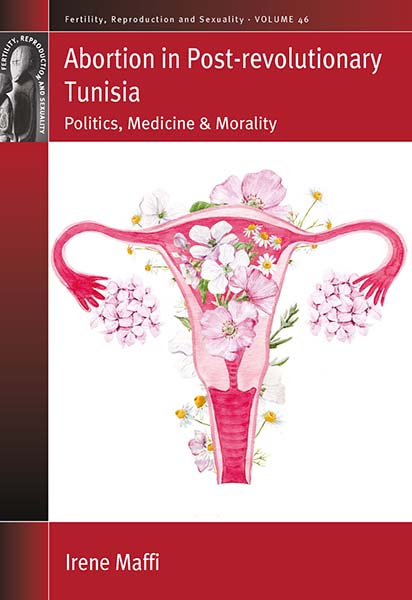 Published May 2020
Published May 2020 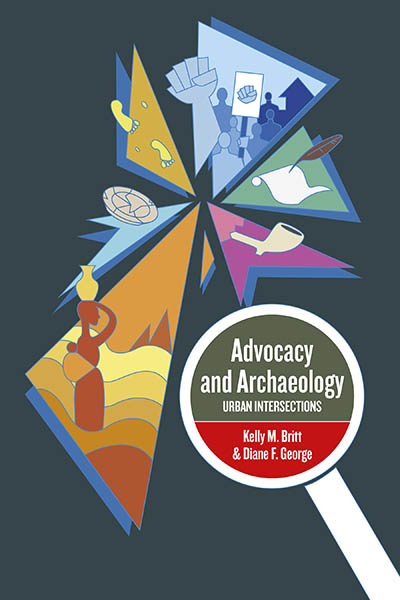 Published April 2023
Published April 2023 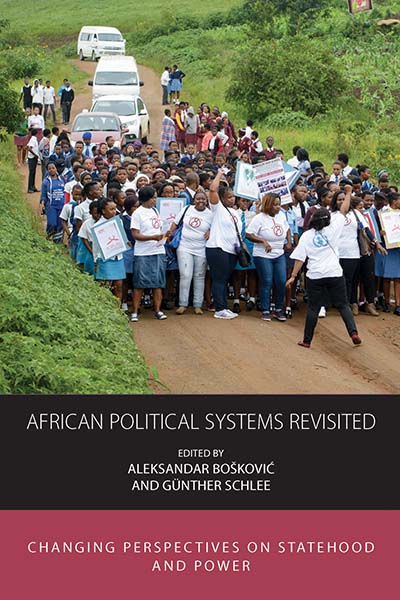 Published April 2022
Published April 2022 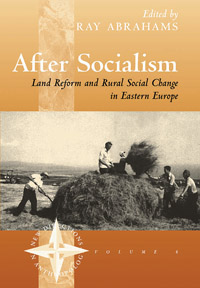 Published August 1996
Published August 1996 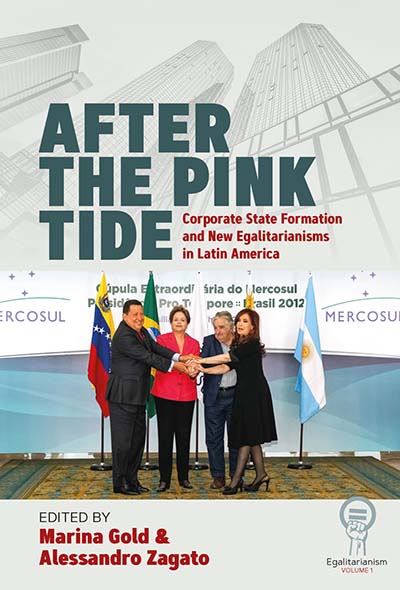 Published March 2020
Published March 2020  Published December 2023
Published December 2023 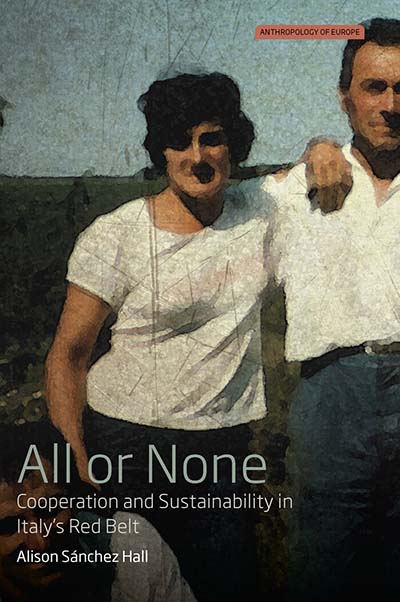 Published August 2018
Published August 2018 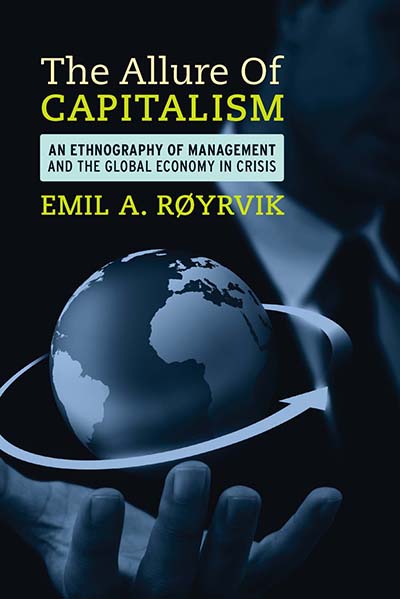 Published September 2011
Published September 2011  Forthcoming April 2026
Forthcoming April 2026 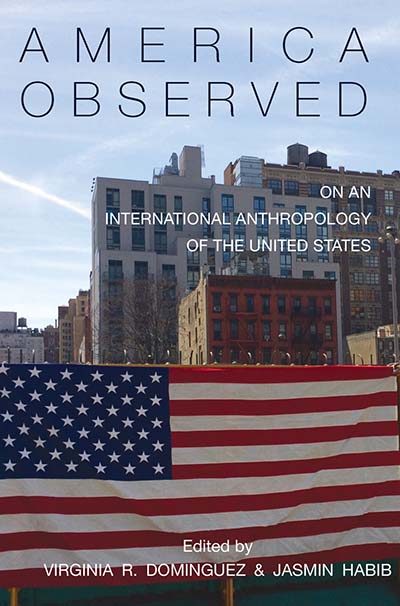 Published December 2016
Published December 2016  Published January 2007
Published January 2007 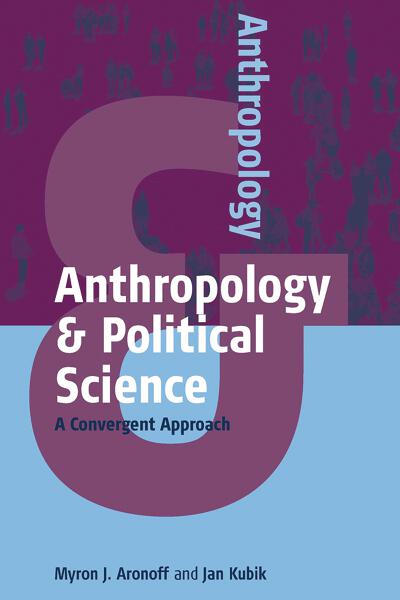 Published November 2012
Published November 2012 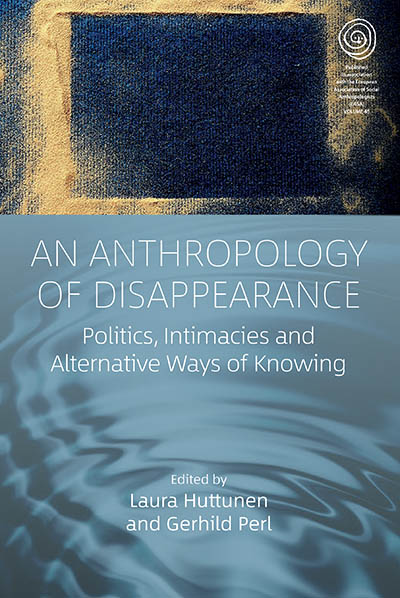 Published September 2023
Published September 2023  Published July 2025
Published July 2025 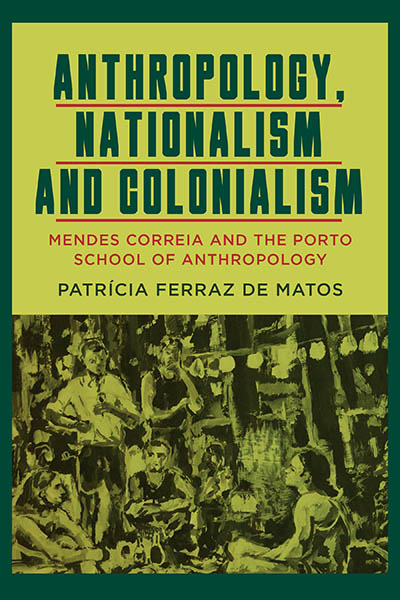 Published March 2023
Published March 2023 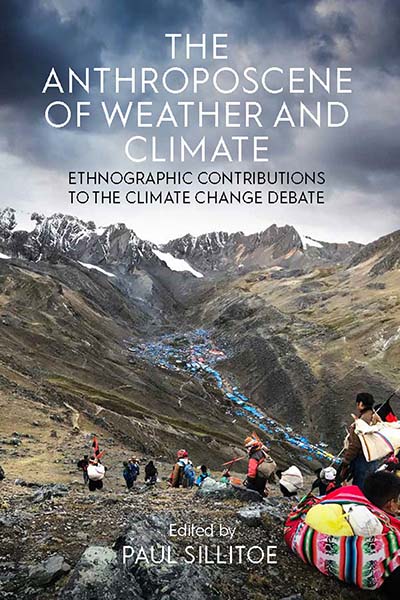 Published October 2021
Published October 2021 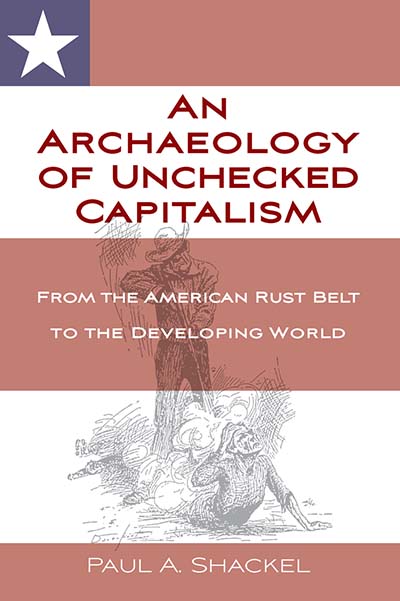 Published December 2019
Published December 2019  Published January 2026
Published January 2026  Forthcoming June 2026
Forthcoming June 2026 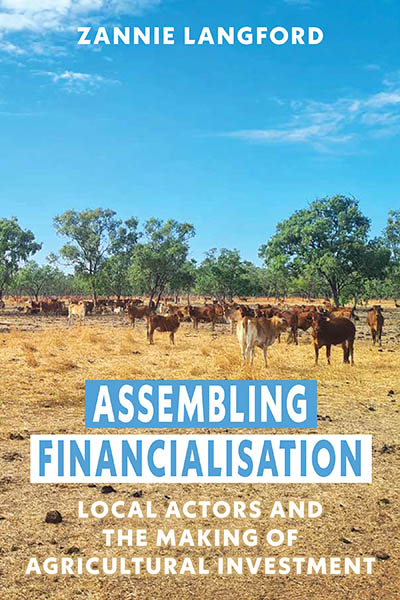 Published October 2023
Published October 2023 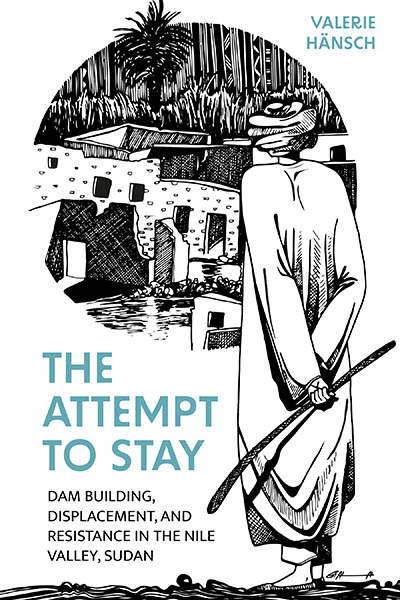 Published August 2024
Published August 2024  Forthcoming June 2026
Forthcoming June 2026 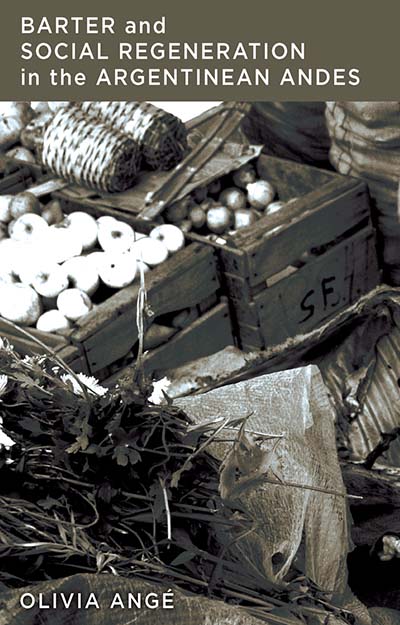 Published September 2018
Published September 2018  Published November 2024
Published November 2024 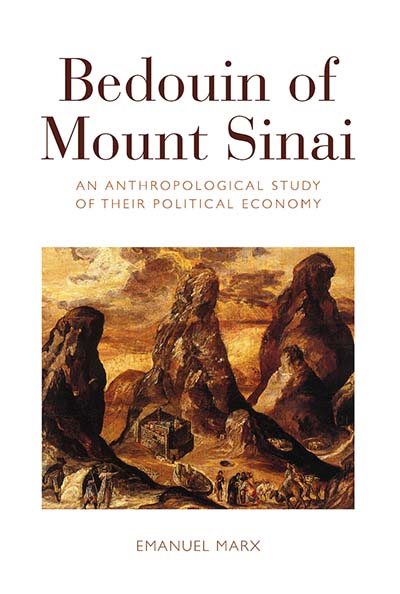 Published June 2013
Published June 2013  Published September 2023
Published September 2023 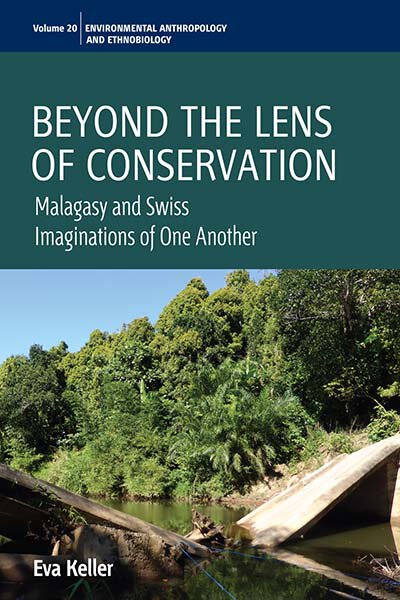 Published February 2015
Published February 2015 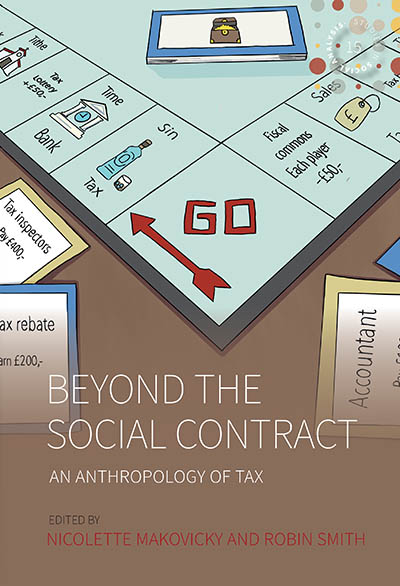 Published August 2023
Published August 2023 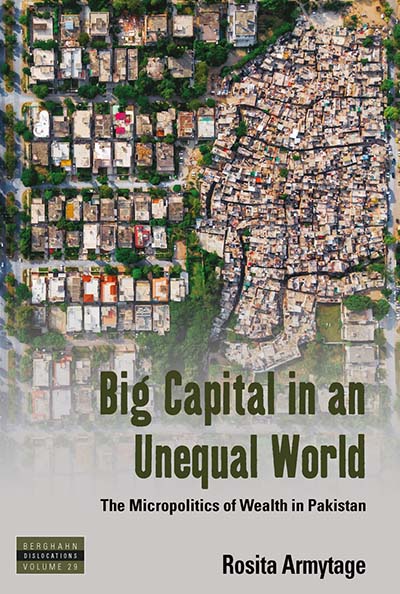 Published January 2020
Published January 2020 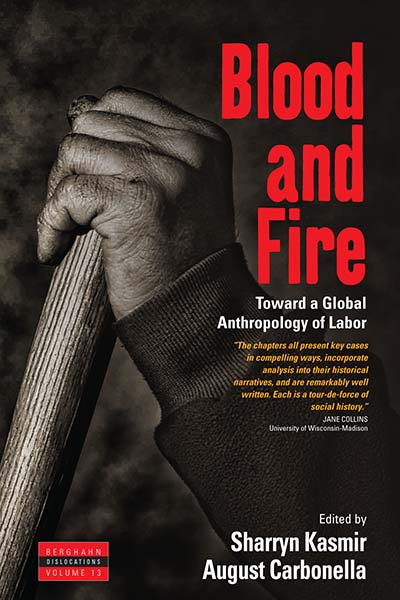 Published August 2014
Published August 2014 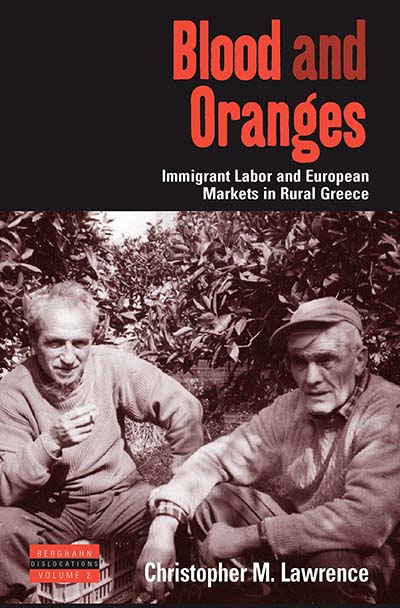 Published August 2007
Published August 2007 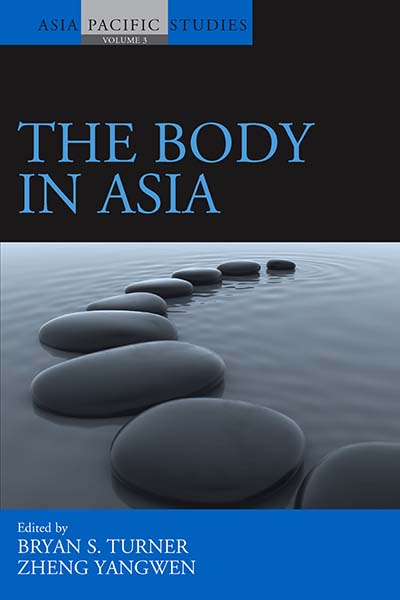 Published November 2009
Published November 2009 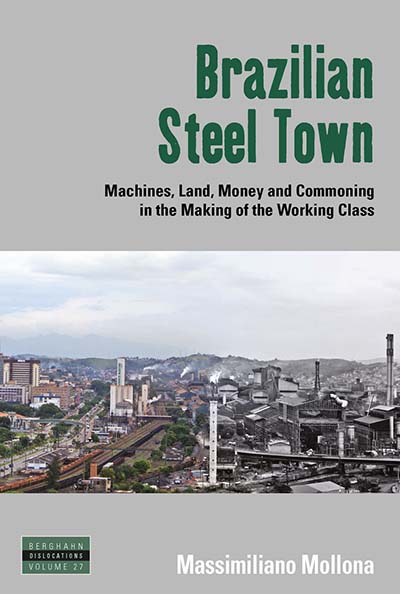 Published November 2019
Published November 2019  Published March 2015
Published March 2015 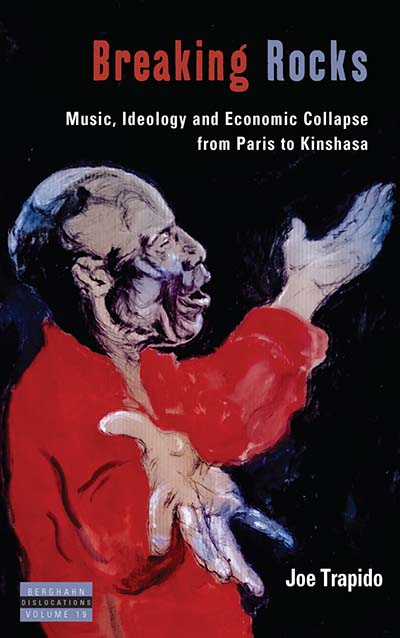 Published December 2016
Published December 2016 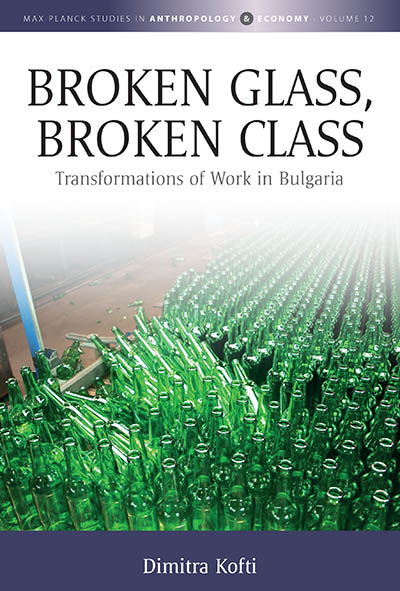 Published August 2023
Published August 2023 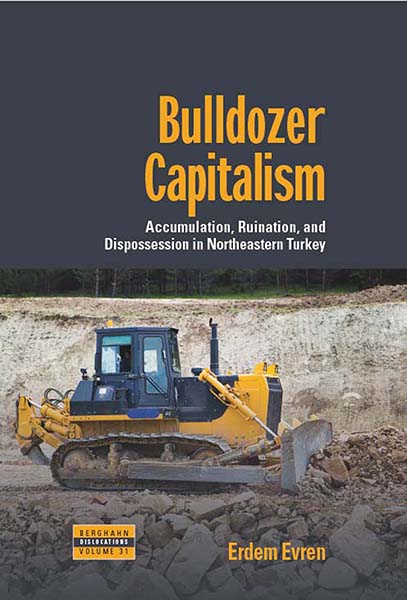 Published May 2022
Published May 2022 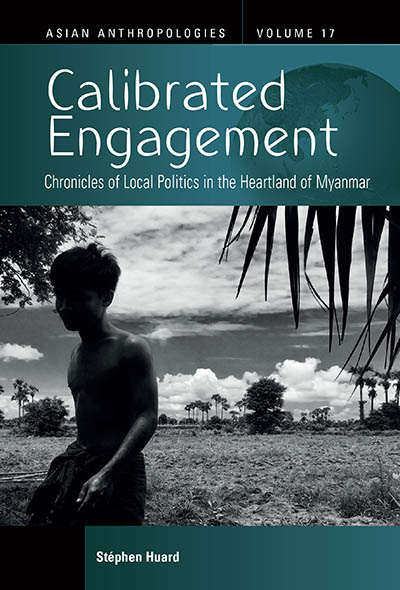 Published October 2024
Published October 2024  Published August 2025
Published August 2025  Published May 2020
Published May 2020  Published June 2025
Published June 2025 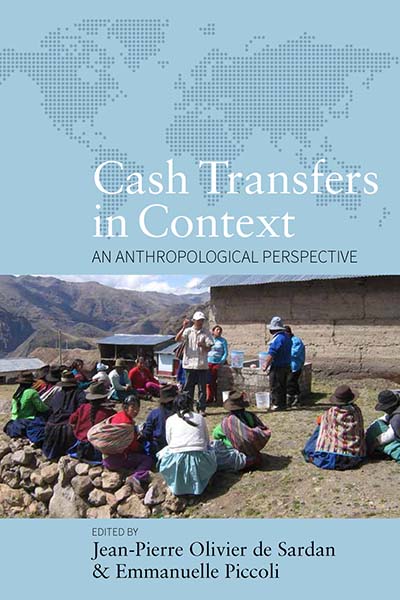 Published September 2018
Published September 2018 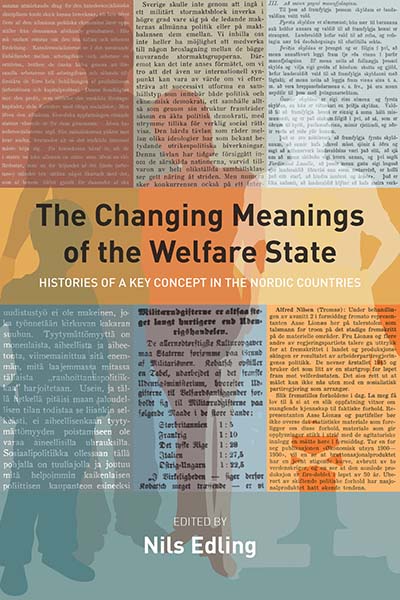 Published January 2019
Published January 2019  Published July 2012
Published July 2012 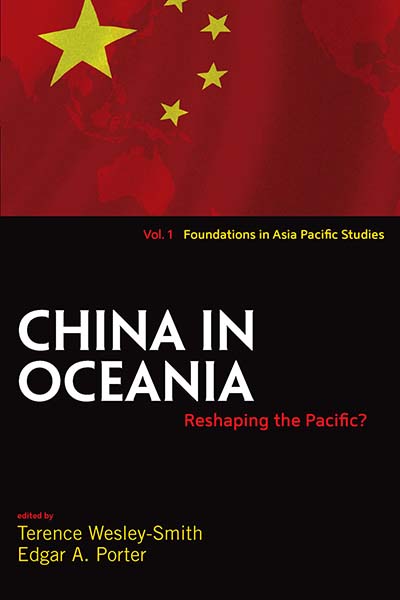 Published March 2010
Published March 2010 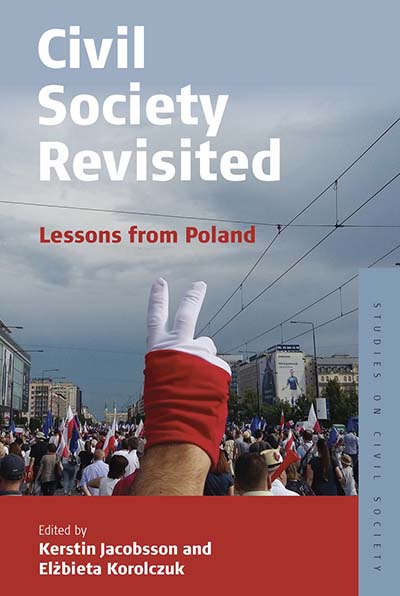 Published June 2017
Published June 2017  Published February 2025
Published February 2025 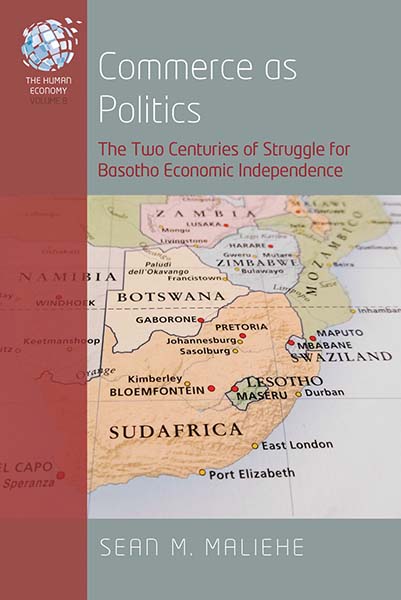 Published January 2021
Published January 2021  Published January 2026
Published January 2026 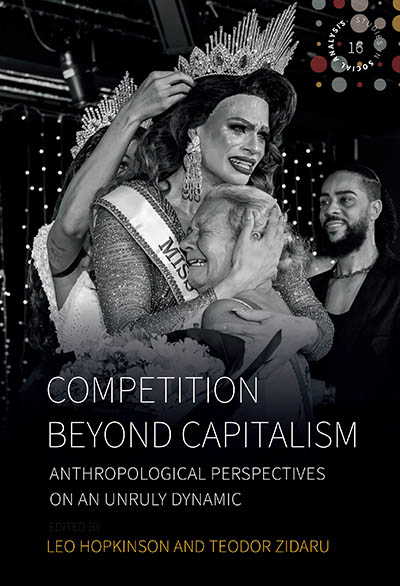 Forthcoming May 2026
Forthcoming May 2026 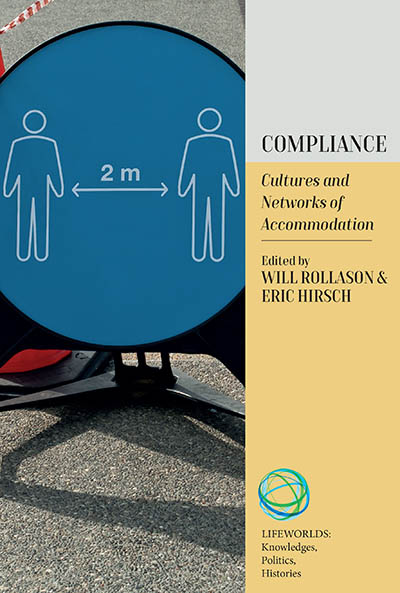 Published December 2023
Published December 2023 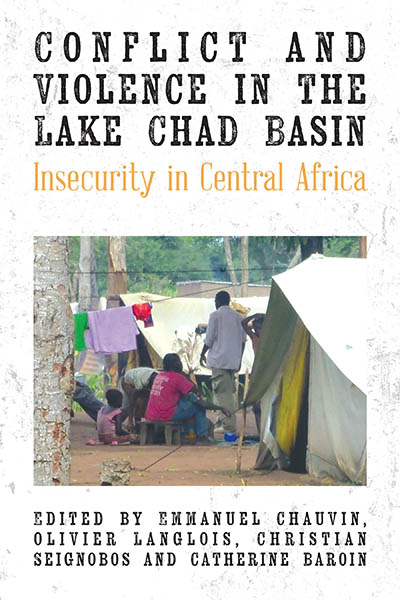 Published August 2025
Published August 2025 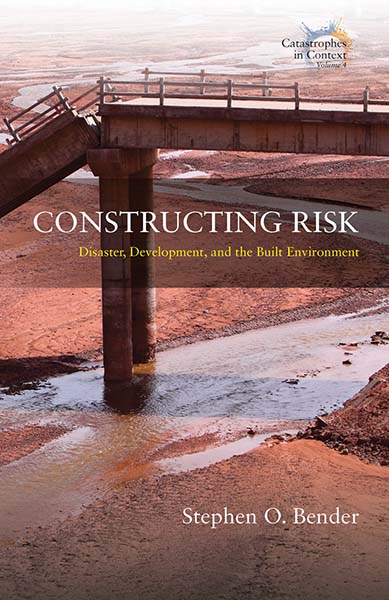 Published August 2021
Published August 2021 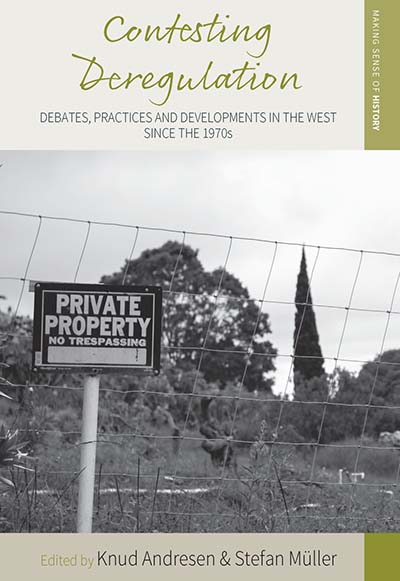 Published September 2017
Published September 2017 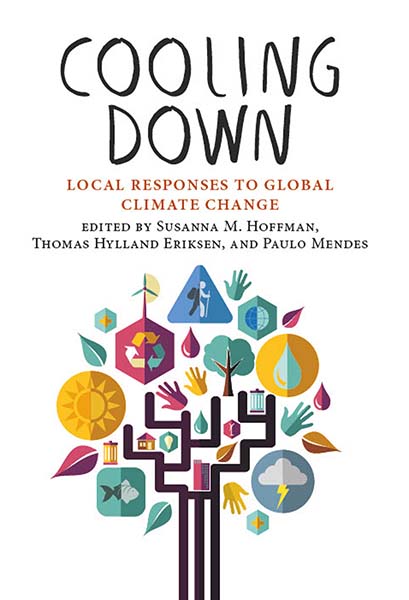 Published February 2022
Published February 2022 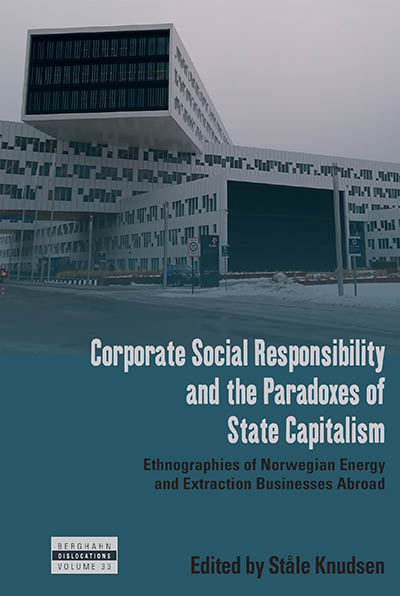 Published May 2023
Published May 2023 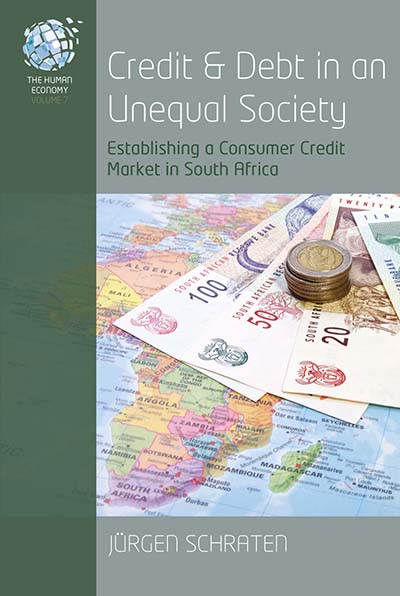 Published February 2020
Published February 2020 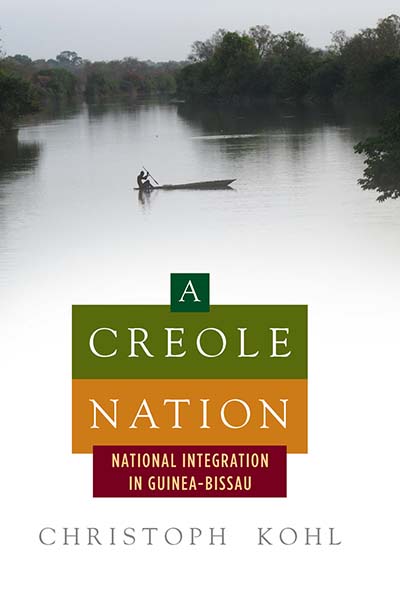 Published April 2018
Published April 2018 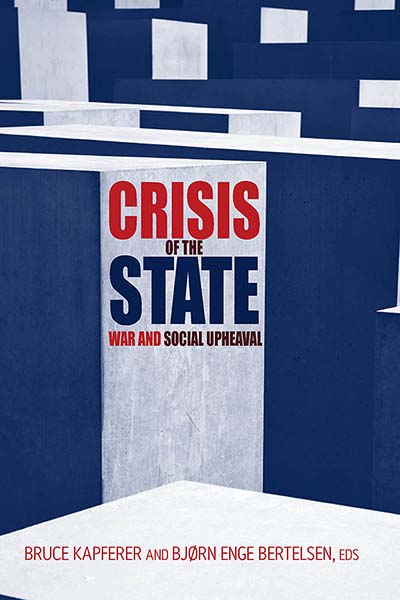 Published April 2009
Published April 2009  Published September 2025
Published September 2025 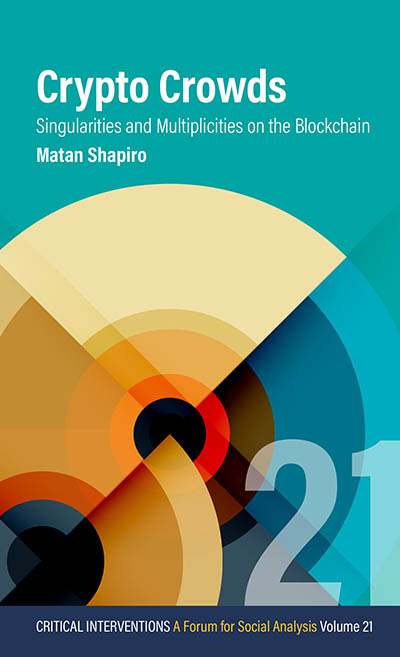 Published March 2024
Published March 2024 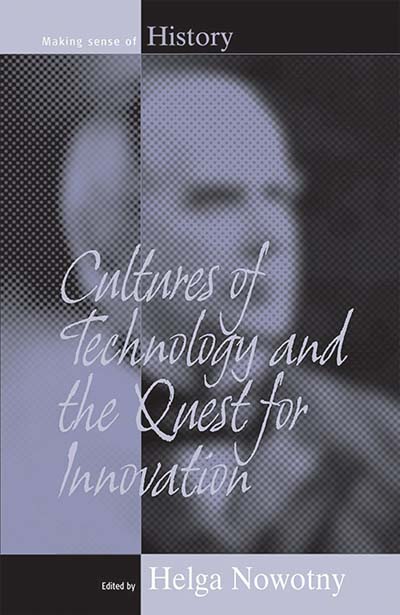 Published February 2006
Published February 2006 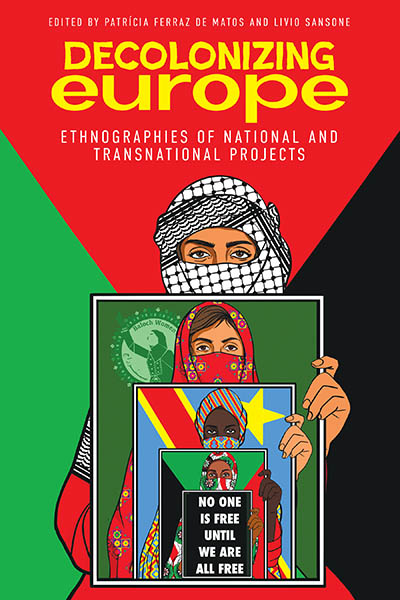 Published November 2025
Published November 2025 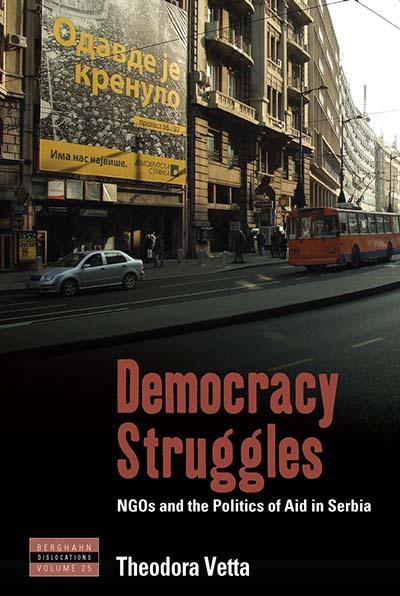 Published December 2018
Published December 2018 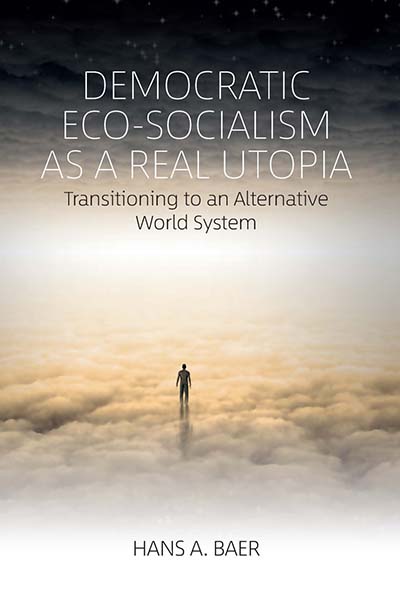 Published October 2017
Published October 2017 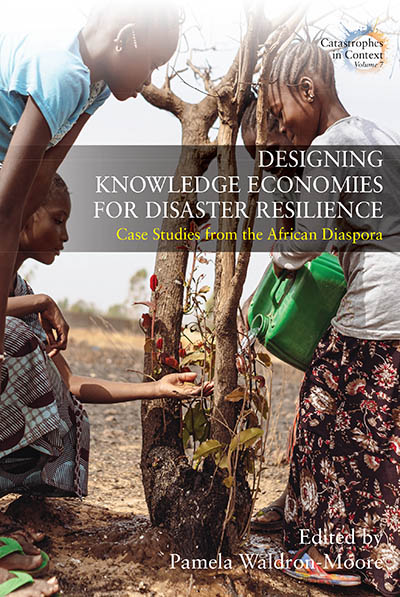 Published November 2023
Published November 2023 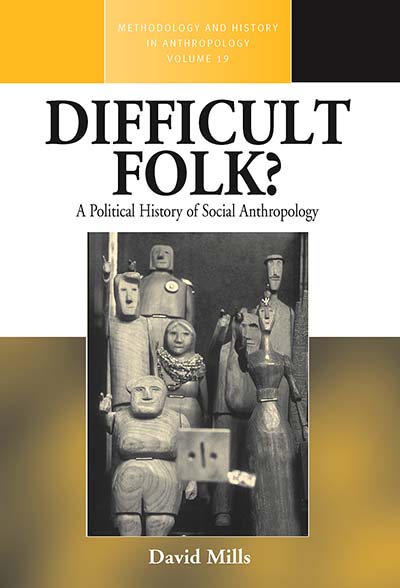 Published May 2008
Published May 2008 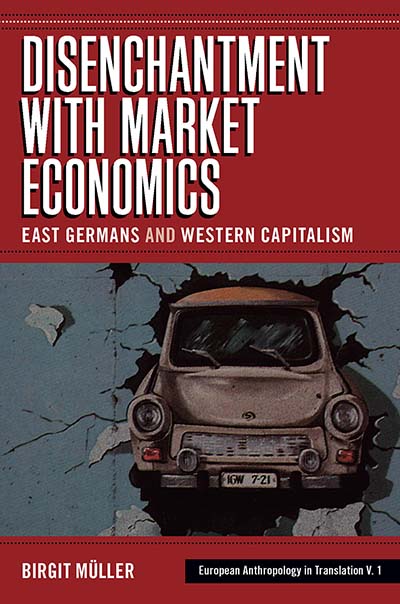 Published January 2007
Published January 2007 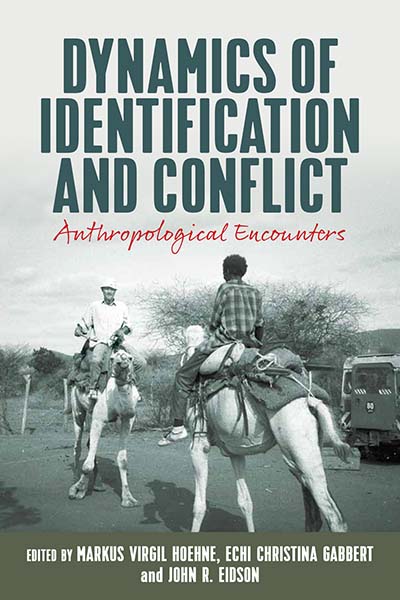 Published October 2022
Published October 2022 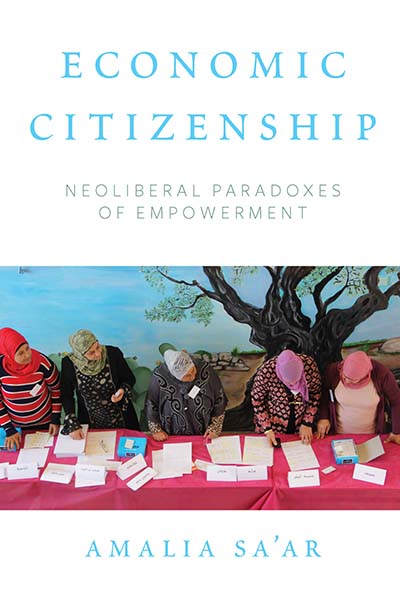 Published July 2016
Published July 2016 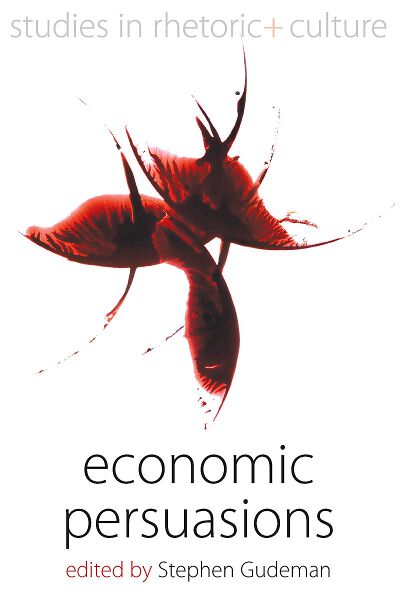 Published June 2009
Published June 2009  Forthcoming June 2026
Forthcoming June 2026 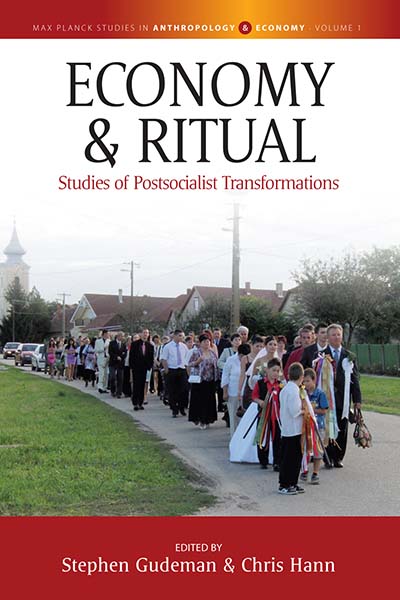 Published February 2015
Published February 2015 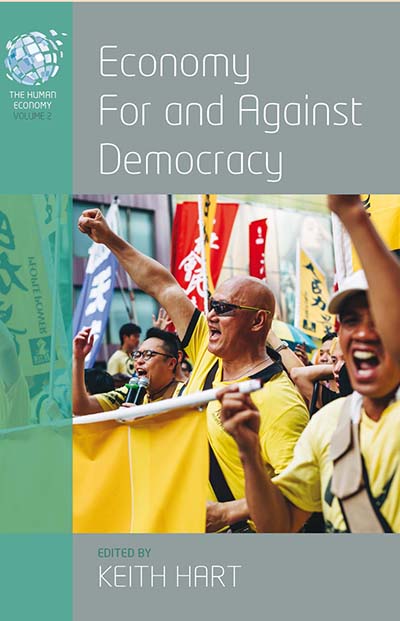 Published October 2015
Published October 2015 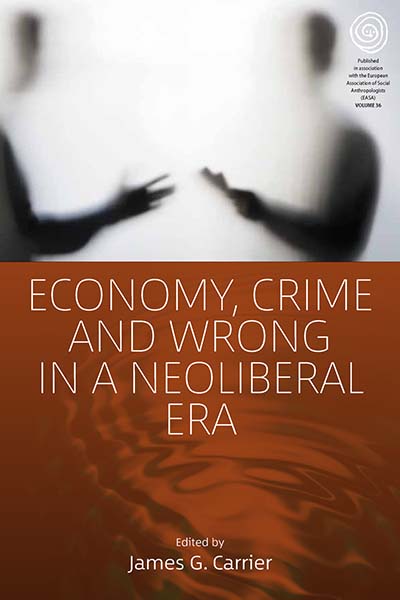 Published September 2018
Published September 2018 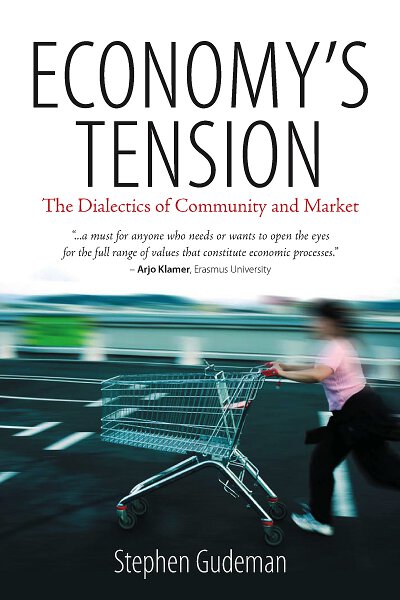 Published May 2008
Published May 2008  Published December 2025
Published December 2025 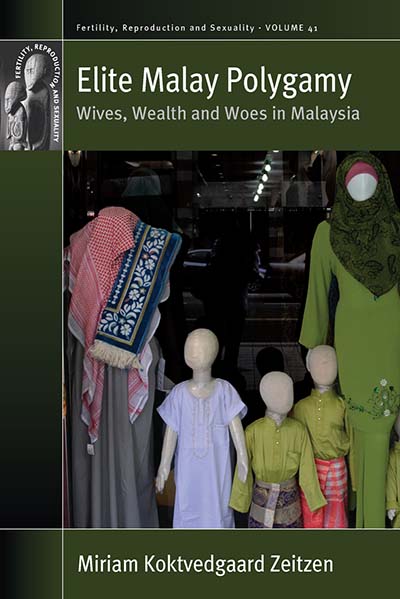 Published September 2018
Published September 2018 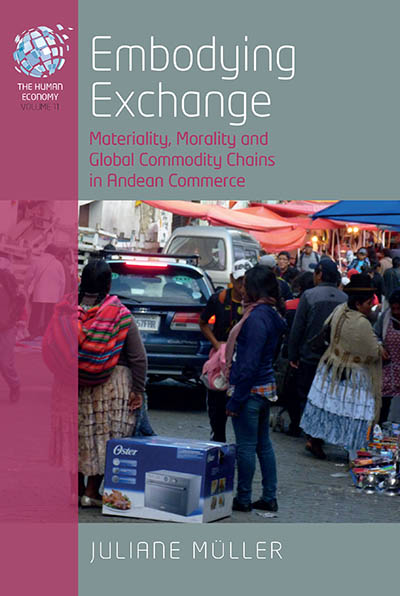 Published February 2024
Published February 2024 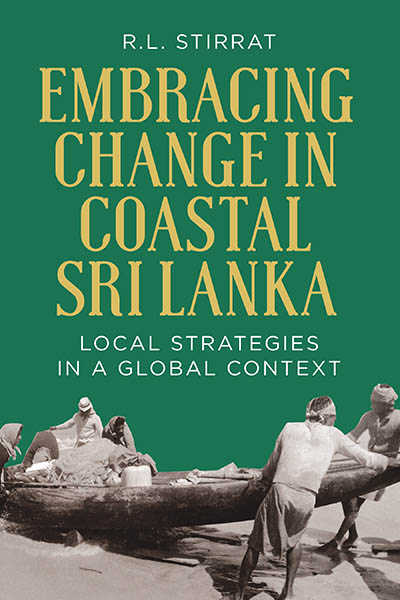 Published November 2025
Published November 2025 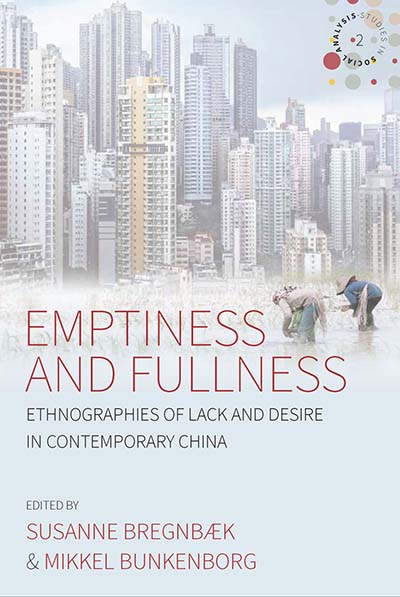 Published July 2017
Published July 2017 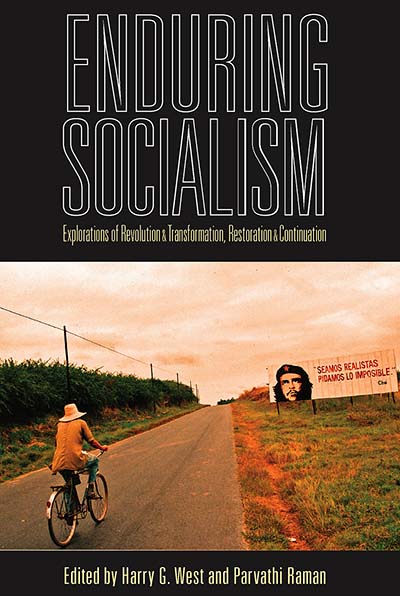 Published November 2008
Published November 2008  Published November 2014
Published November 2014  Published October 2022
Published October 2022 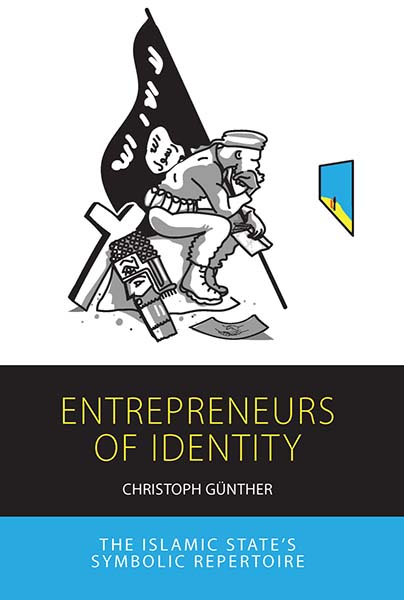 Published January 2022
Published January 2022 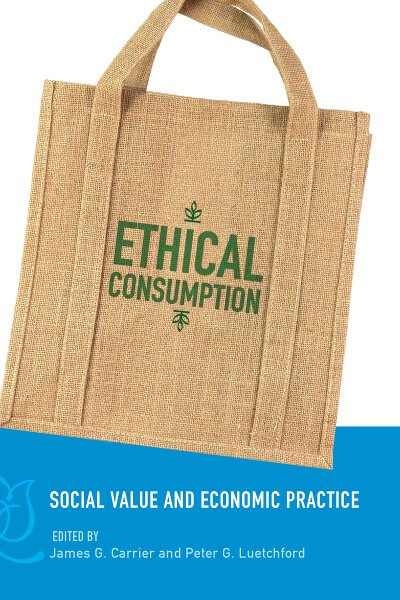 Published March 2012
Published March 2012 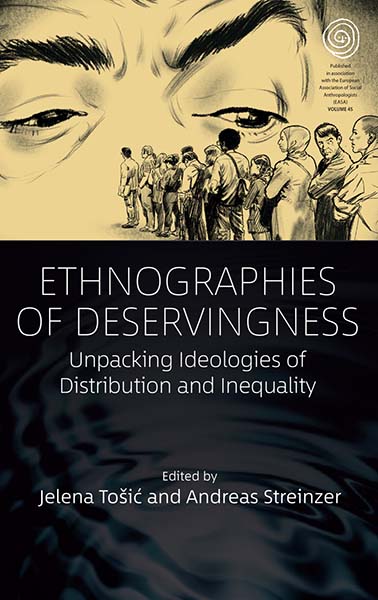 Published August 2022
Published August 2022 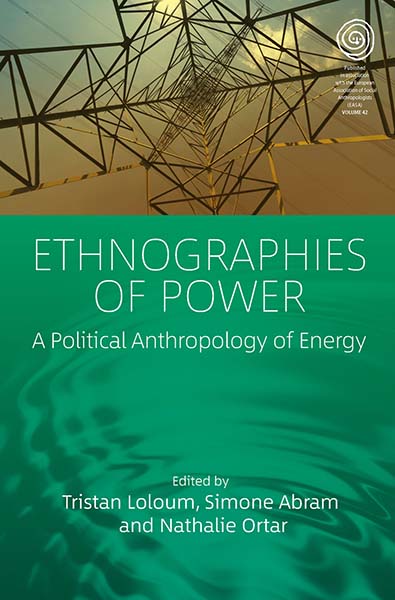 Published April 2021
Published April 2021  Published August 2007
Published August 2007 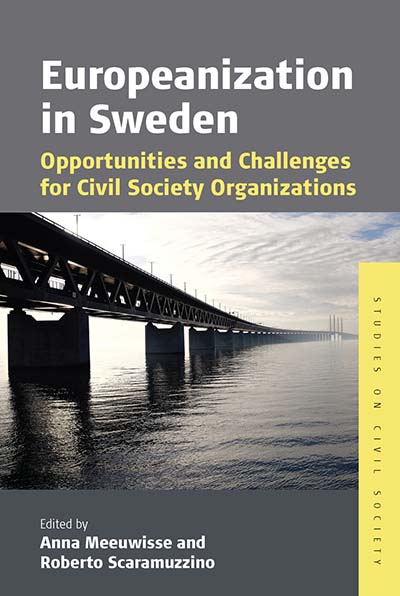 Published December 2018
Published December 2018 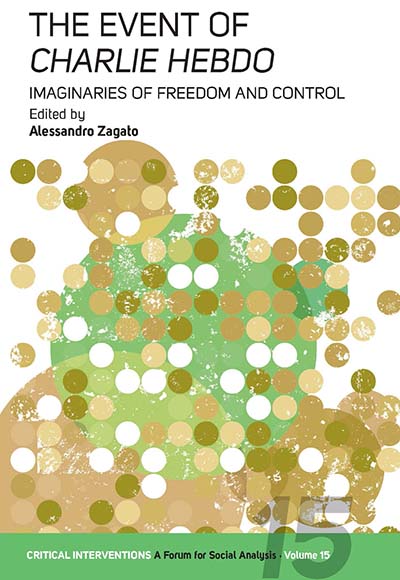 Published September 2015
Published September 2015 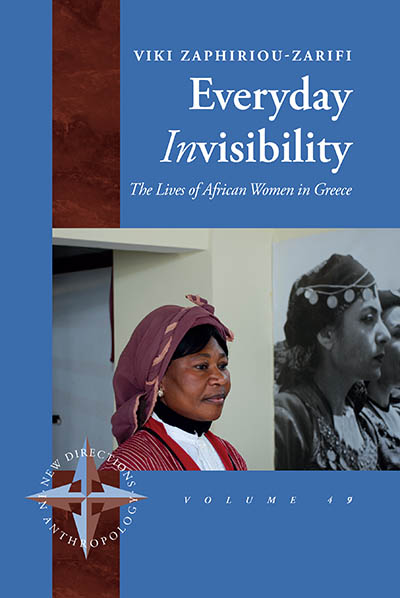 Published January 2026
Published January 2026  Published May 2025
Published May 2025 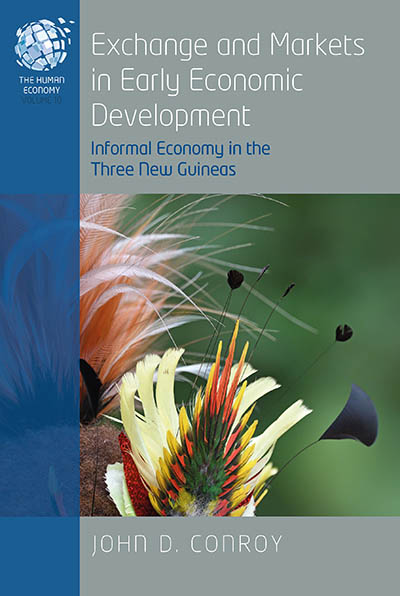 Published May 2023
Published May 2023 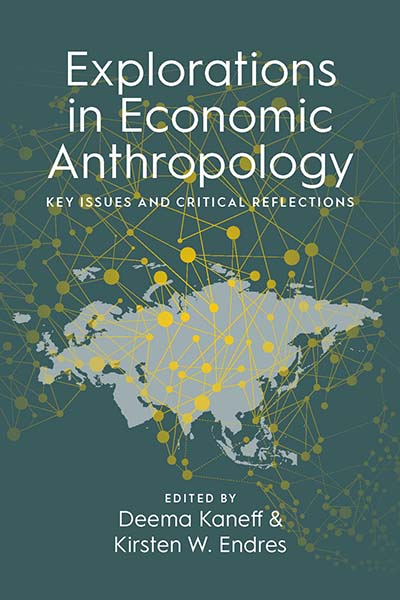 Published July 2021
Published July 2021 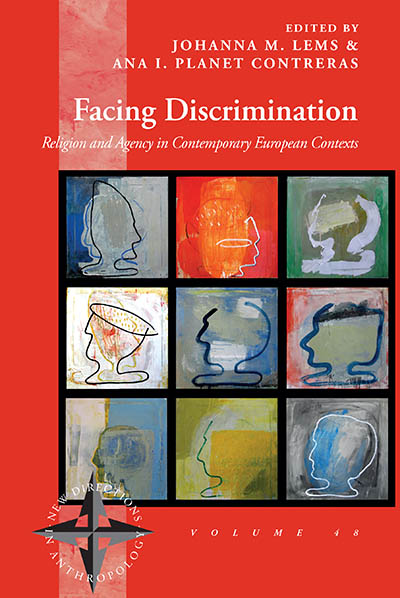 Published December 2025
Published December 2025  Published September 2020
Published September 2020 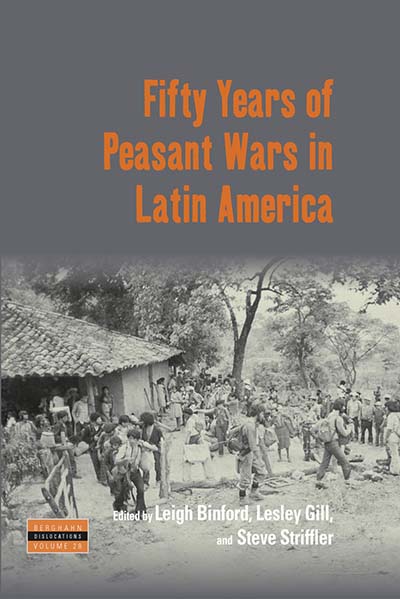 Published January 2020
Published January 2020 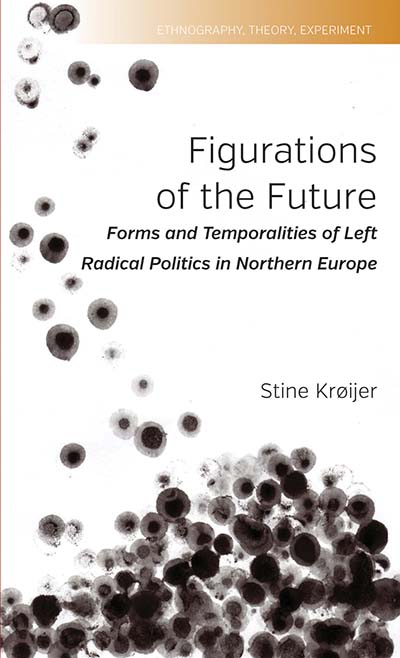 Published August 2015
Published August 2015 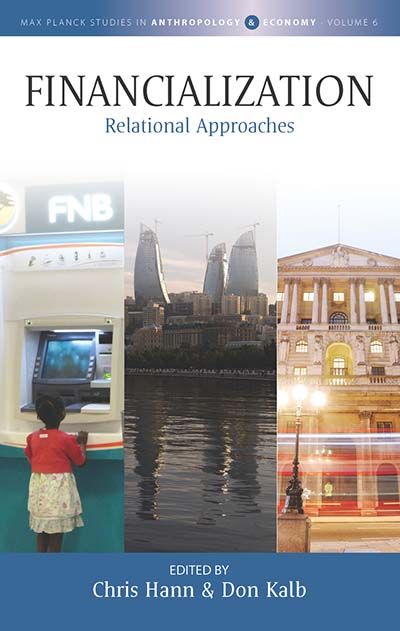 Published August 2020
Published August 2020 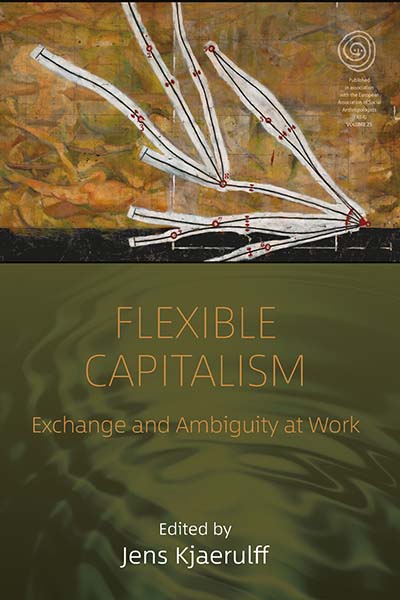 Published March 2015
Published March 2015  Published October 2025
Published October 2025 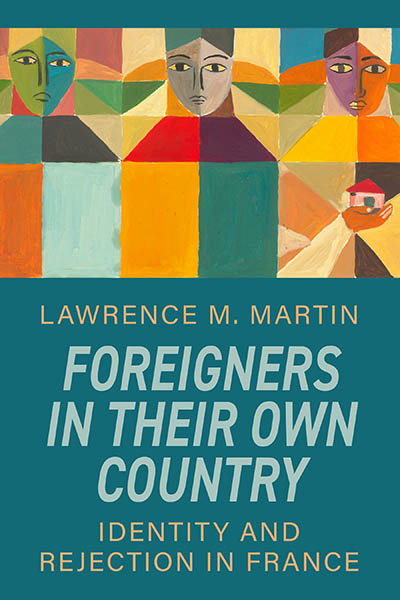 Published October 2023
Published October 2023  Published April 2010
Published April 2010  Published January 2003
Published January 2003 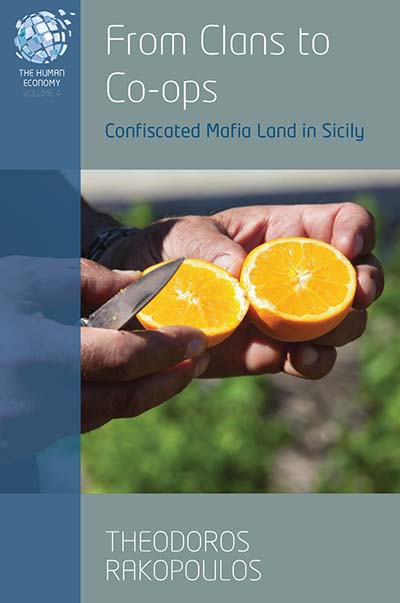 Published November 2017
Published November 2017 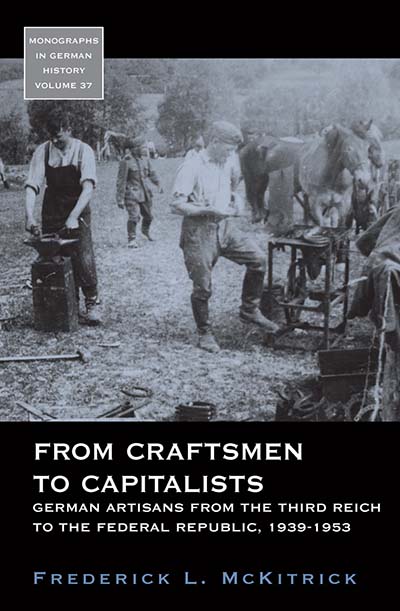 Published September 2016
Published September 2016 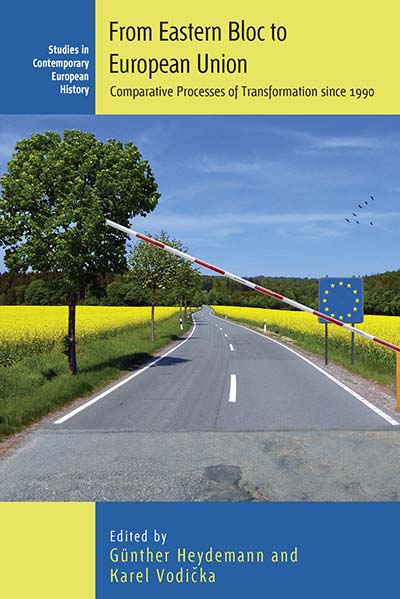 Published October 2017
Published October 2017 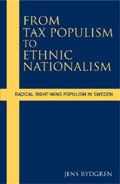 Published August 2006
Published August 2006 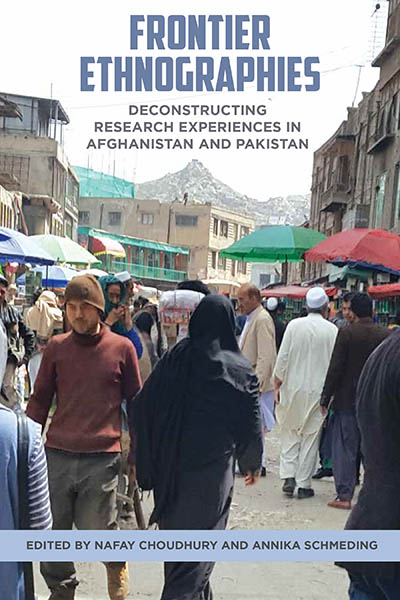 Published November 2024
Published November 2024 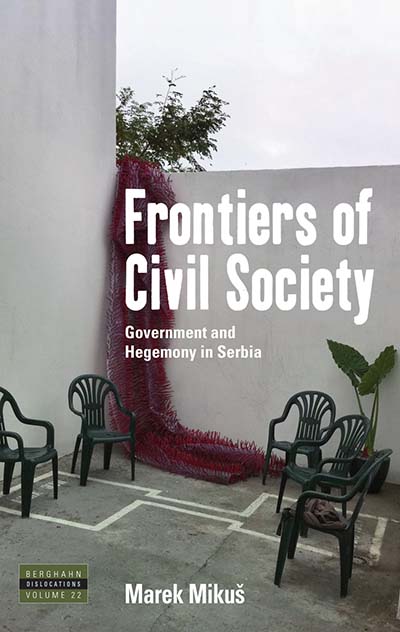 Published June 2018
Published June 2018  Published September 2008
Published September 2008  Published September 2013
Published September 2013  Published January 2025
Published January 2025  Forthcoming March 2026
Forthcoming March 2026 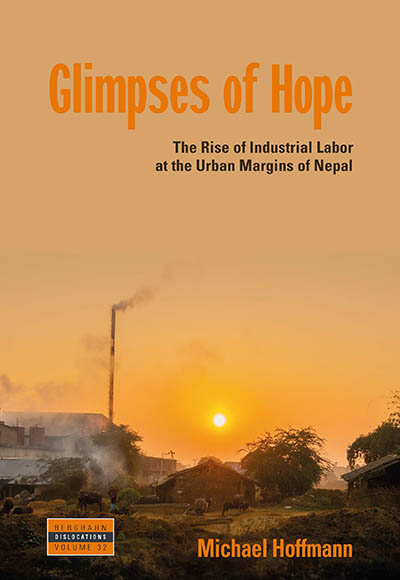 Published January 2023
Published January 2023 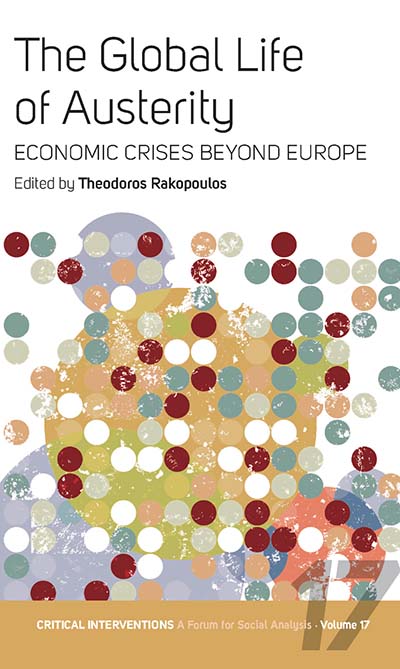 Published June 2018
Published June 2018 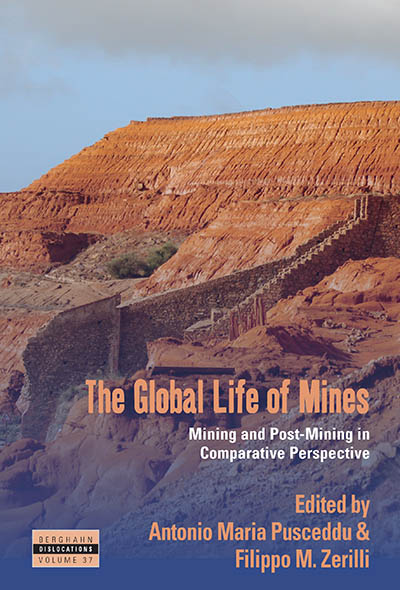 Published July 2024
Published July 2024 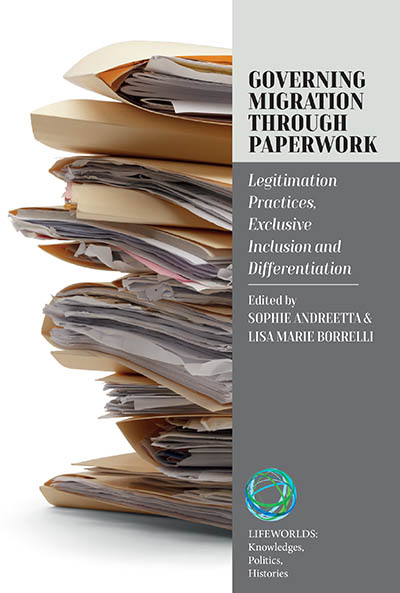 Published August 2024
Published August 2024  Published March 2025
Published March 2025 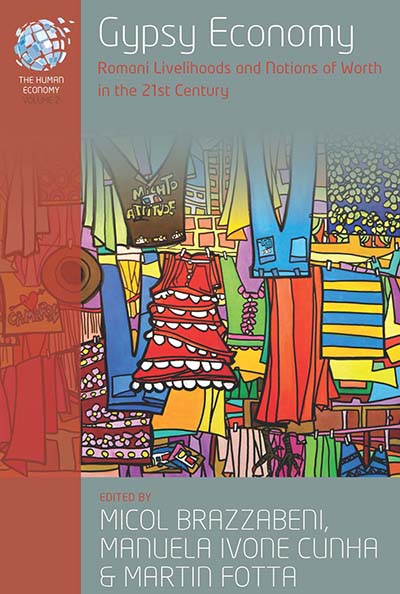 Published November 2015
Published November 2015 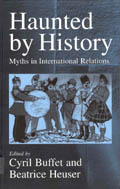 Published April 1998
Published April 1998  Published December 2024
Published December 2024 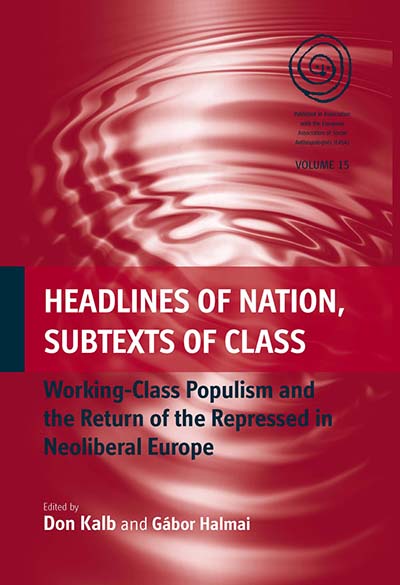 Published September 2011
Published September 2011 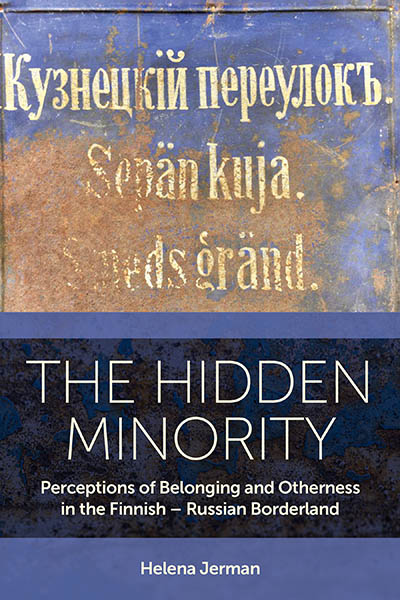 Published November 2024
Published November 2024 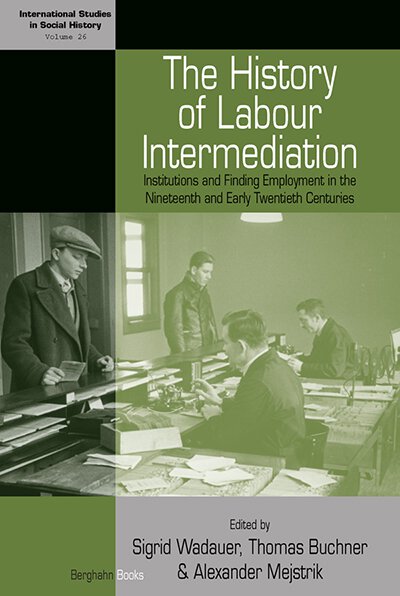 Published April 2015
Published April 2015  Published August 2017
Published August 2017 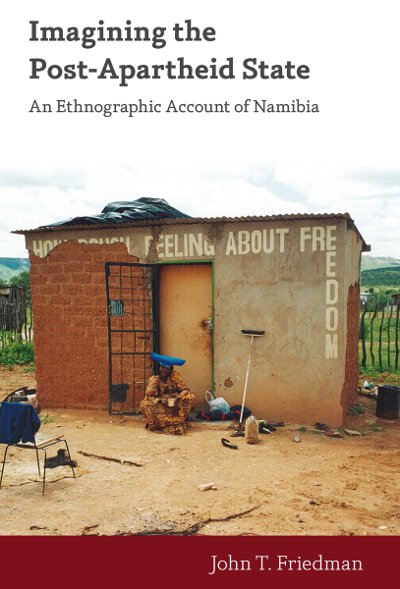 Published July 2011
Published July 2011  Published August 2024
Published August 2024 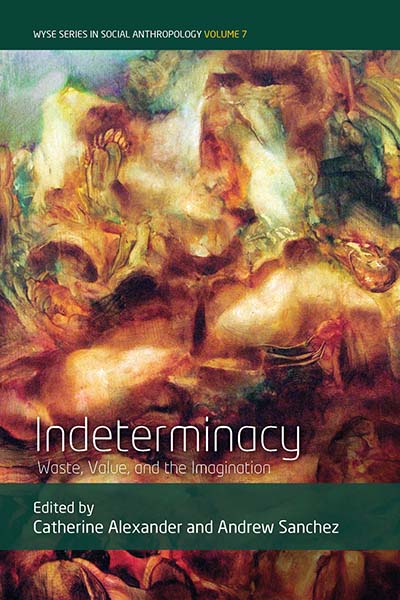 Published October 2018
Published October 2018 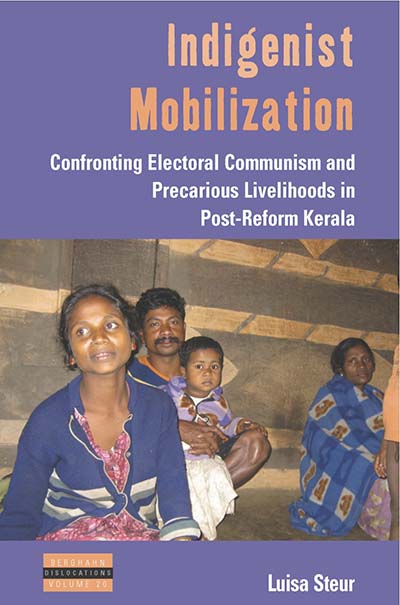 Published May 2017
Published May 2017  Published October 2025
Published October 2025 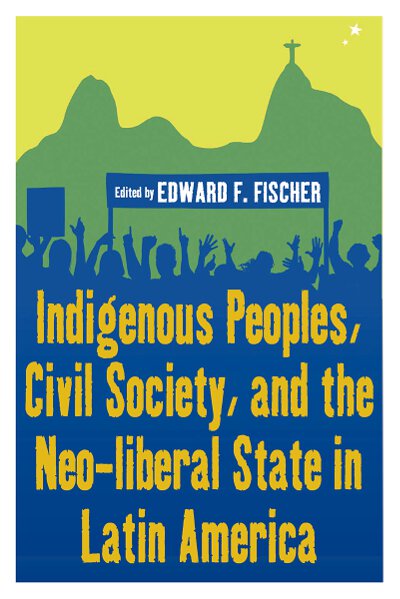 Published October 2008
Published October 2008 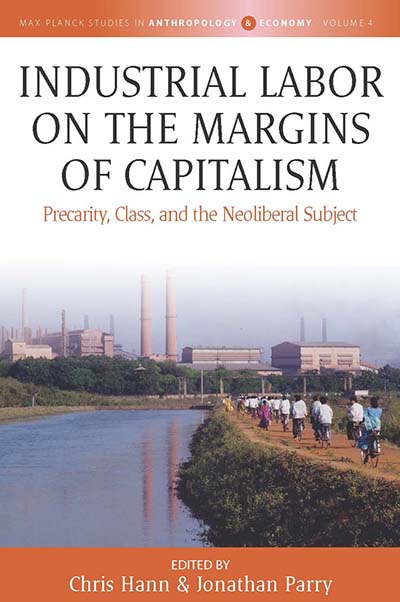 Published March 2018
Published March 2018  Published January 2024
Published January 2024  Published January 2020
Published January 2020 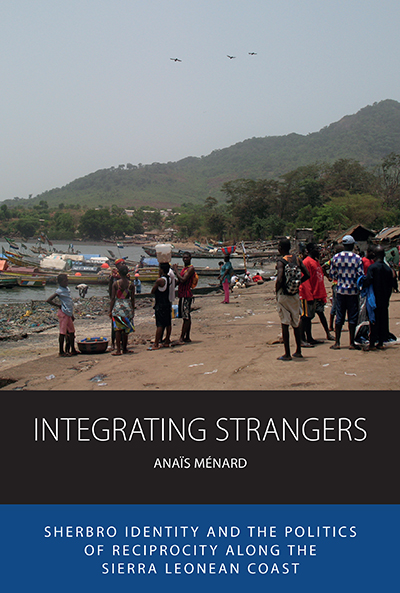 Published April 2023
Published April 2023 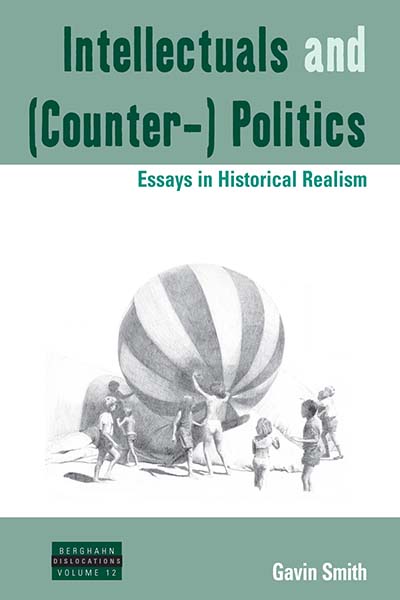 Published May 2014
Published May 2014  Forthcoming April 2026
Forthcoming April 2026  Published December 2012
Published December 2012  Published November 2025
Published November 2025 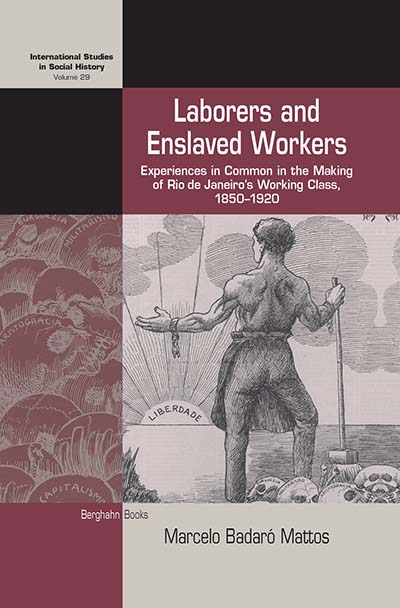 Published September 2017
Published September 2017 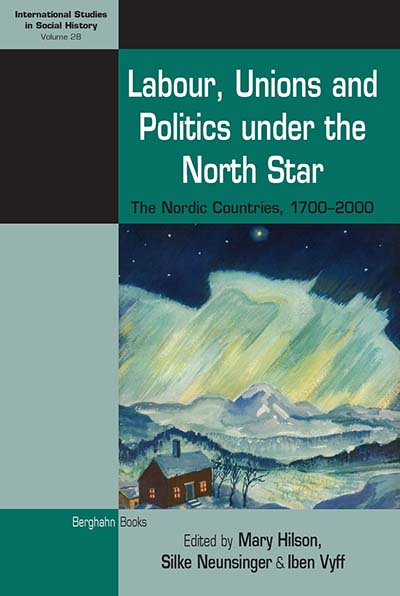 Published May 2017
Published May 2017 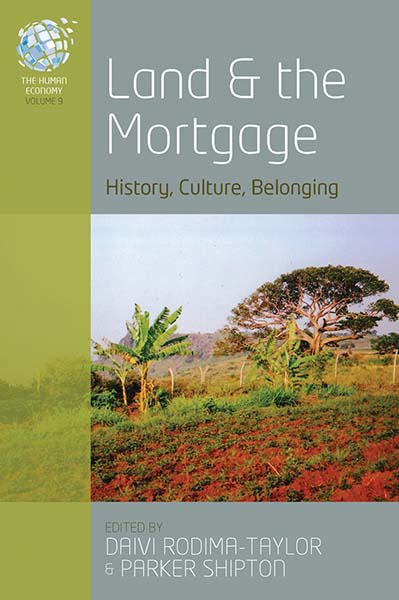 Published February 2022
Published February 2022  Published July 2025
Published July 2025  Published May 2006
Published May 2006 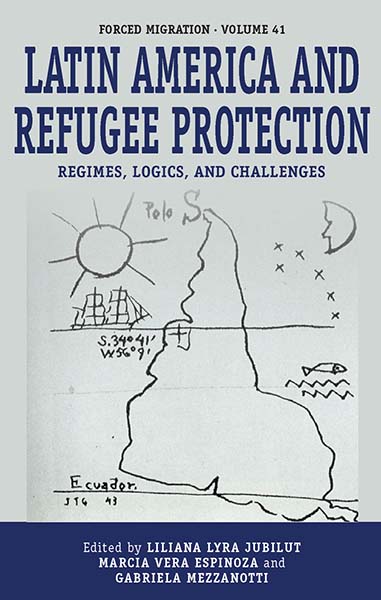 Published August 2021
Published August 2021 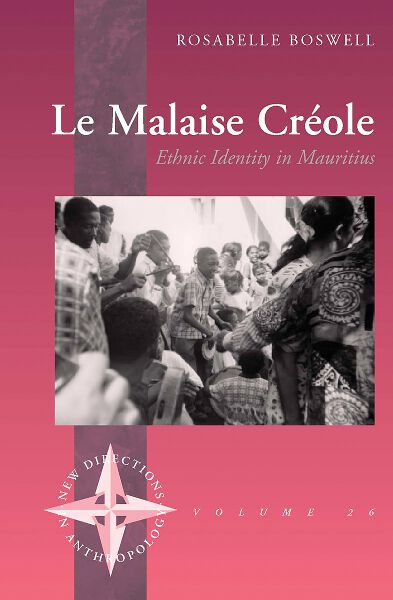 Published August 2006
Published August 2006 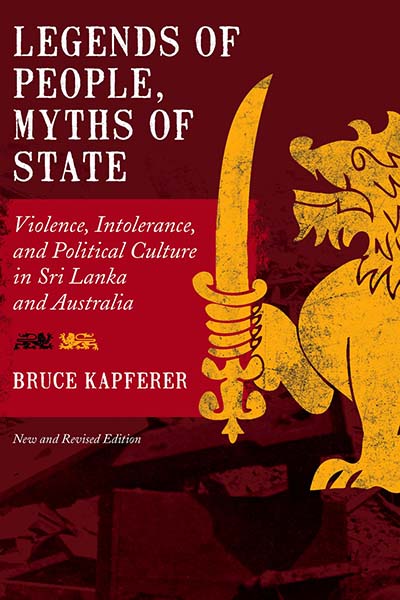 Published December 2011
Published December 2011 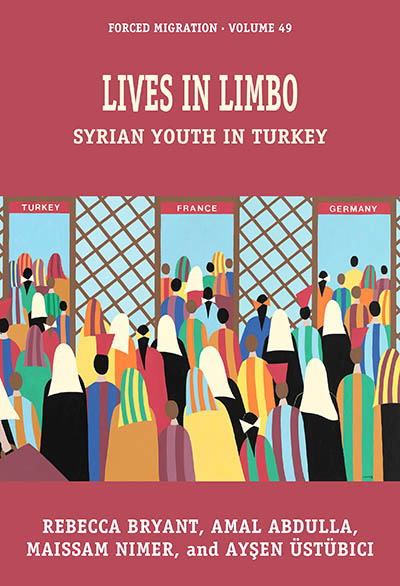 Published July 2024
Published July 2024 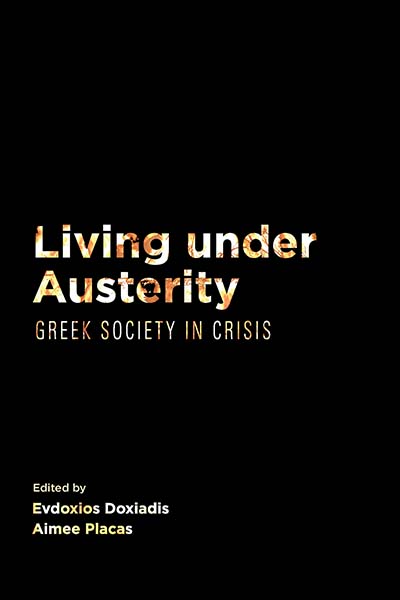 Published July 2018
Published July 2018  Published November 2025
Published November 2025 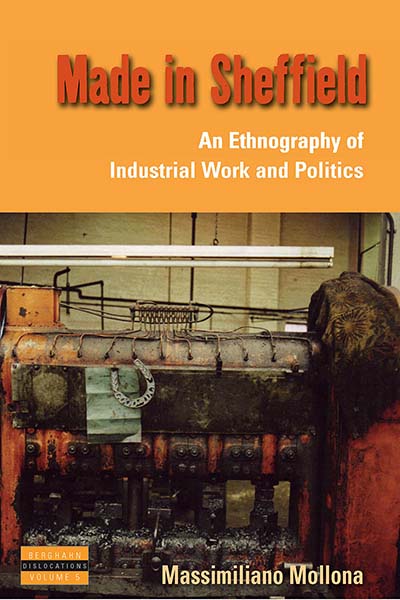 Published March 2009
Published March 2009 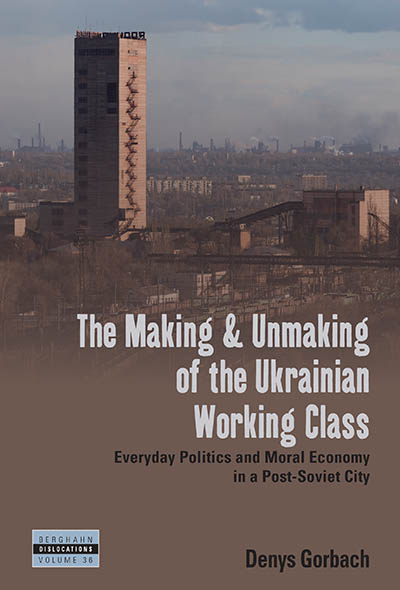 Published March 2024
Published March 2024  Published February 2025
Published February 2025 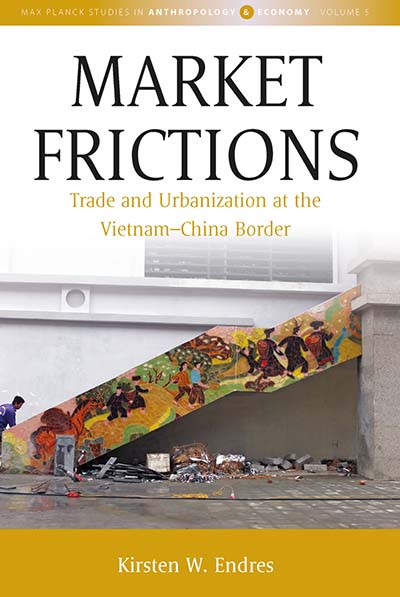 Published June 2019
Published June 2019  Published May 2019
Published May 2019  Published July 2009
Published July 2009  Published April 2021
Published April 2021 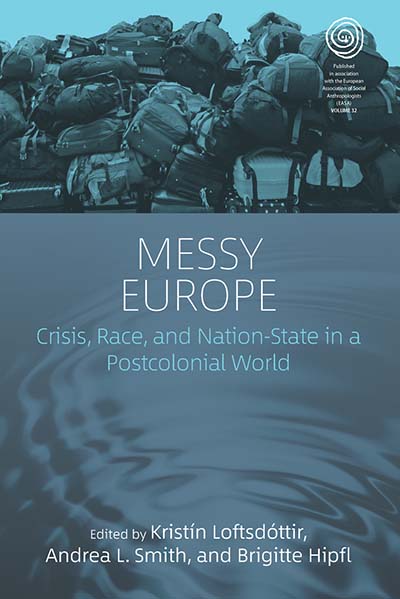 Published February 2018
Published February 2018 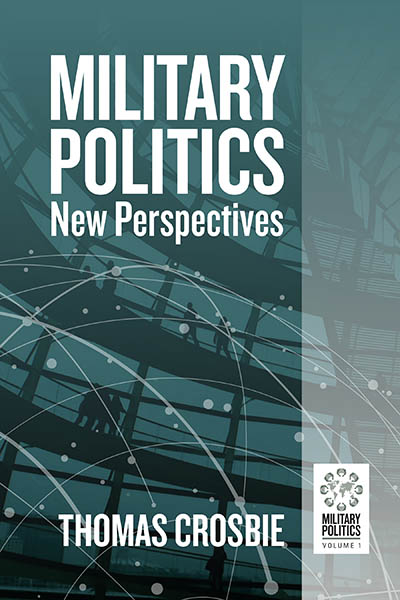 Published July 2023
Published July 2023 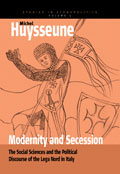 Published August 2006
Published August 2006  Published March 2018
Published March 2018 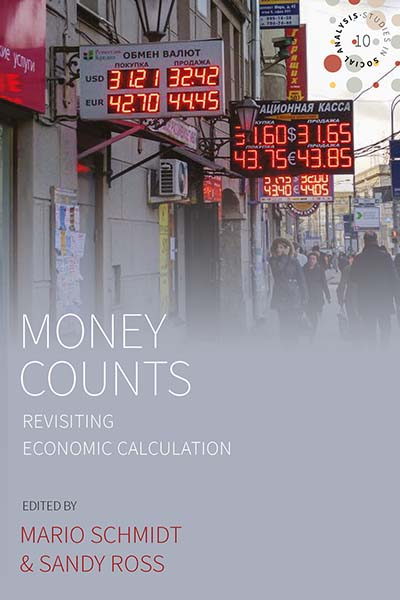 Published January 2020
Published January 2020 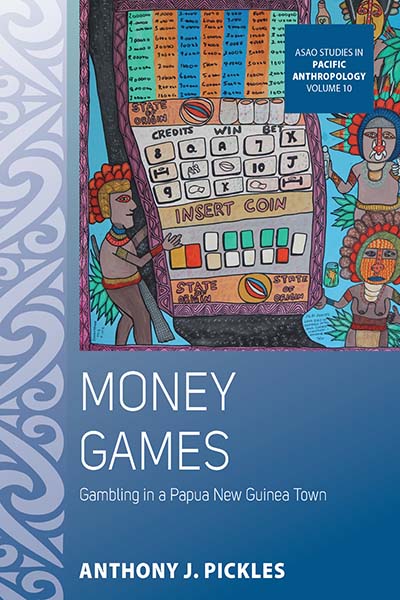 Published June 2019
Published June 2019 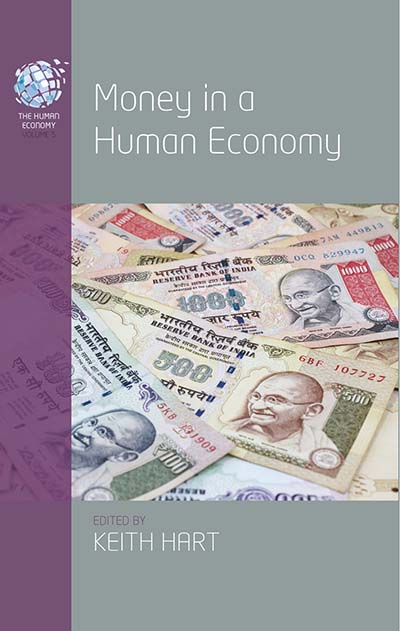 Published June 2017
Published June 2017 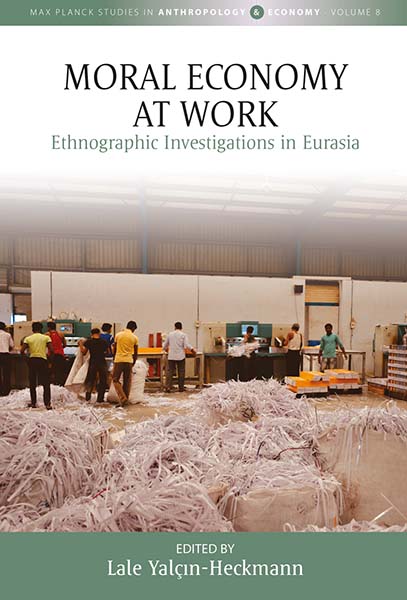 Published October 2021
Published October 2021 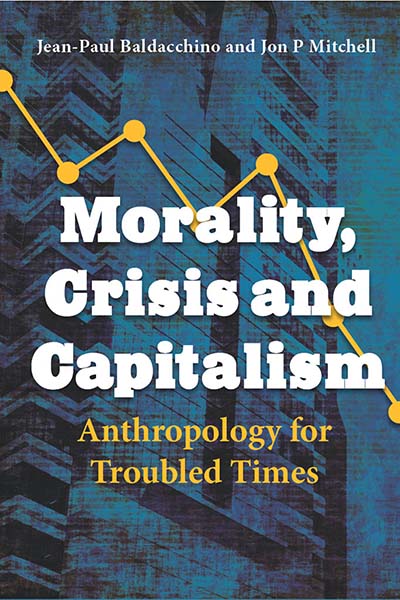 Published September 2022
Published September 2022 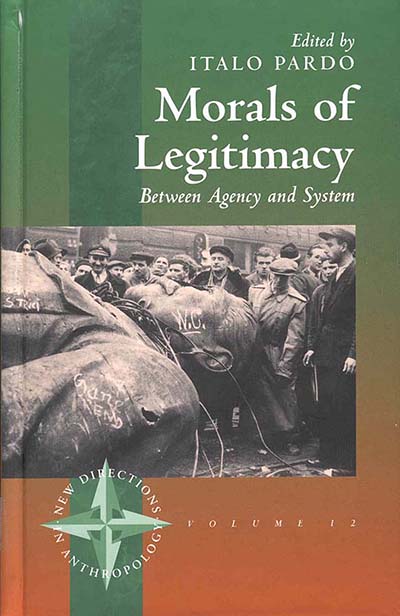 Published January 2001
Published January 2001 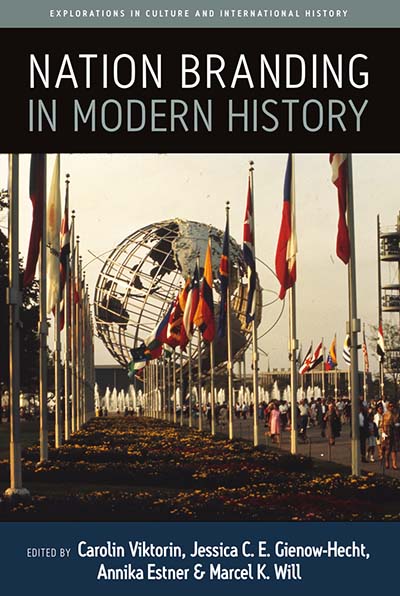 Published August 2018
Published August 2018 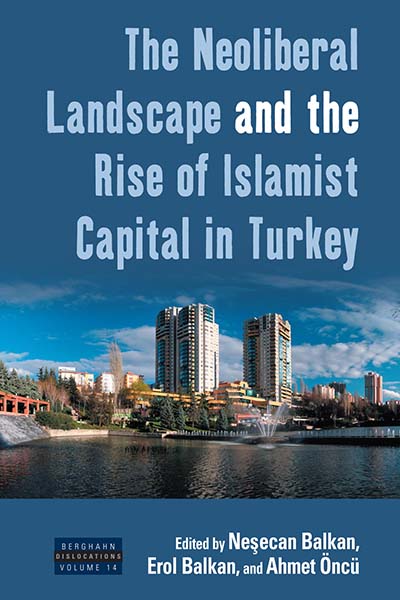 Published February 2015
Published February 2015 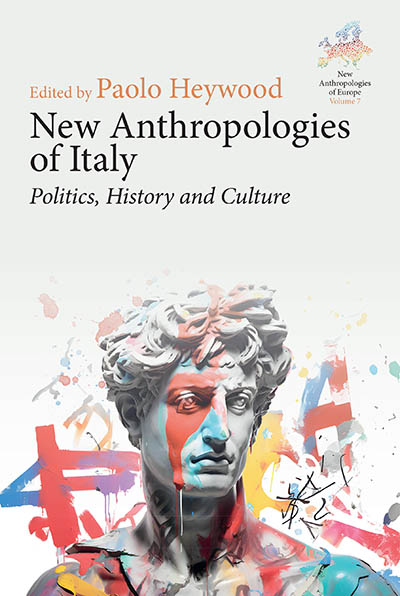 Published July 2024
Published July 2024 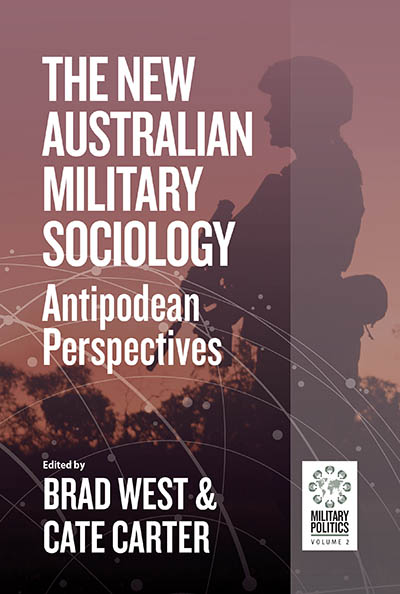 Published August 2024
Published August 2024  Published October 2025
Published October 2025 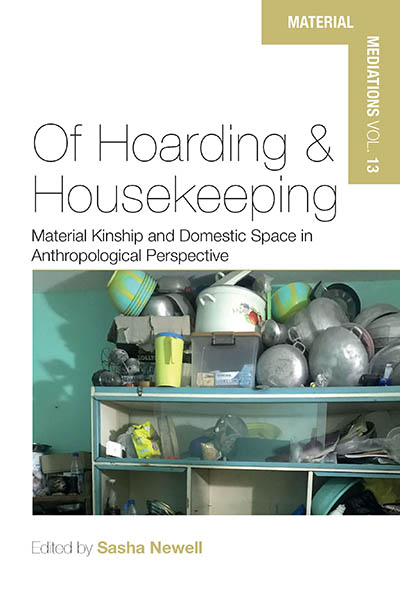 Published October 2023
Published October 2023  Published April 2018
Published April 2018 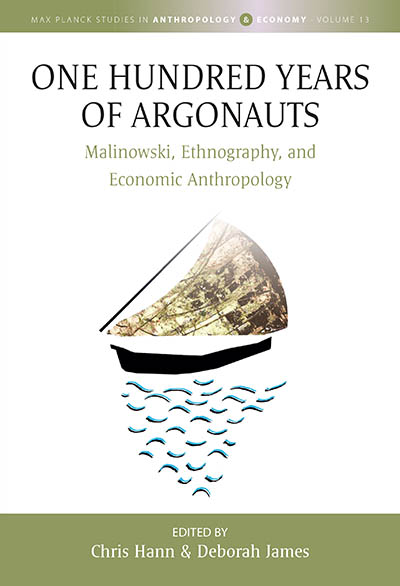 Published June 2024
Published June 2024 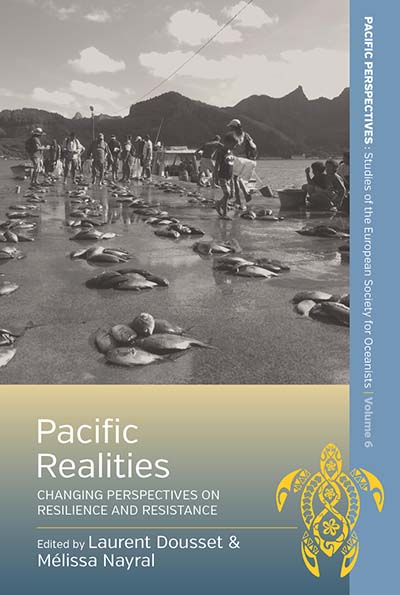 Published November 2018
Published November 2018  Published December 2024
Published December 2024 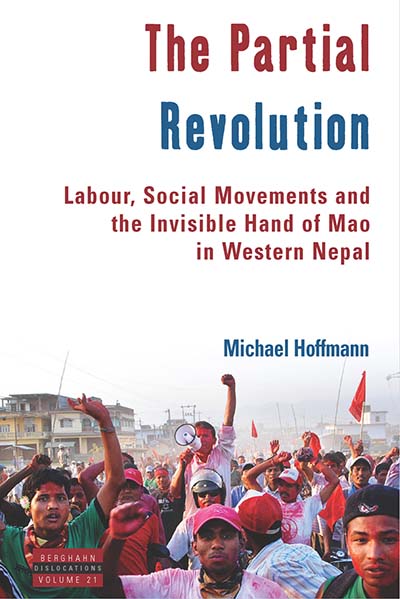 Published January 2018
Published January 2018  Published May 2025
Published May 2025 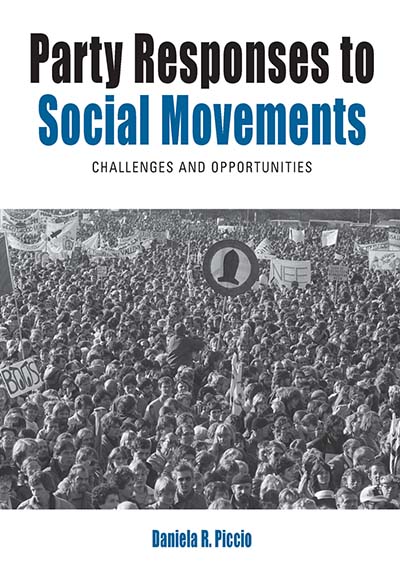 Published March 2019
Published March 2019  Forthcoming June 2026
Forthcoming June 2026 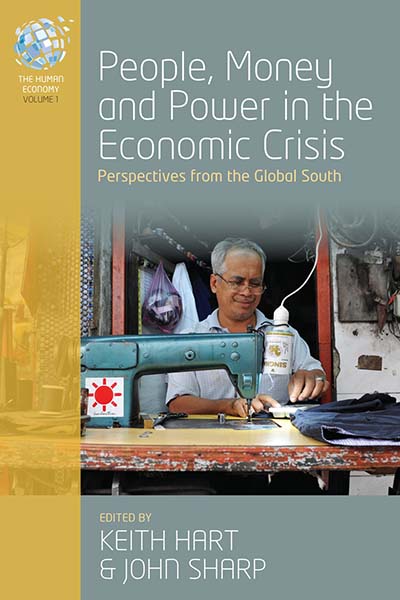 Published October 2014
Published October 2014  Published September 2024
Published September 2024  Published July 2018
Published July 2018  Published April 2019
Published April 2019 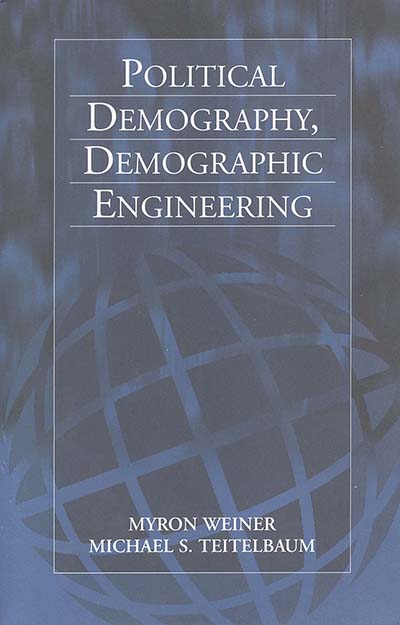 Published August 2001
Published August 2001 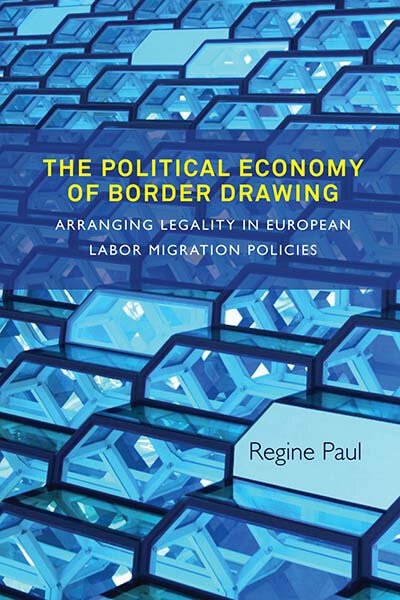 Published January 2015
Published January 2015 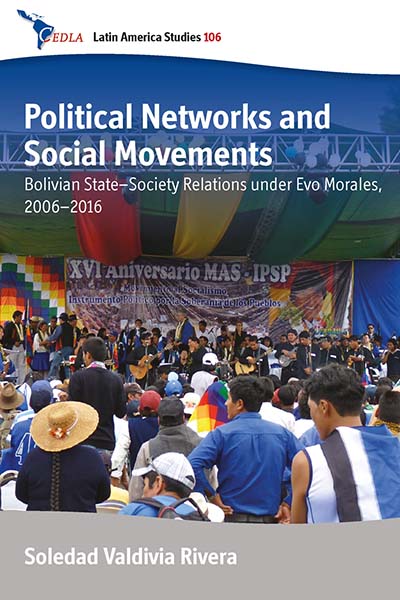 Published May 2019
Published May 2019 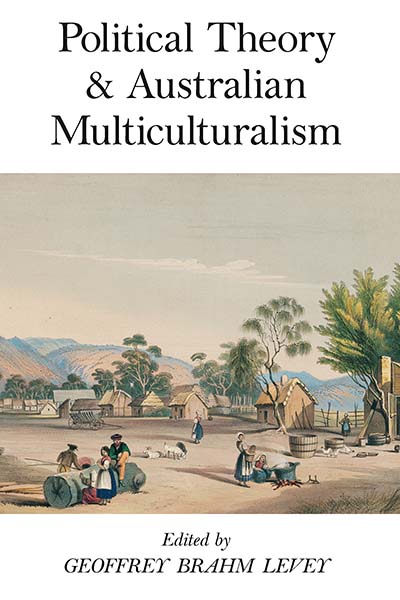 Published June 2008
Published June 2008 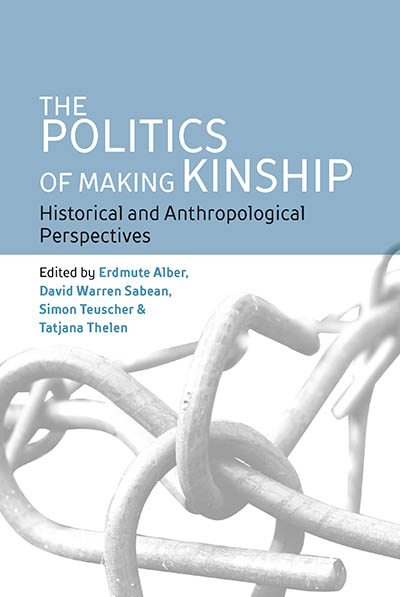 Published December 2022
Published December 2022 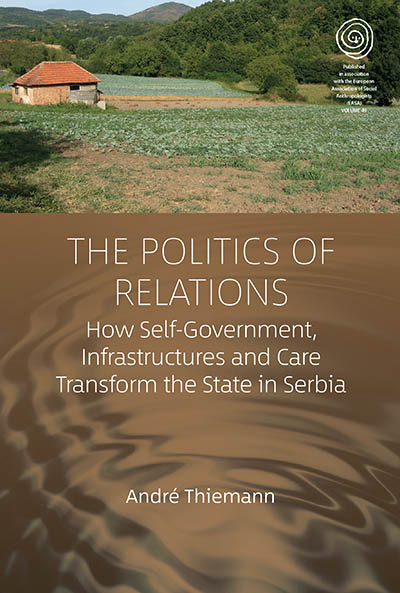 Published June 2024
Published June 2024 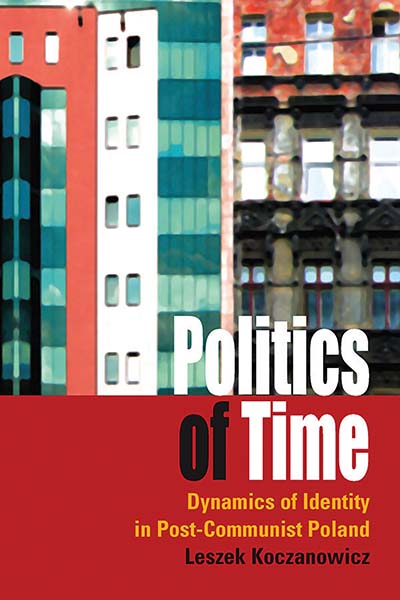 Published August 2008
Published August 2008 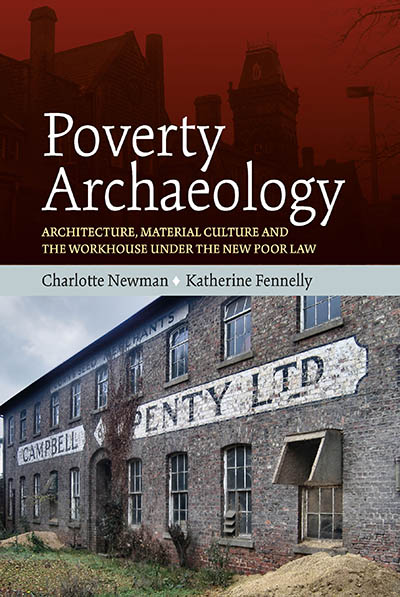 Published October 2023
Published October 2023 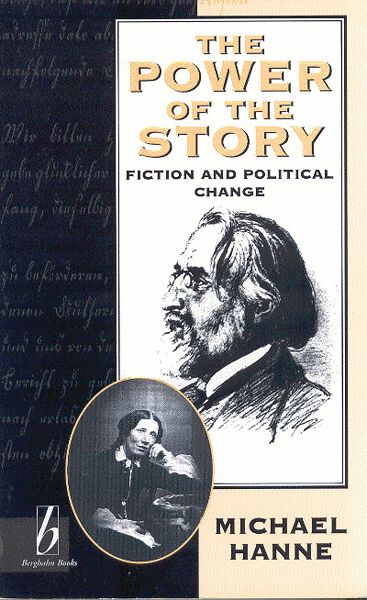 Published December 1994
Published December 1994 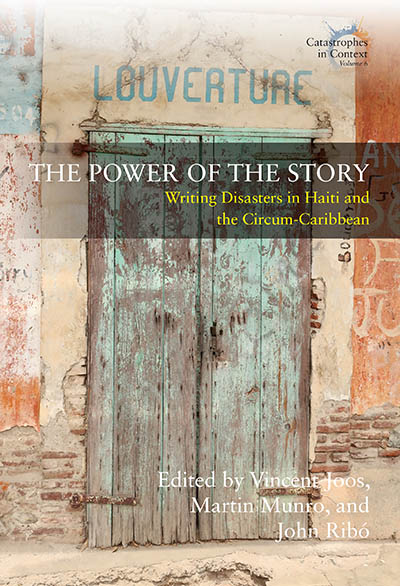 Published April 2023
Published April 2023 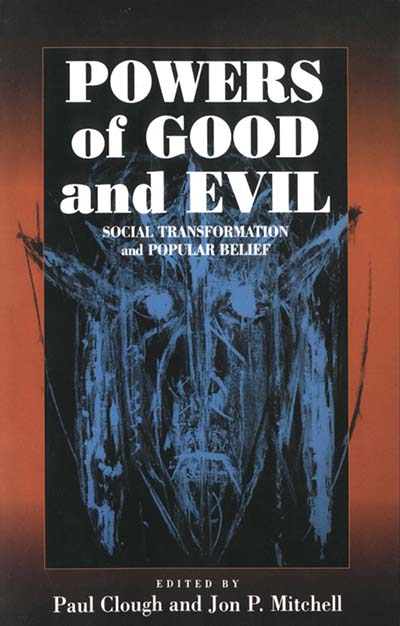 Published June 2001
Published June 2001 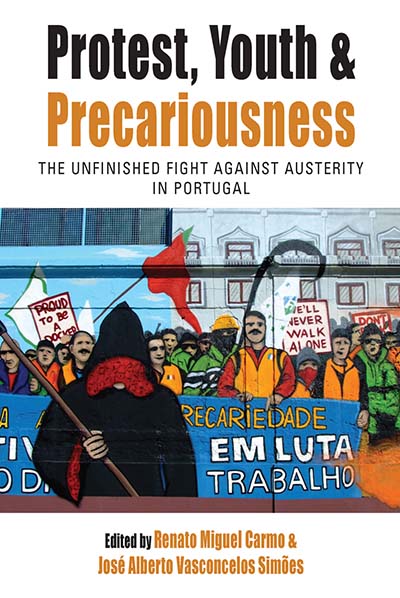 Published April 2020
Published April 2020  Published August 2020
Published August 2020  Published February 2025
Published February 2025 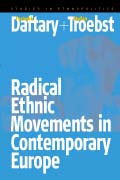 Published November 2003
Published November 2003  Forthcoming February 2026
Forthcoming February 2026  Published December 2024
Published December 2024 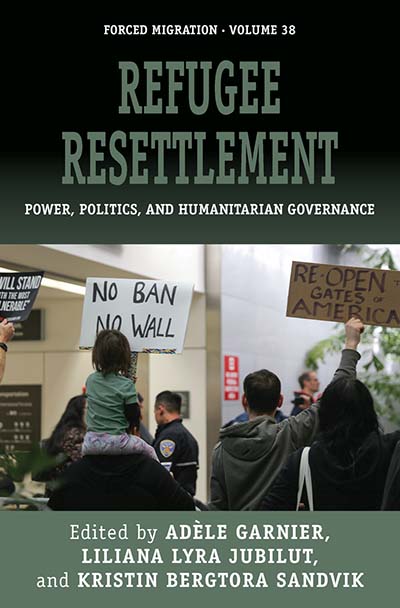 Published August 2018
Published August 2018 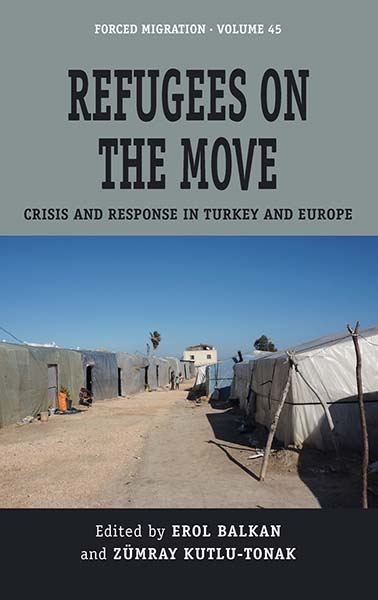 Published February 2022
Published February 2022 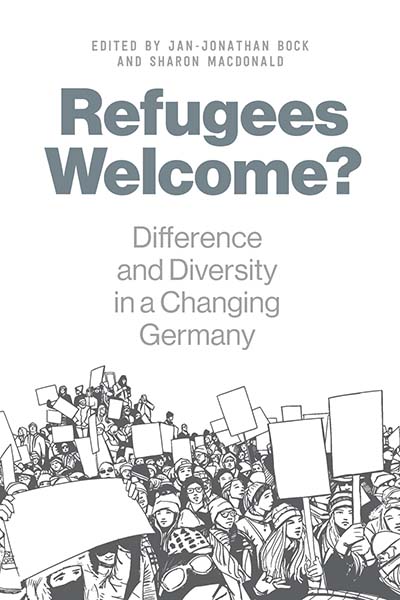 Published January 2019
Published January 2019 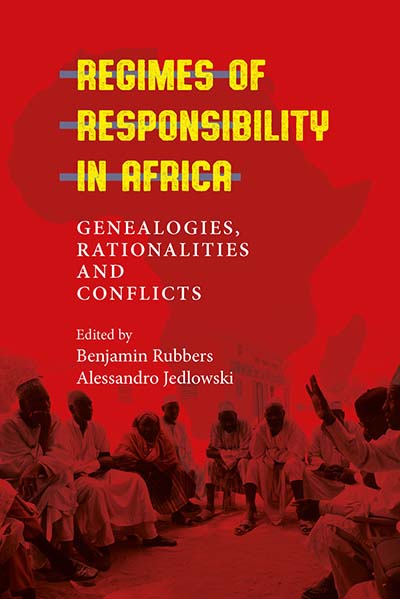 Published October 2019
Published October 2019 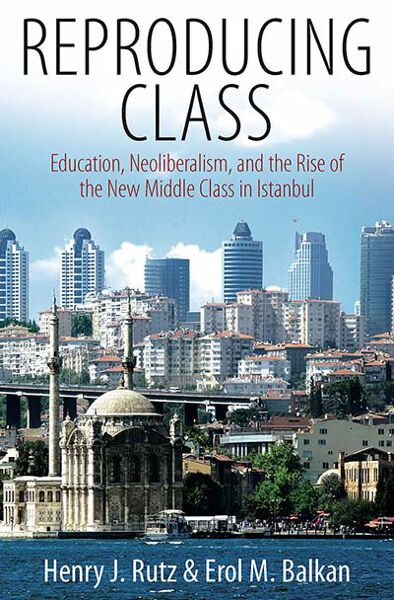 Published February 2009
Published February 2009  Published February 2023
Published February 2023 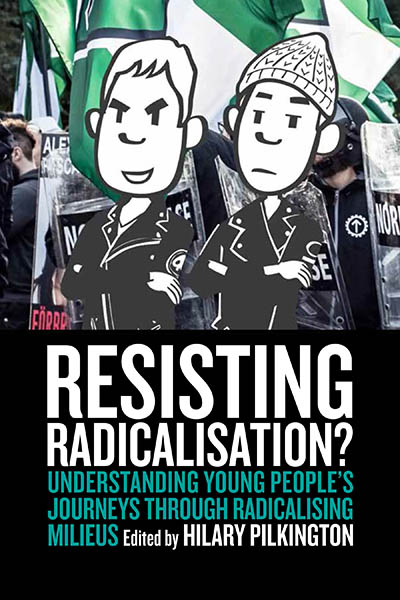 Published November 2023
Published November 2023 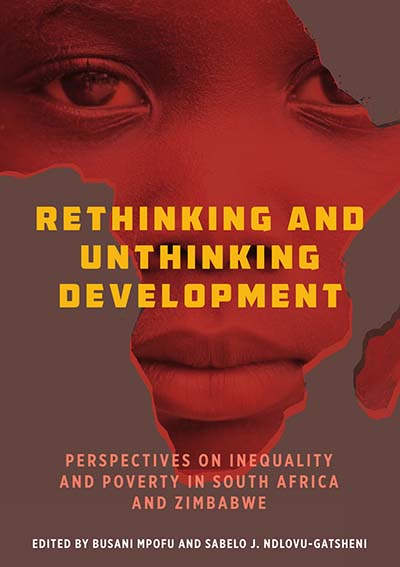 Published March 2019
Published March 2019 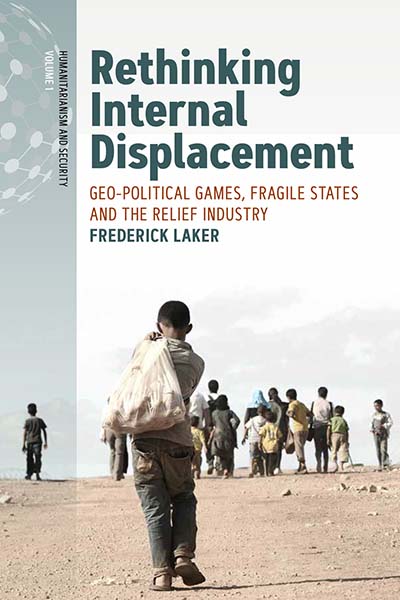 Published November 2021
Published November 2021 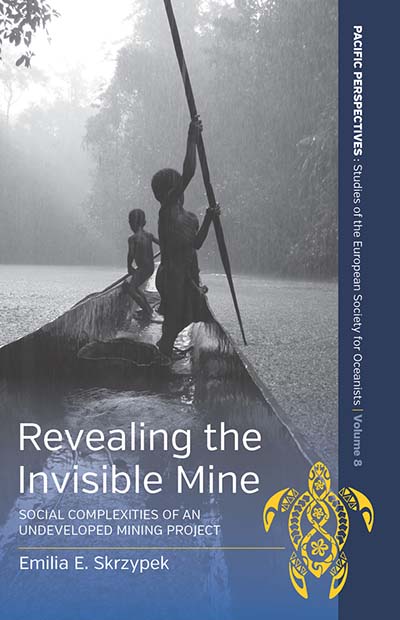 Published October 2020
Published October 2020  Published December 2025
Published December 2025 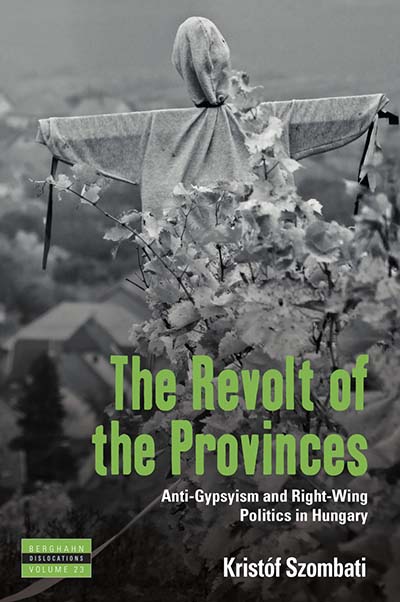 Published June 2018
Published June 2018  Published April 2005
Published April 2005 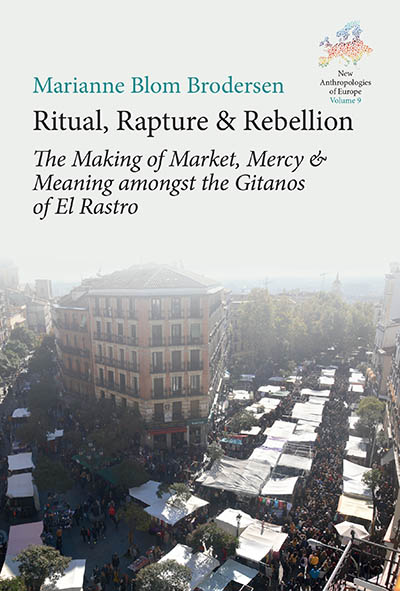 Published November 2024
Published November 2024 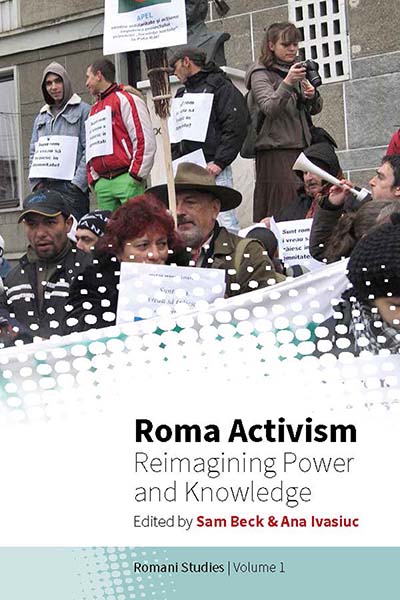 Published August 2018
Published August 2018 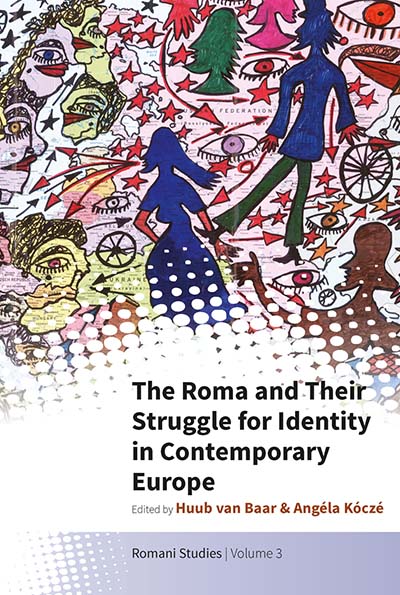 Published February 2020
Published February 2020 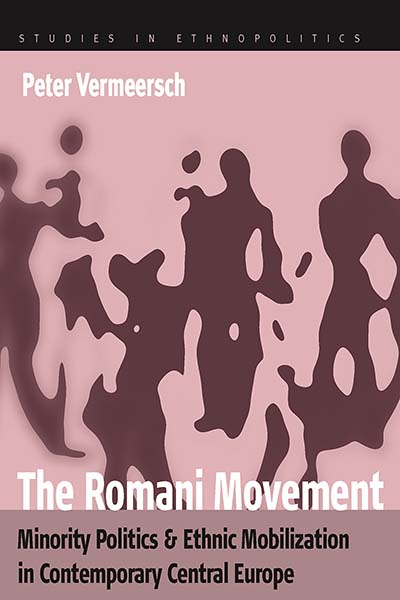 Published August 2006
Published August 2006 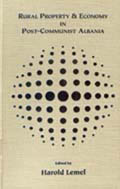 Published March 2000
Published March 2000 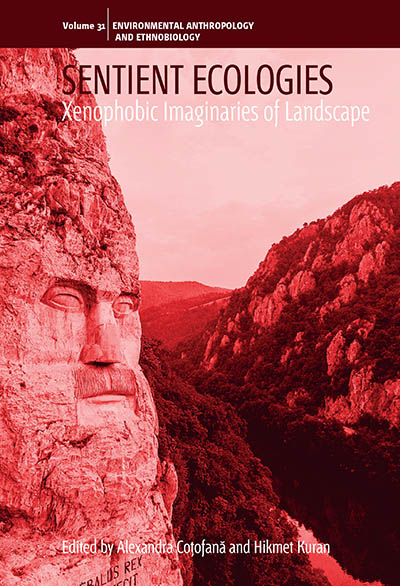 Published November 2022
Published November 2022 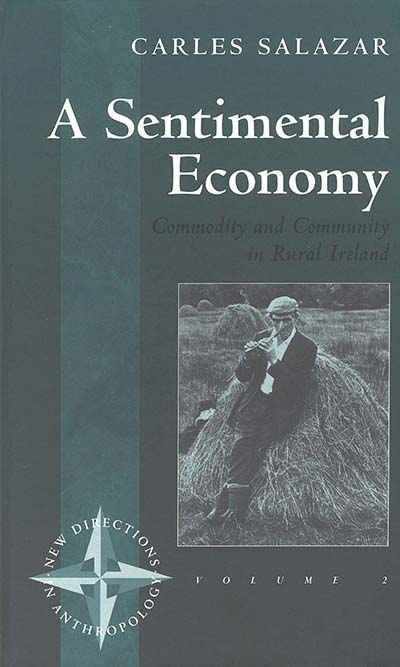 Published July 1996
Published July 1996 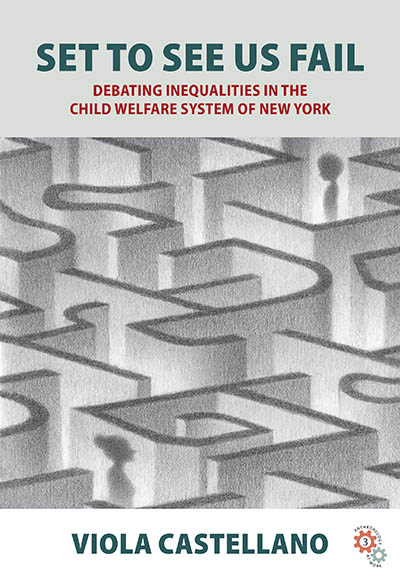 Published March 2023
Published March 2023 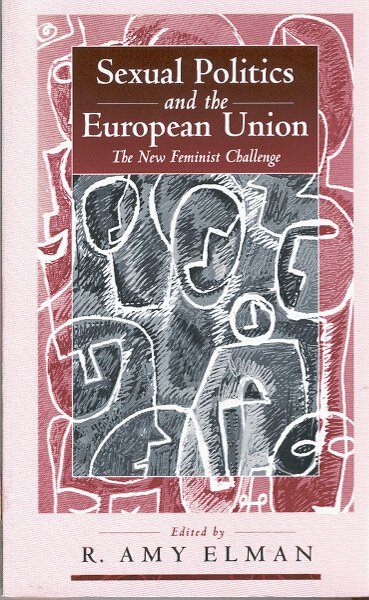 Published February 1996
Published February 1996 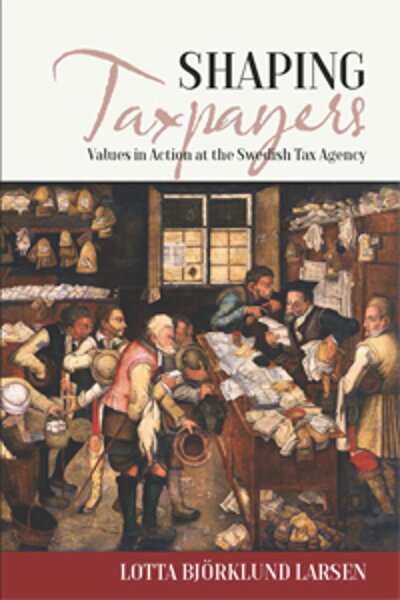 Published February 2017
Published February 2017  Published November 2024
Published November 2024 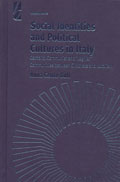 Published January 2001
Published January 2001 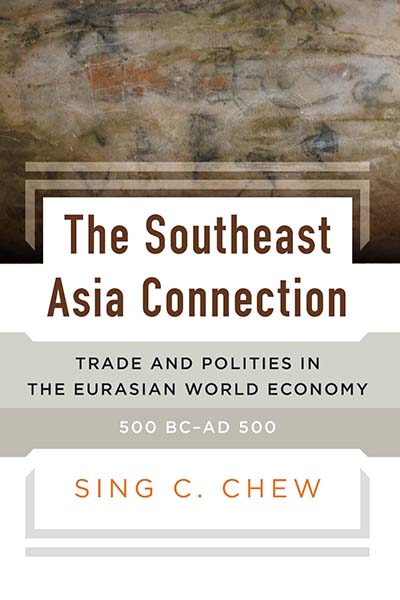 Published March 2018
Published March 2018 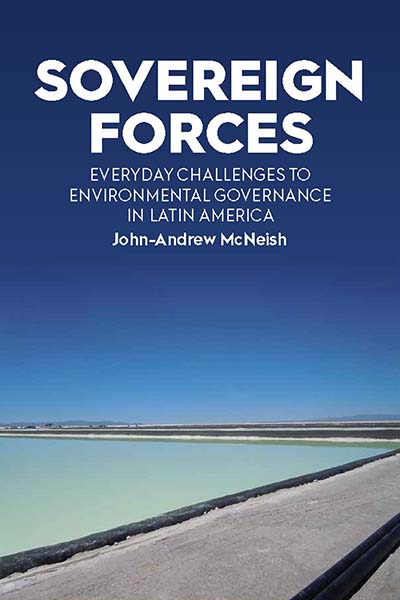 Published June 2021
Published June 2021 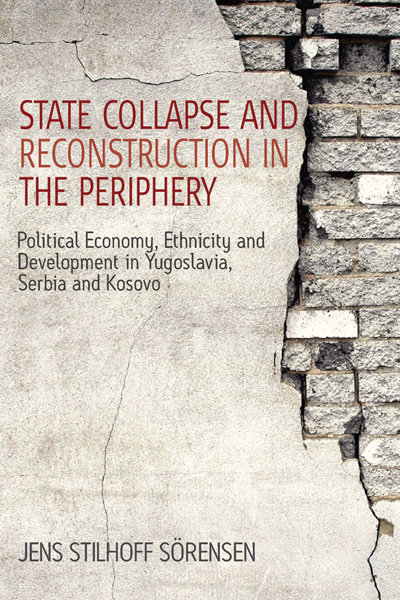 Published May 2009
Published May 2009 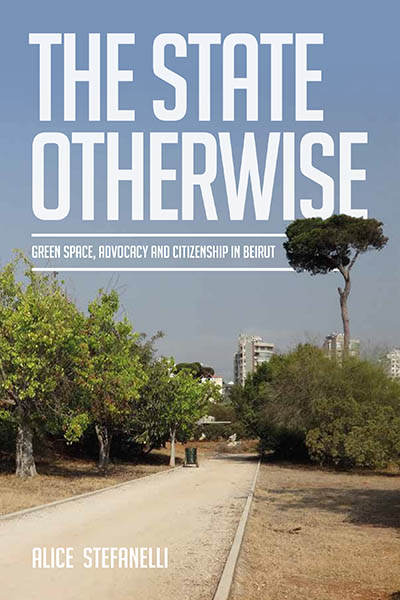 Published August 2024
Published August 2024 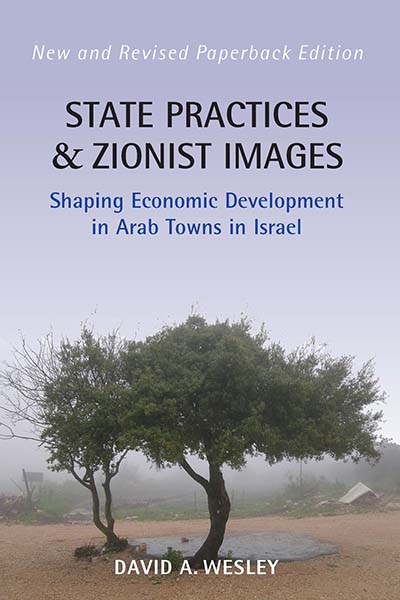 Published January 2013
Published January 2013 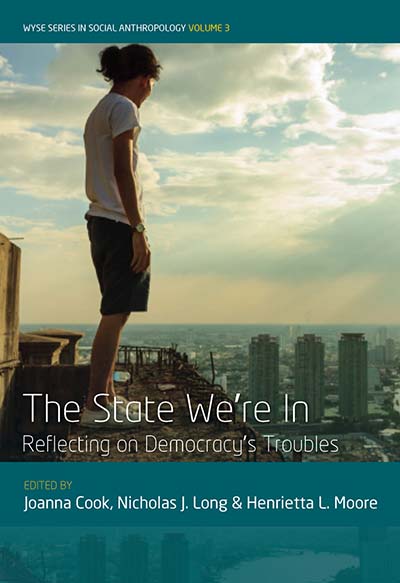 Published July 2016
Published July 2016 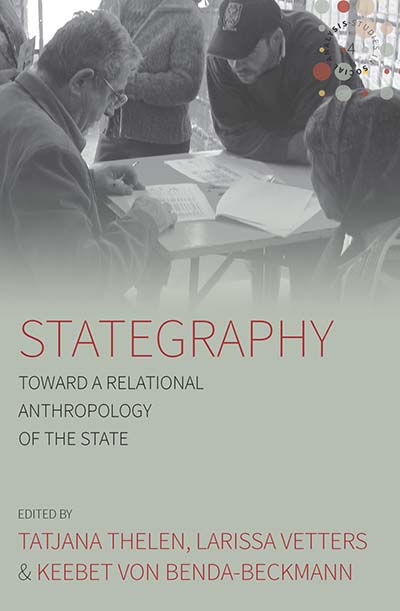 Published November 2017
Published November 2017 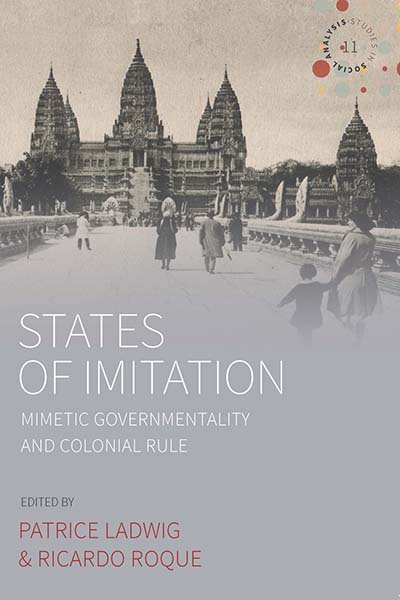 Published June 2020
Published June 2020 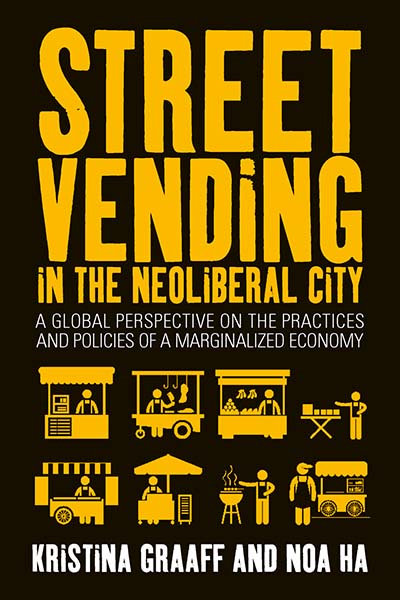 Published October 2015
Published October 2015 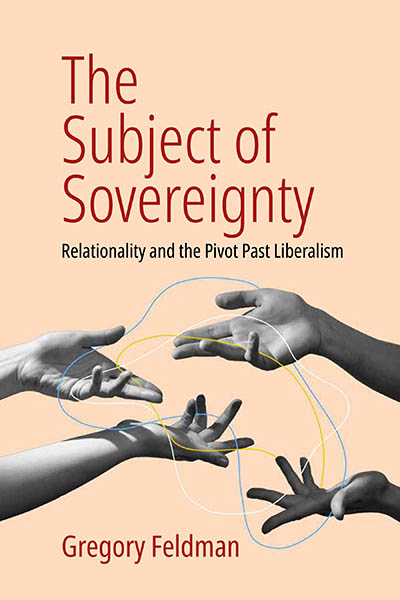 Published October 2023
Published October 2023 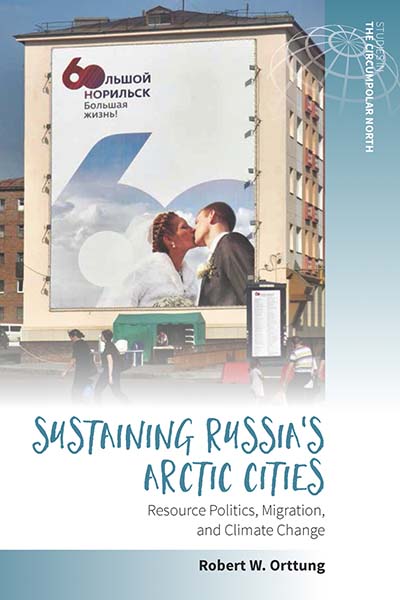 Published November 2016
Published November 2016 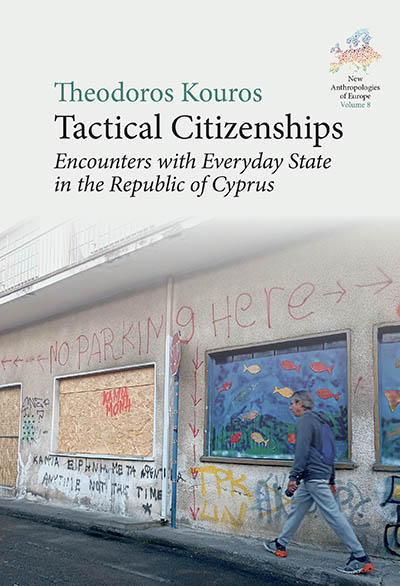 Published October 2024
Published October 2024  Published December 2022
Published December 2022 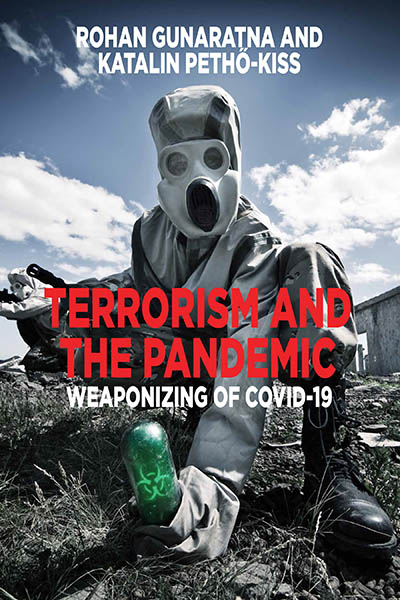 Published February 2023
Published February 2023  Forthcoming June 2026
Forthcoming June 2026 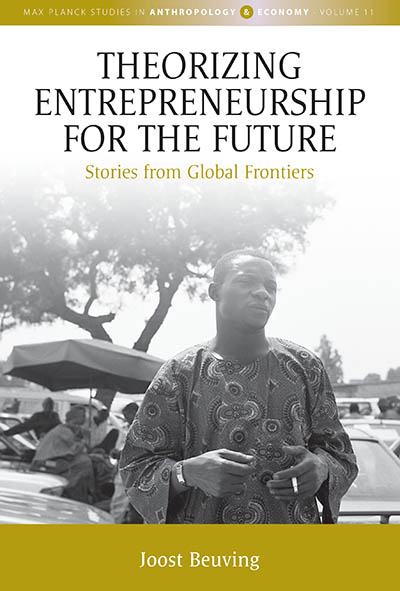 Published June 2023
Published June 2023 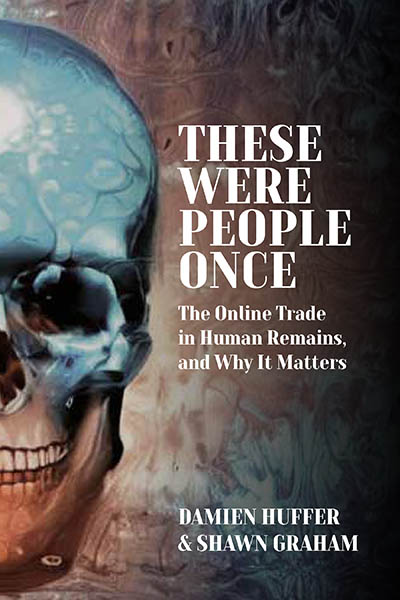 Published September 2023
Published September 2023 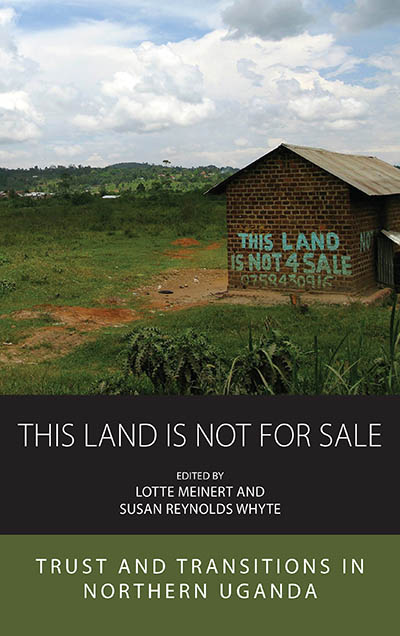 Published January 2023
Published January 2023 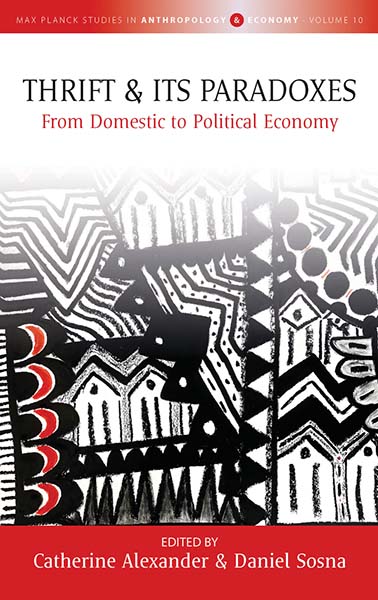 Published April 2022
Published April 2022 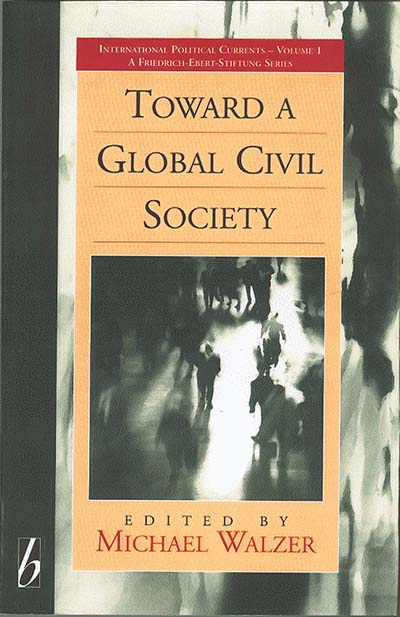 Published January 1995
Published January 1995  Published April 2025
Published April 2025  Published February 2025
Published February 2025  Published November 2014
Published November 2014 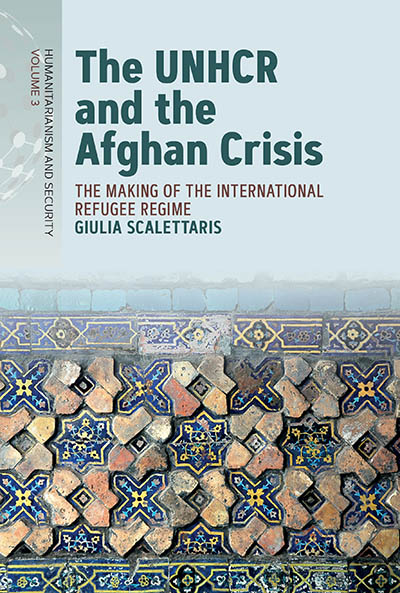 Published November 2023
Published November 2023  Published March 2025
Published March 2025 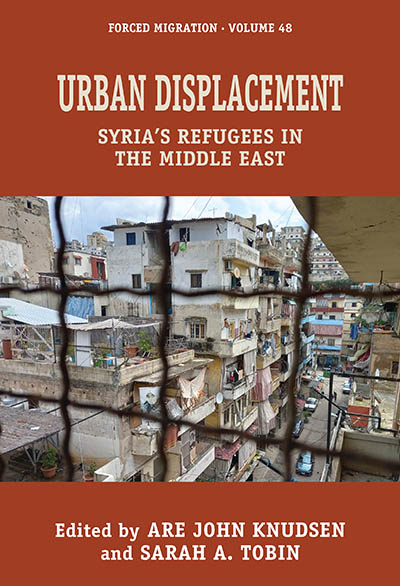 Published March 2024
Published March 2024  Published January 2025
Published January 2025 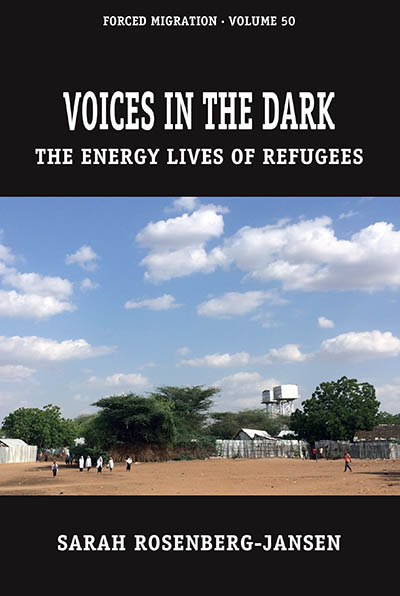 Published October 2024
Published October 2024  Published September 2019
Published September 2019 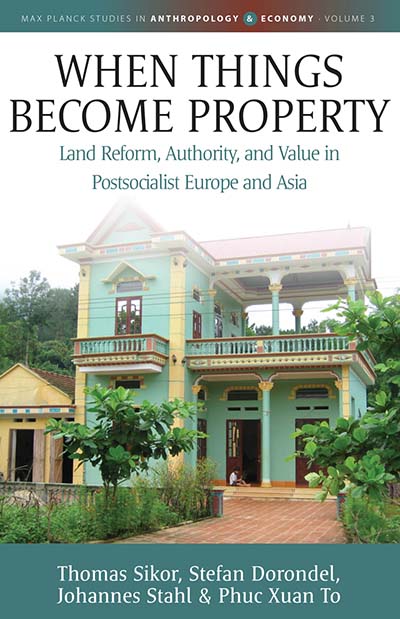 Published April 2017
Published April 2017  Forthcoming February 2026
Forthcoming February 2026  Published June 2023
Published June 2023  Published January 2004
Published January 2004 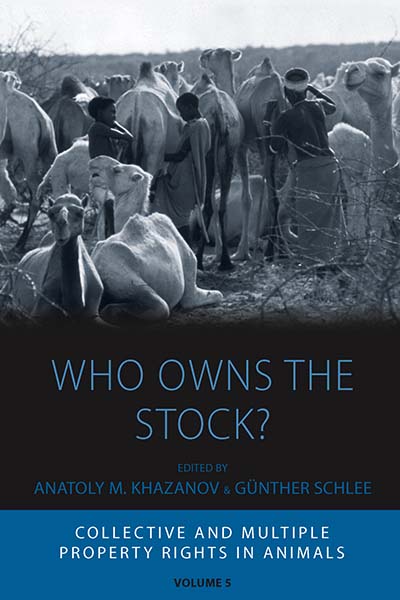 Published August 2012
Published August 2012 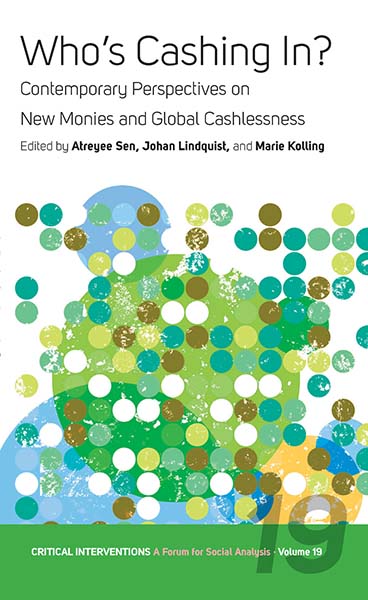 Published August 2020
Published August 2020 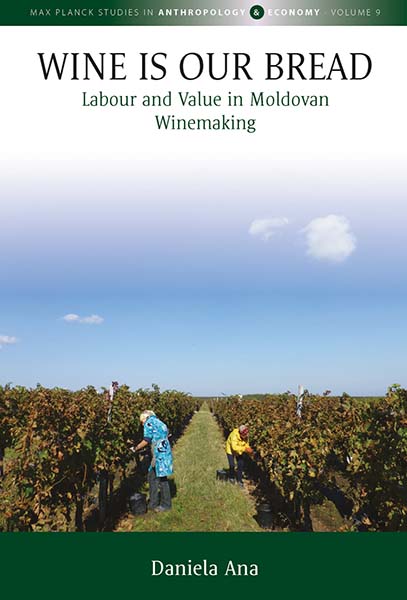 Published May 2022
Published May 2022  Published April 2025
Published April 2025  Published June 2025
Published June 2025 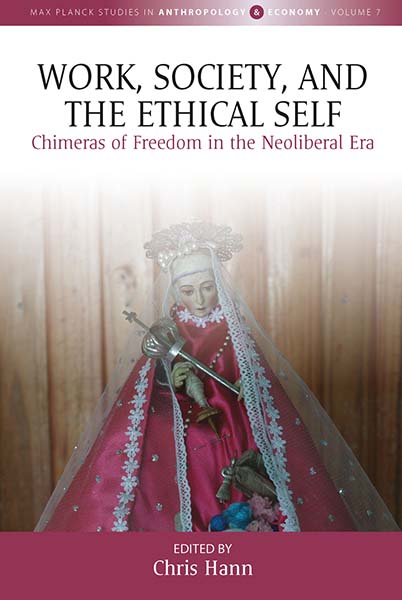 Published September 2021
Published September 2021  Forthcoming March 2026
Forthcoming March 2026 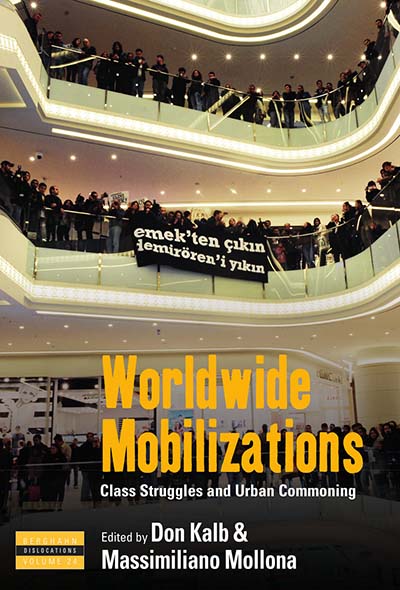 Published June 2018
Published June 2018 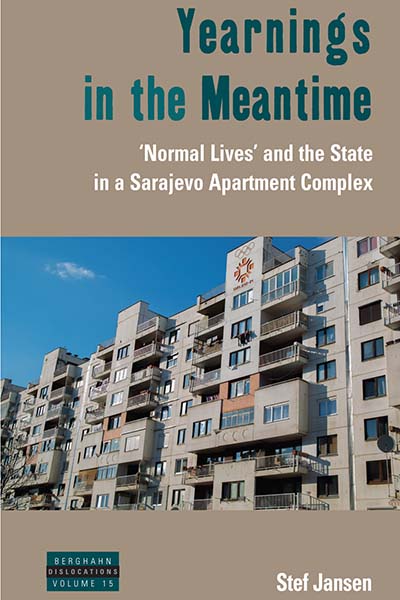 Published June 2015
Published June 2015